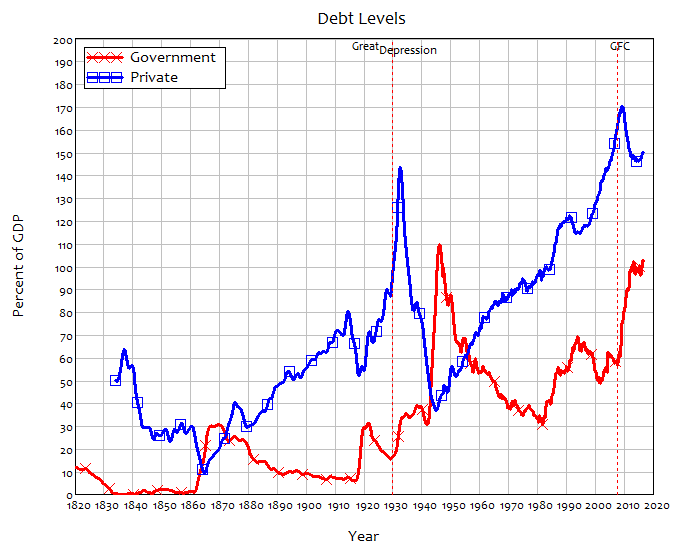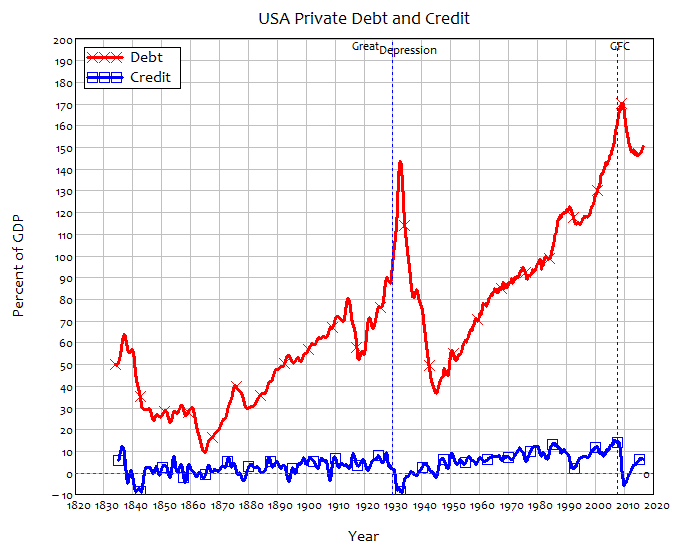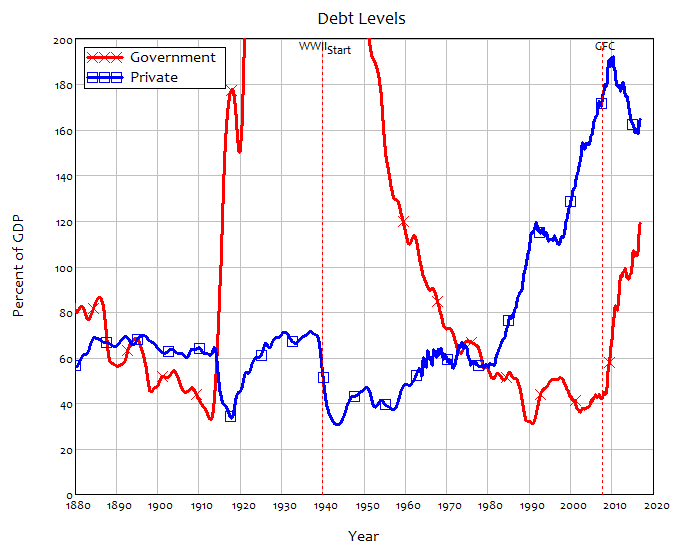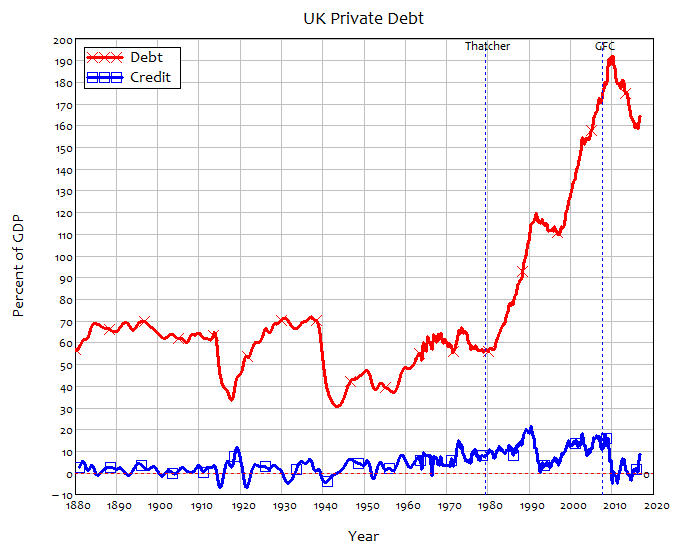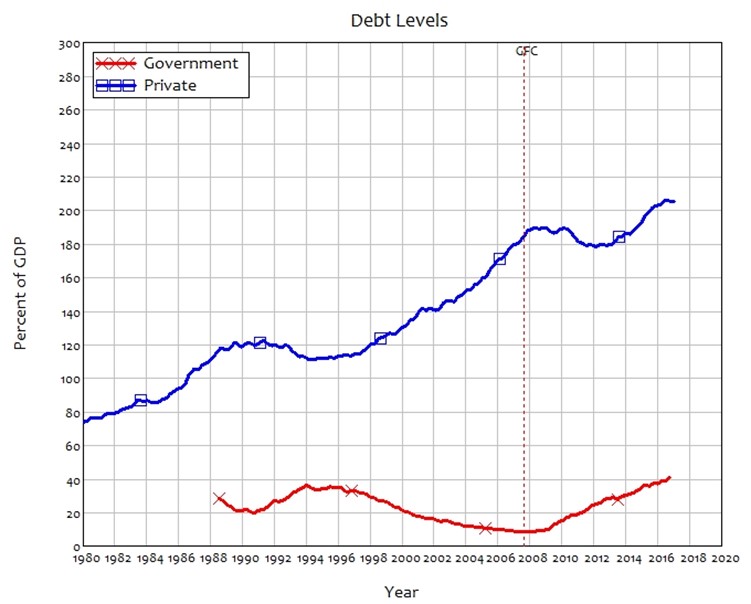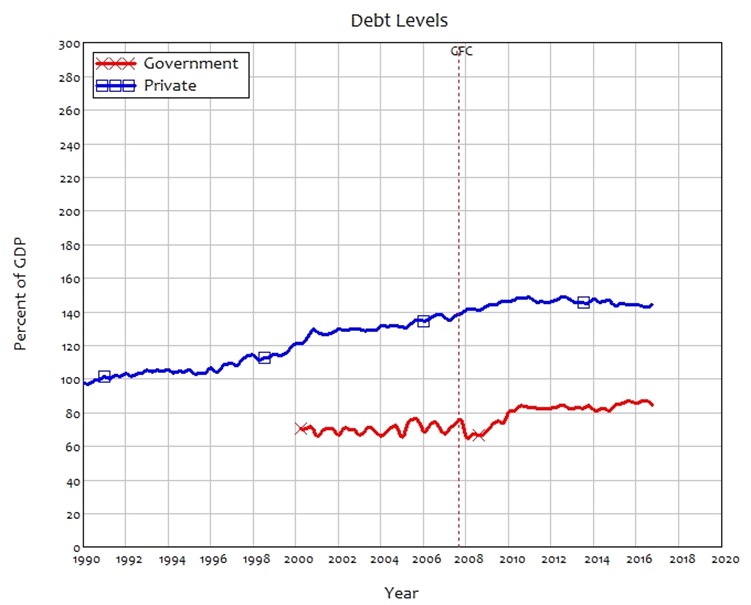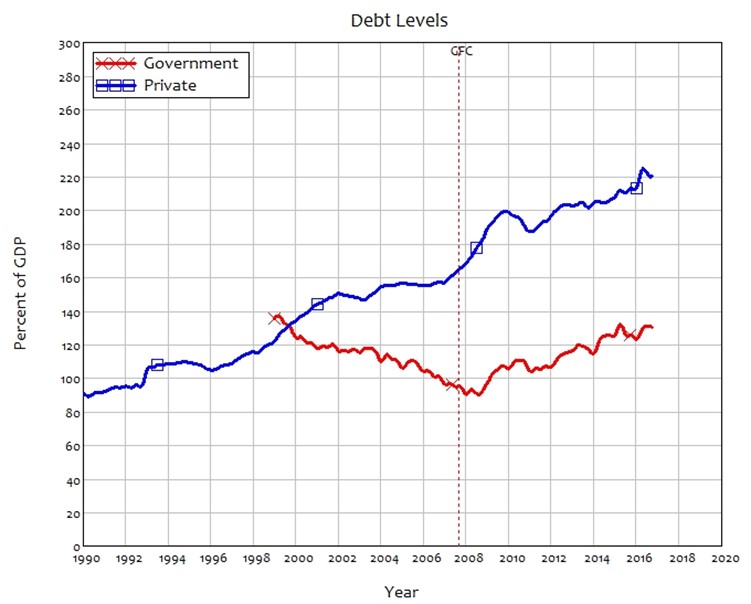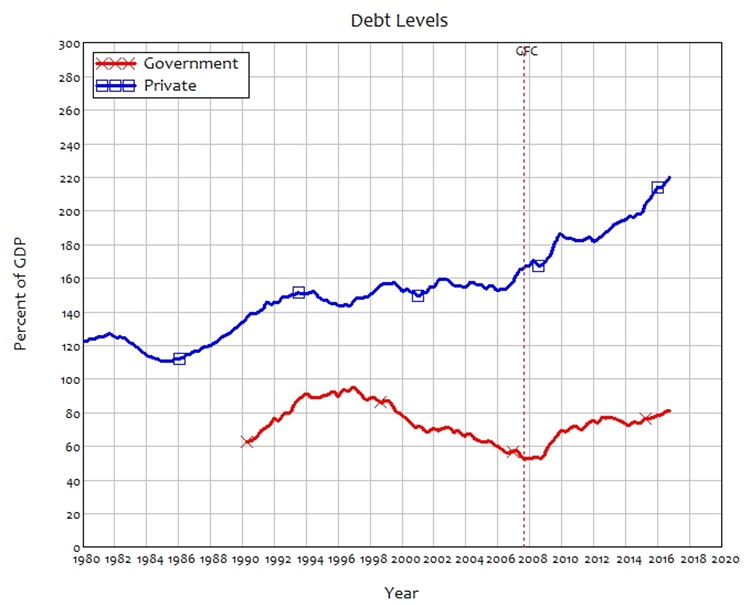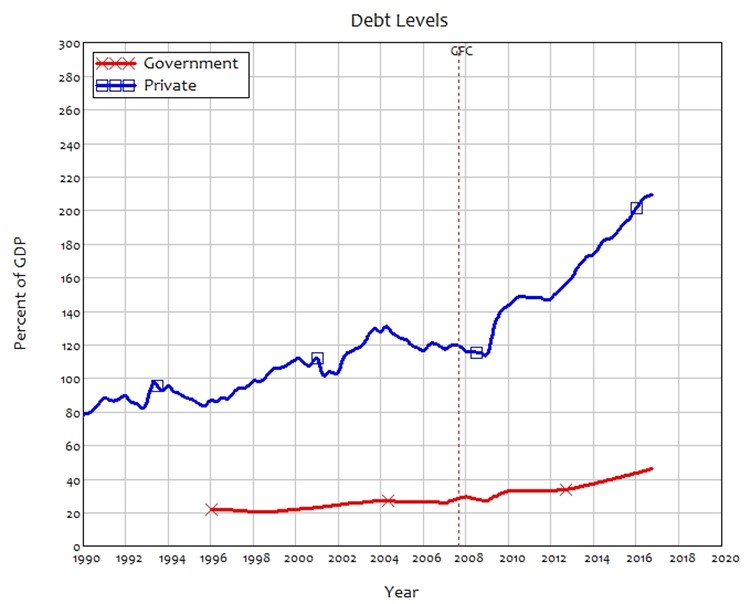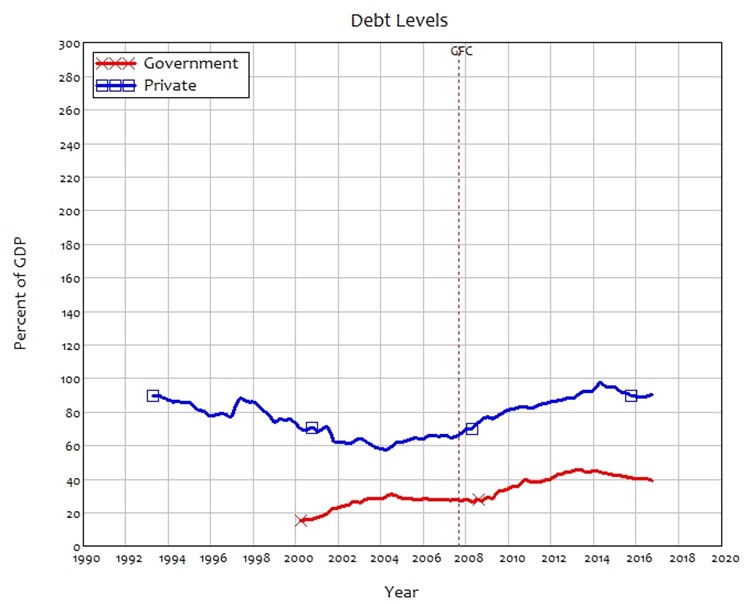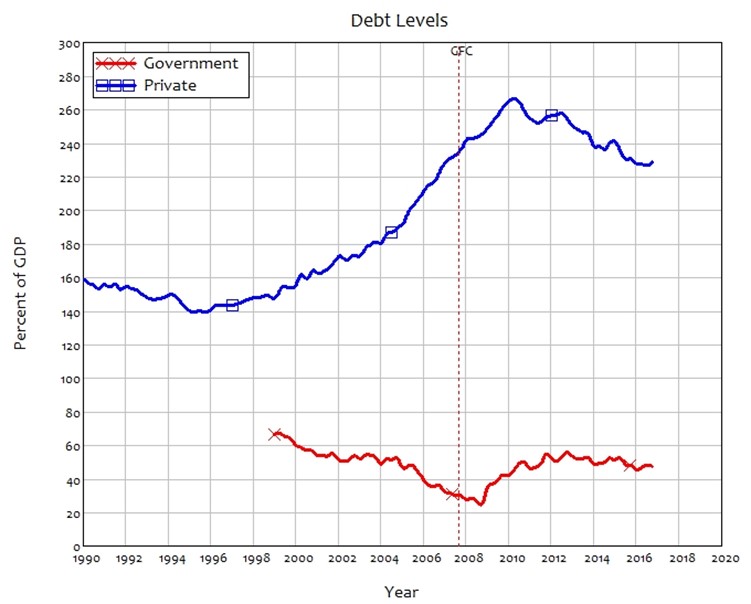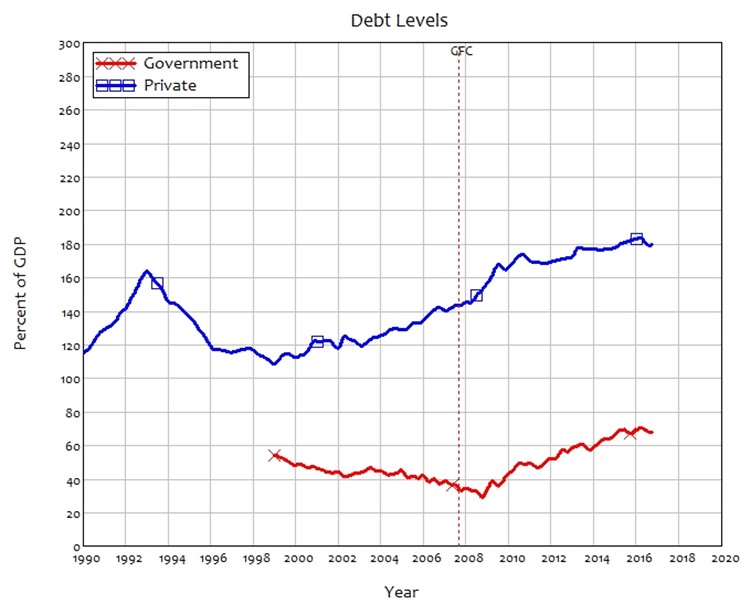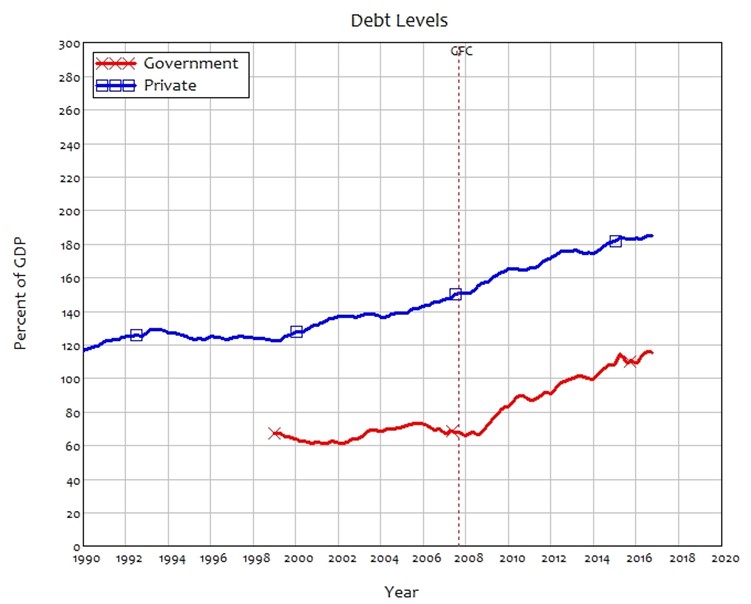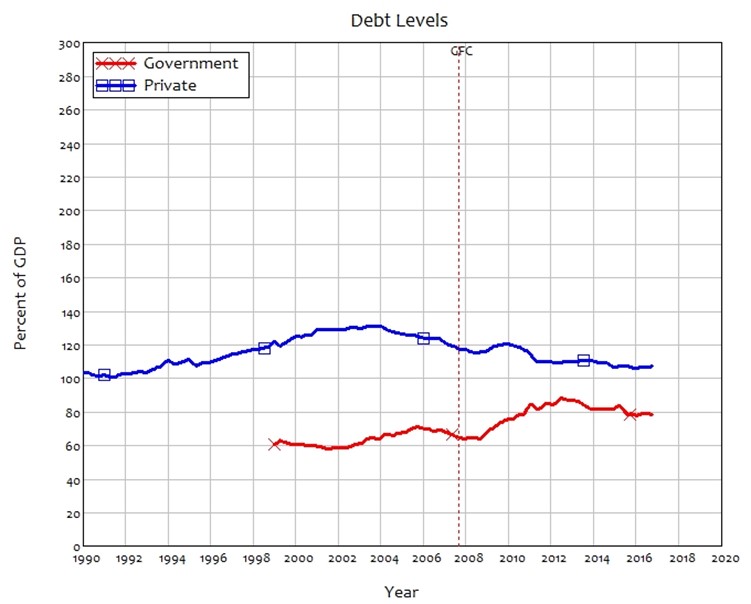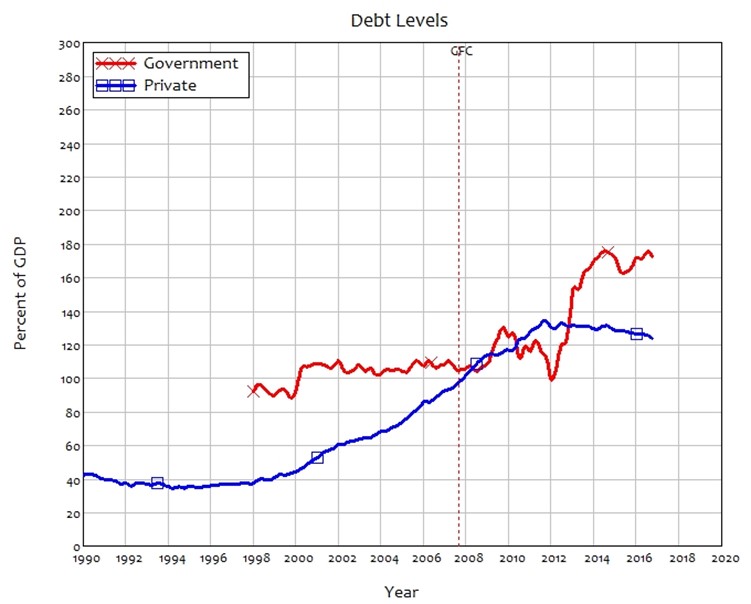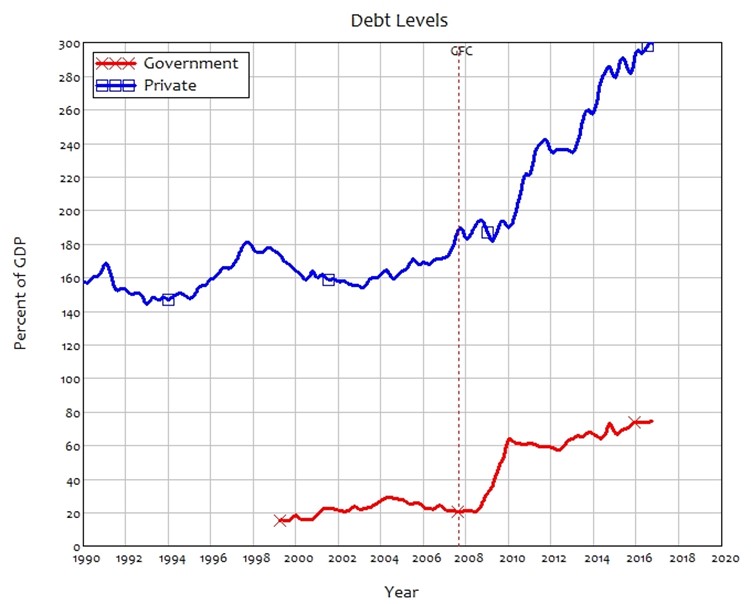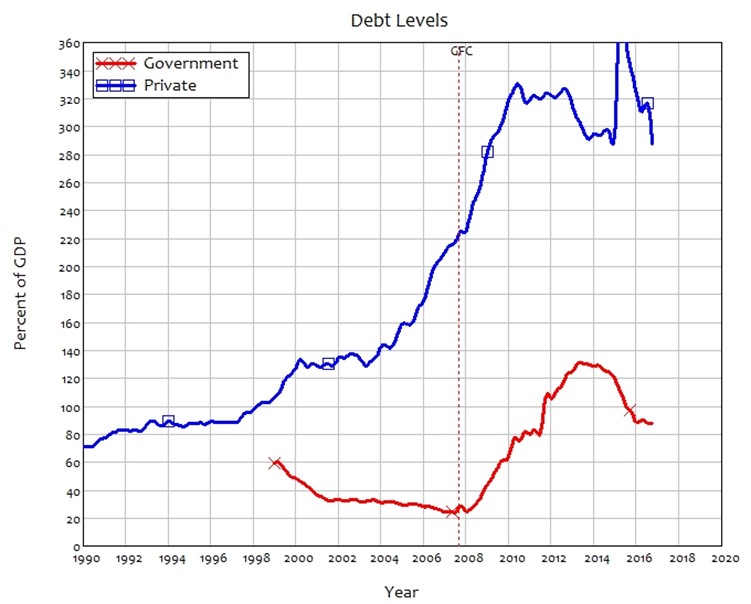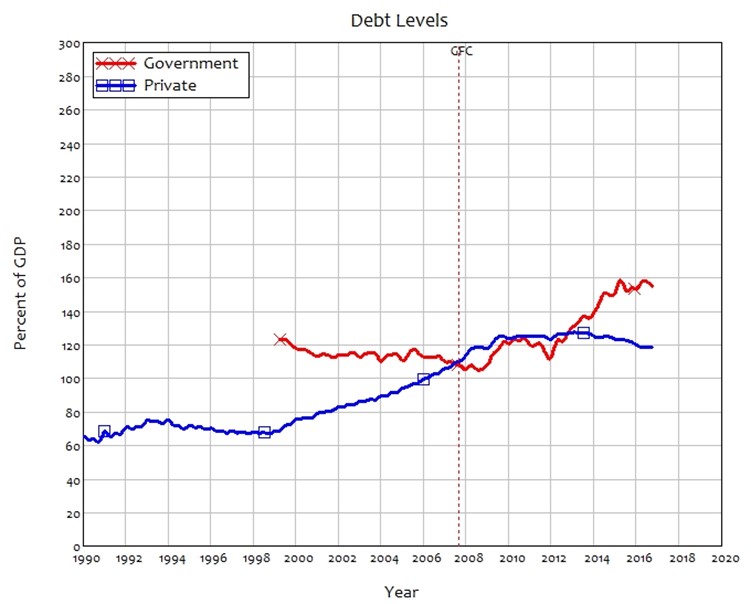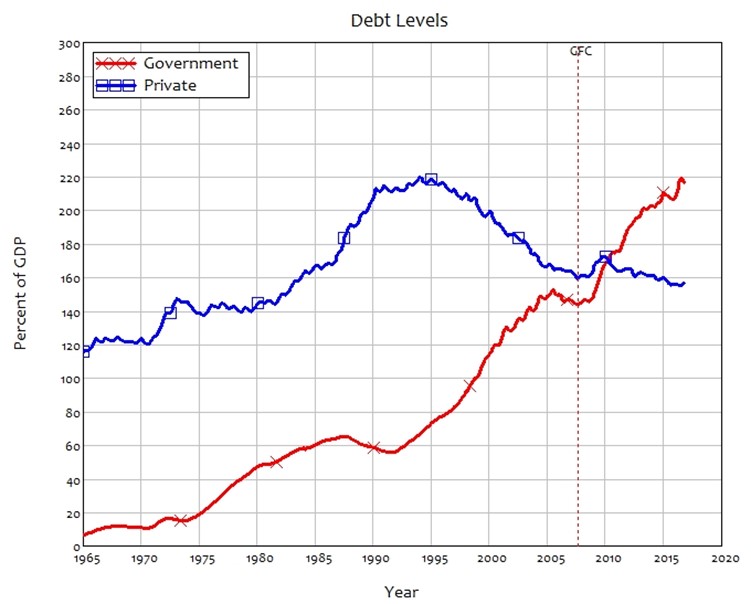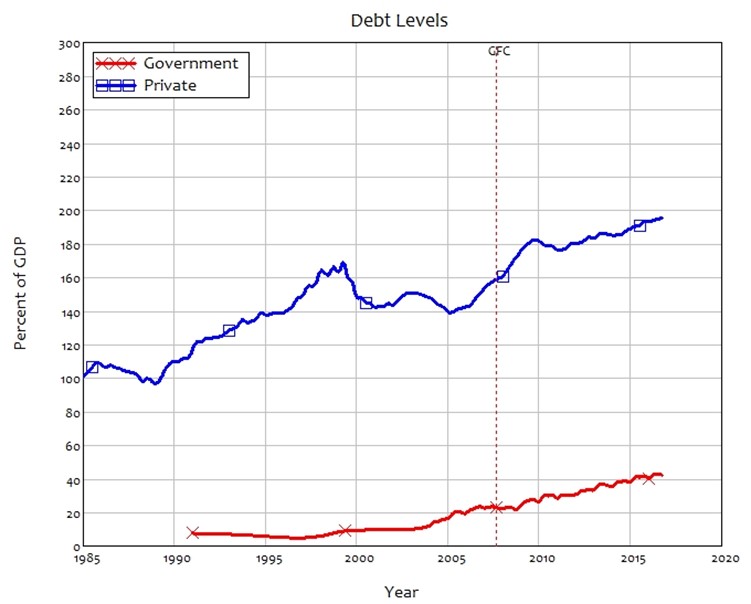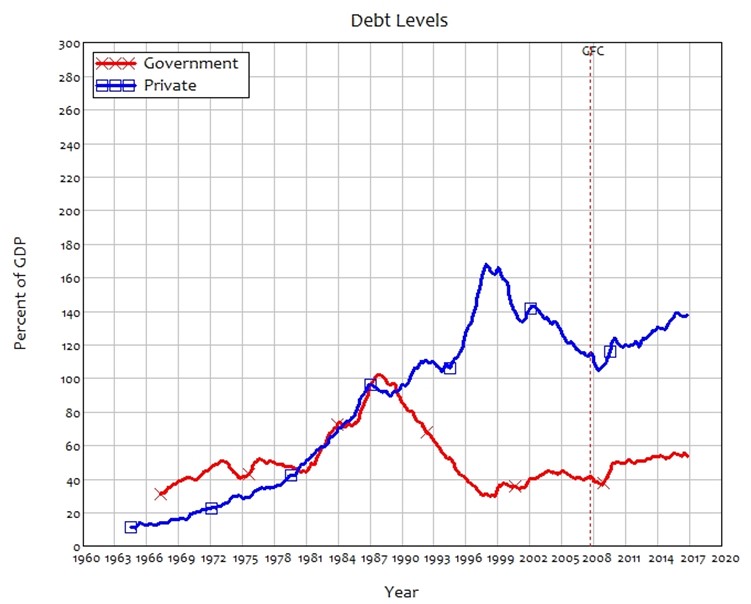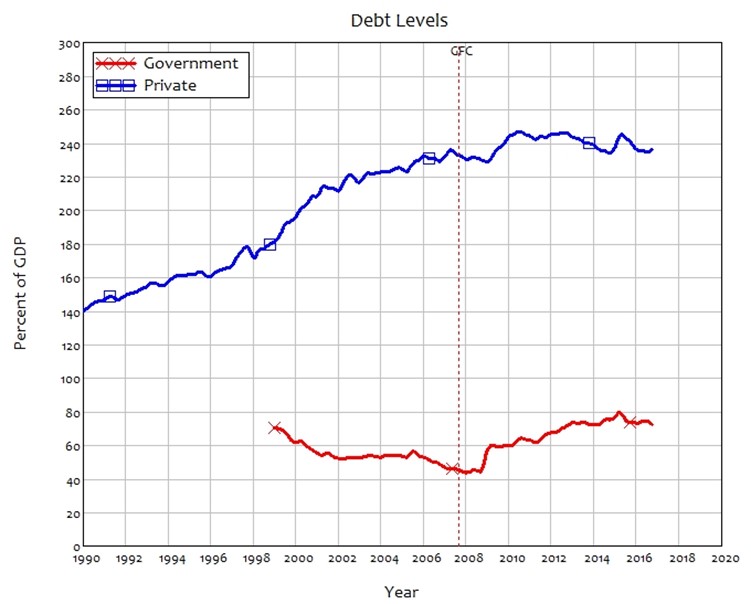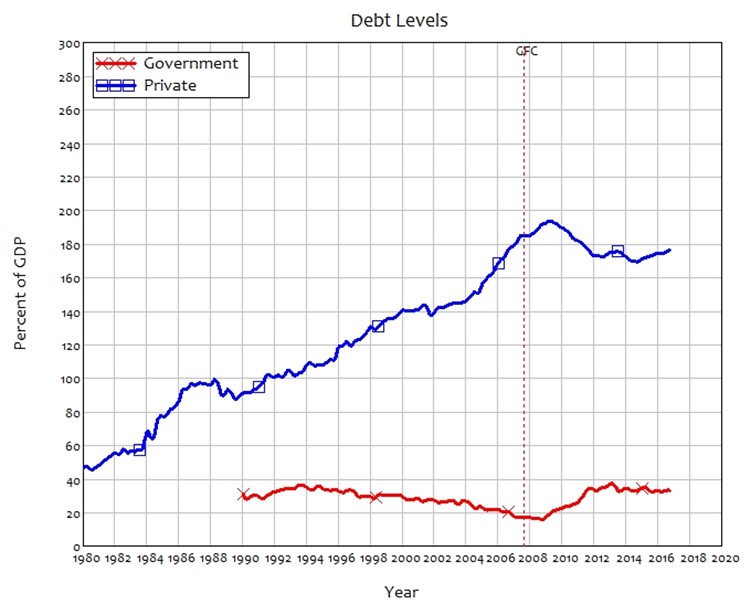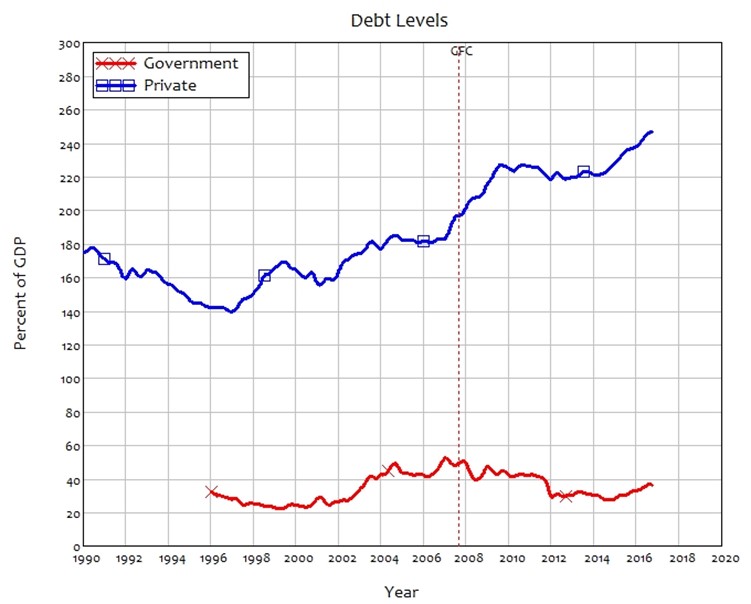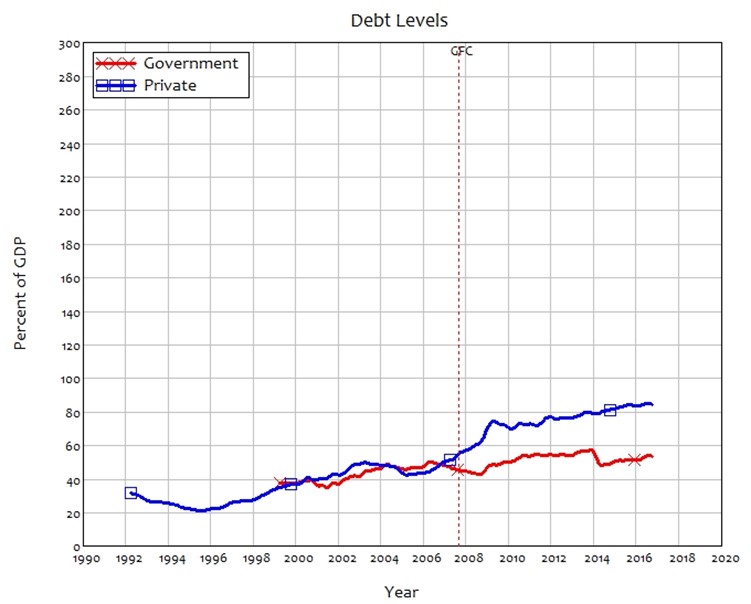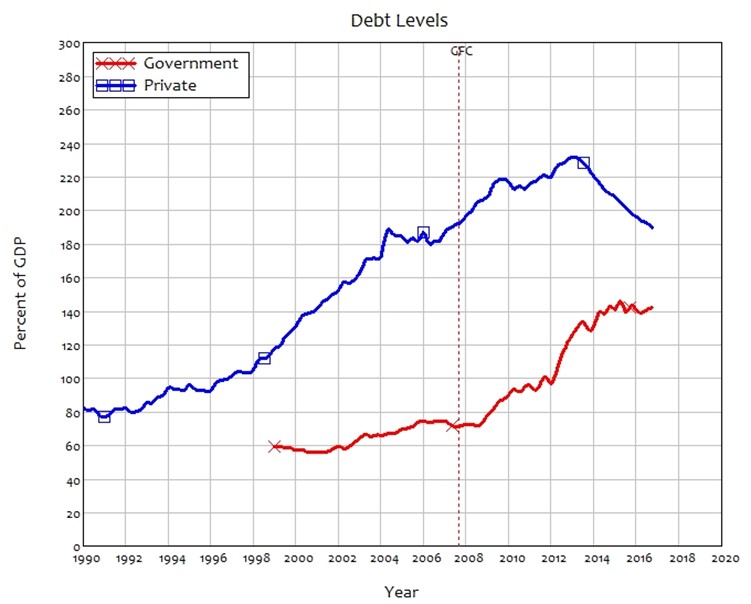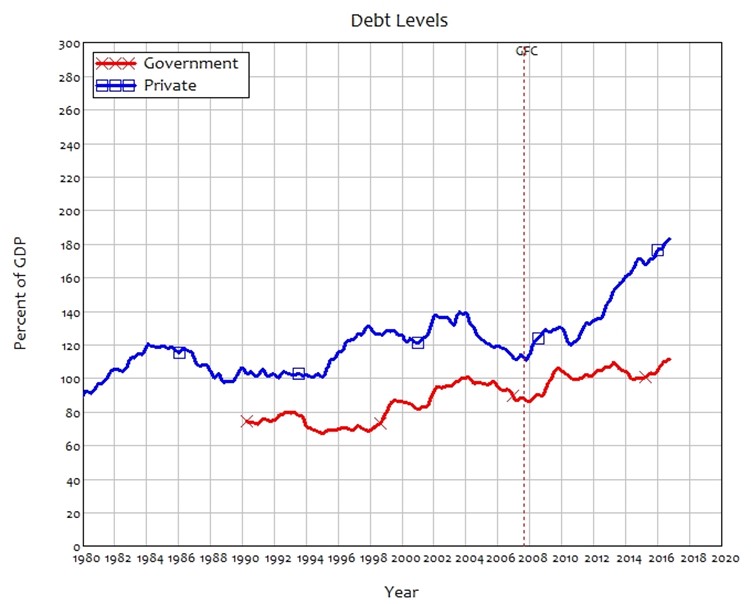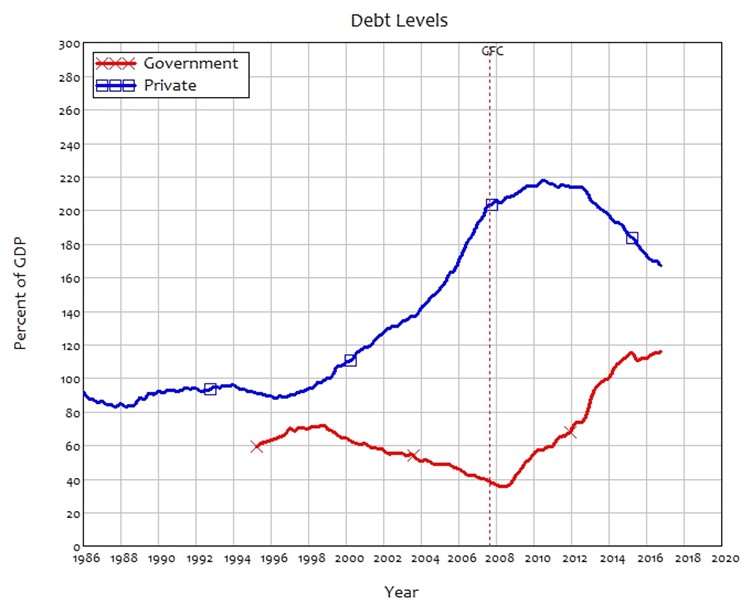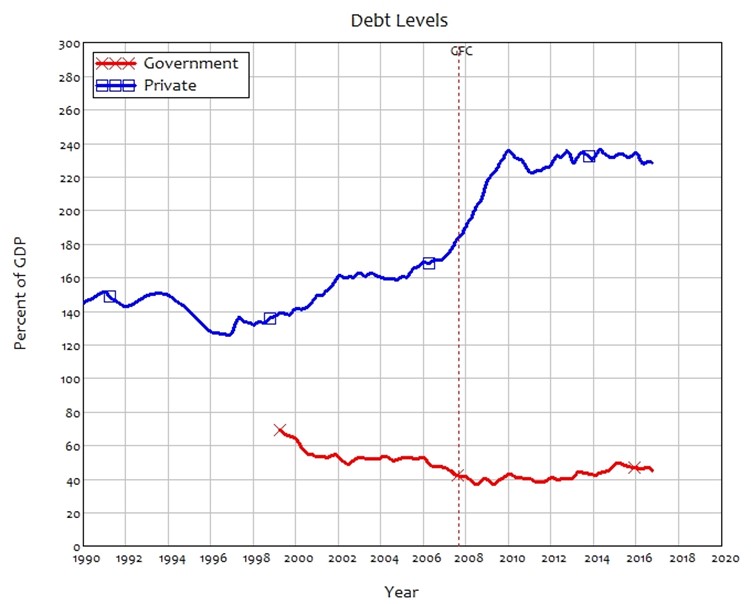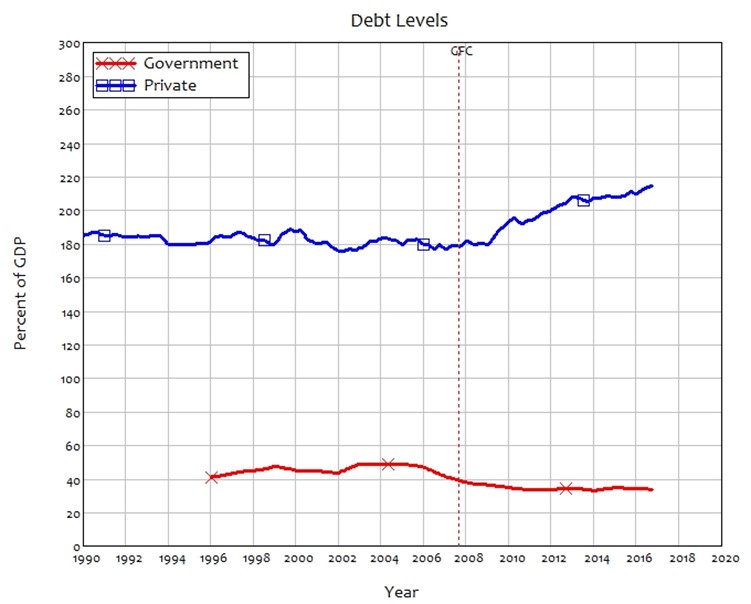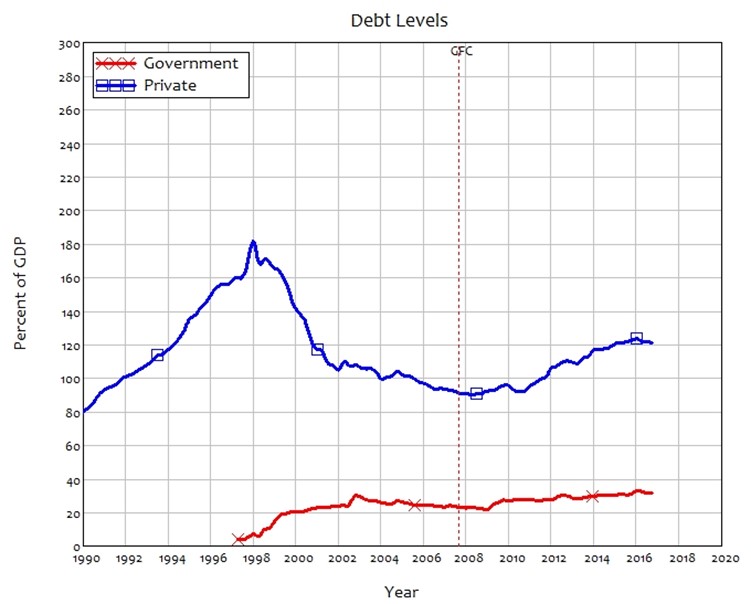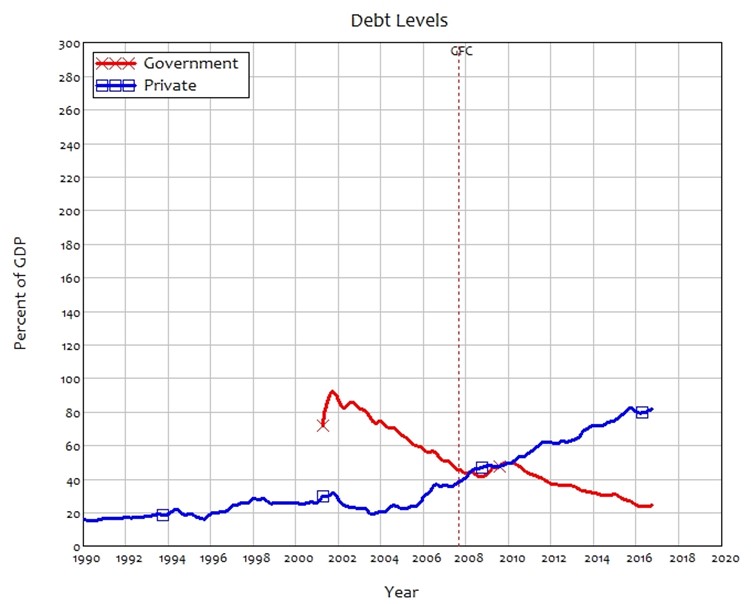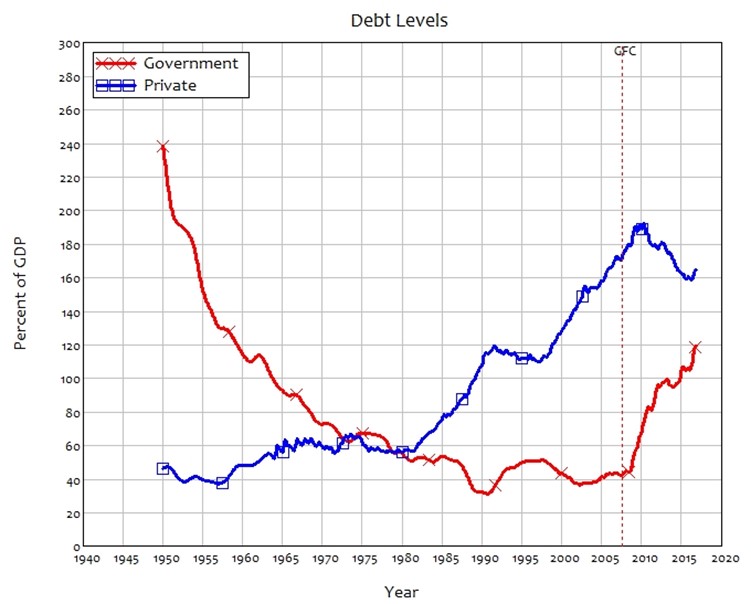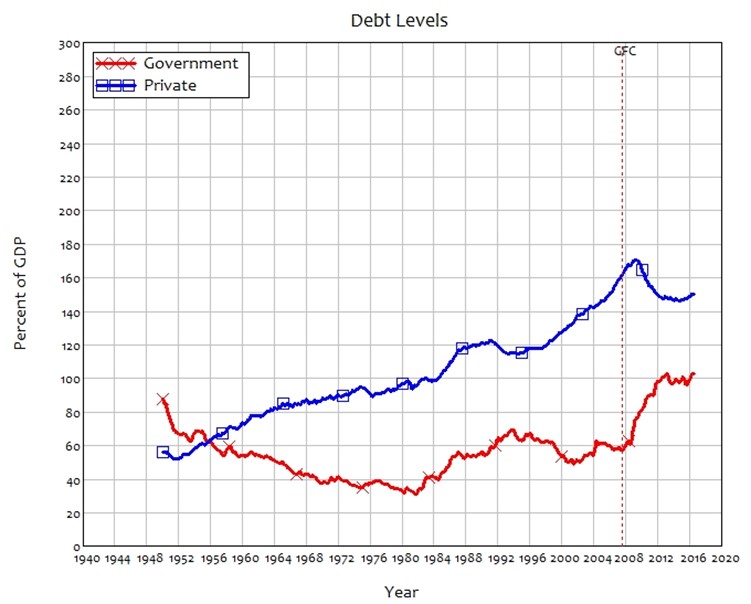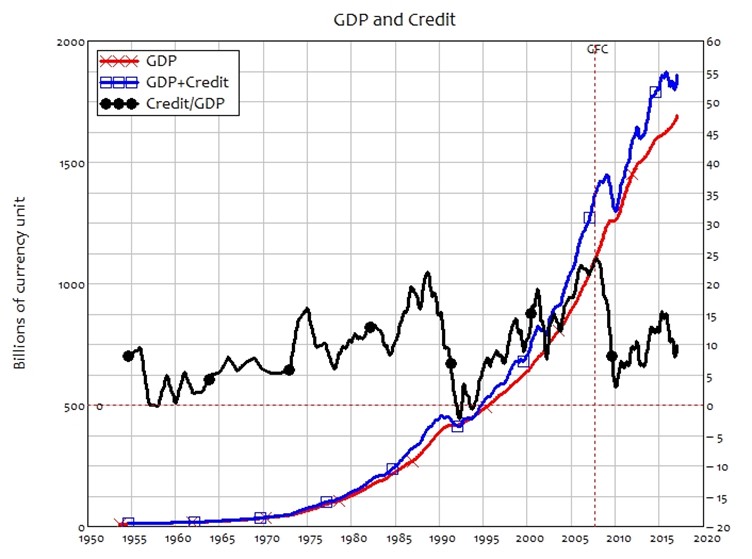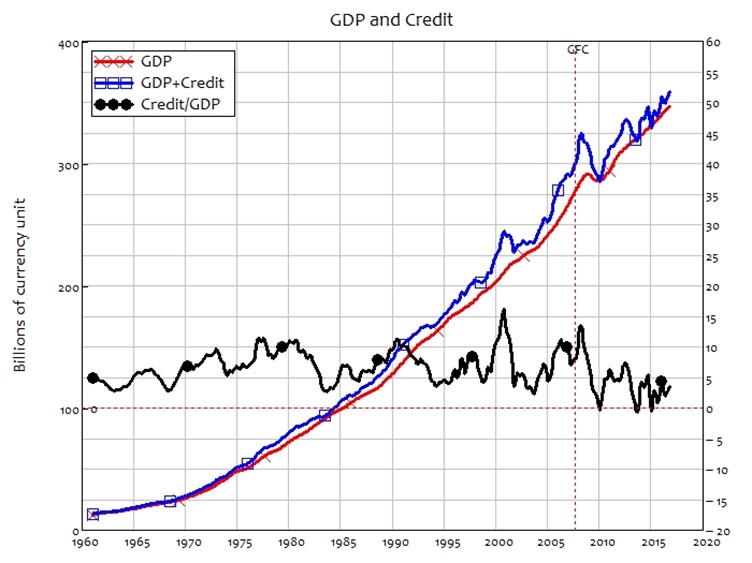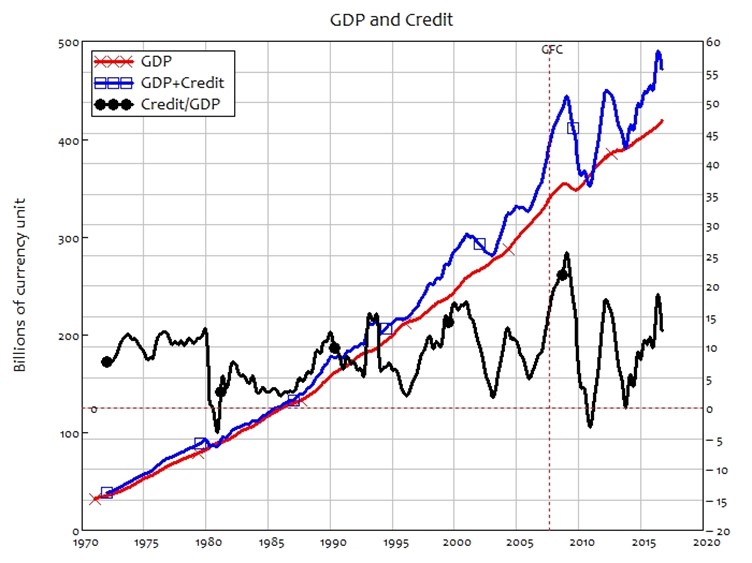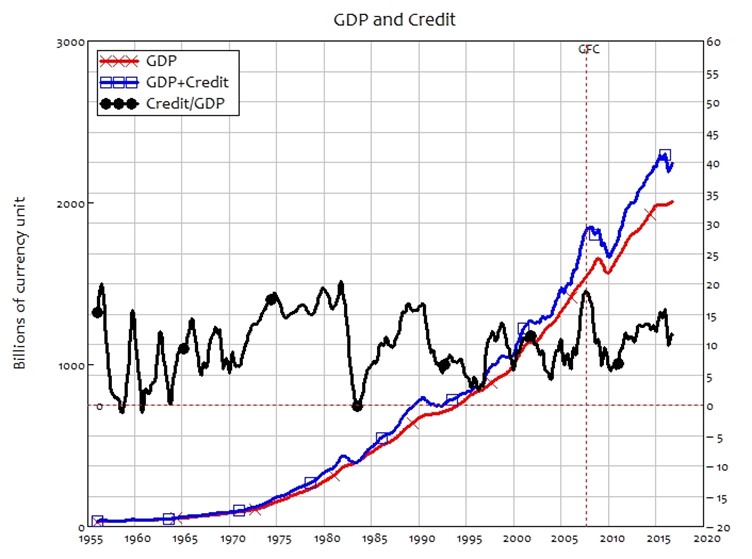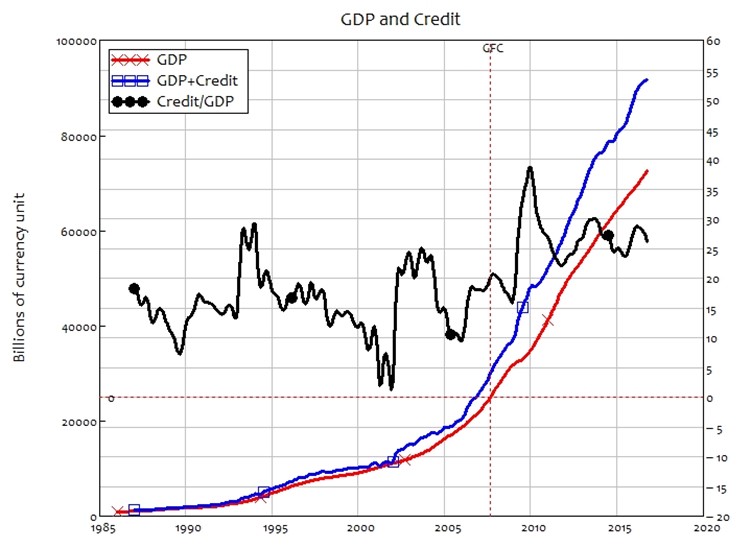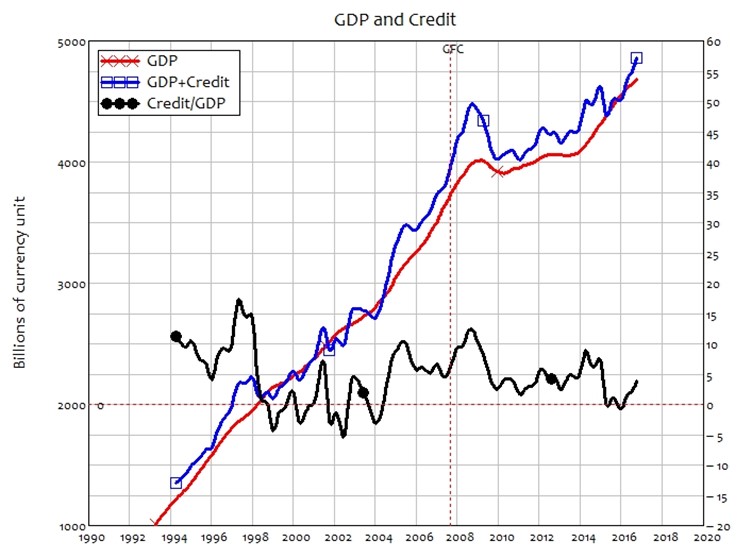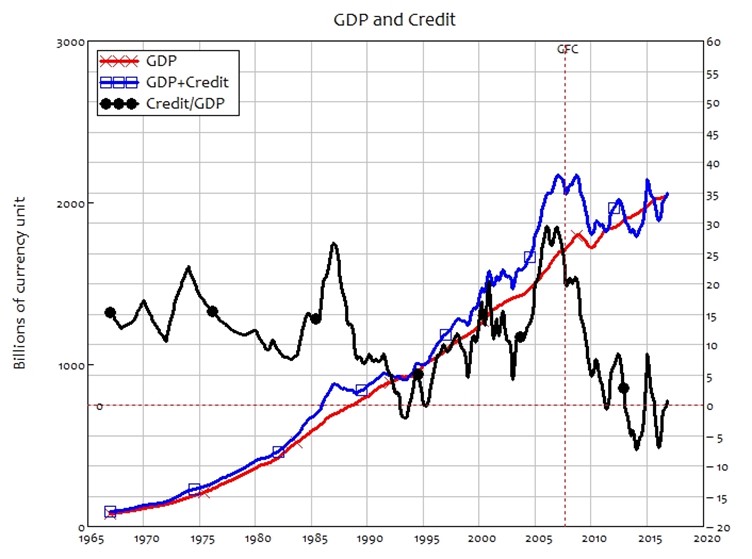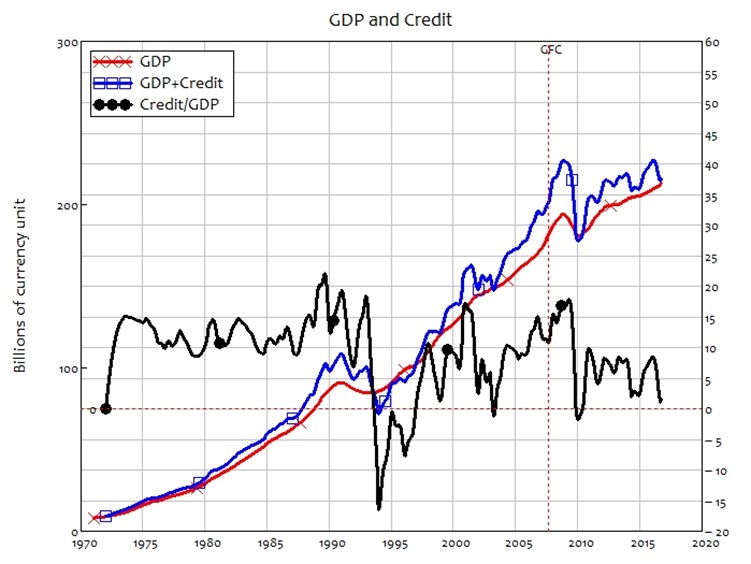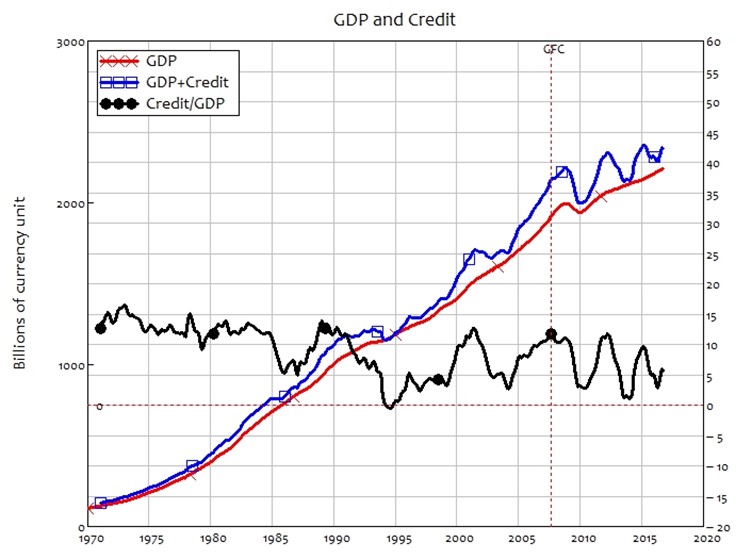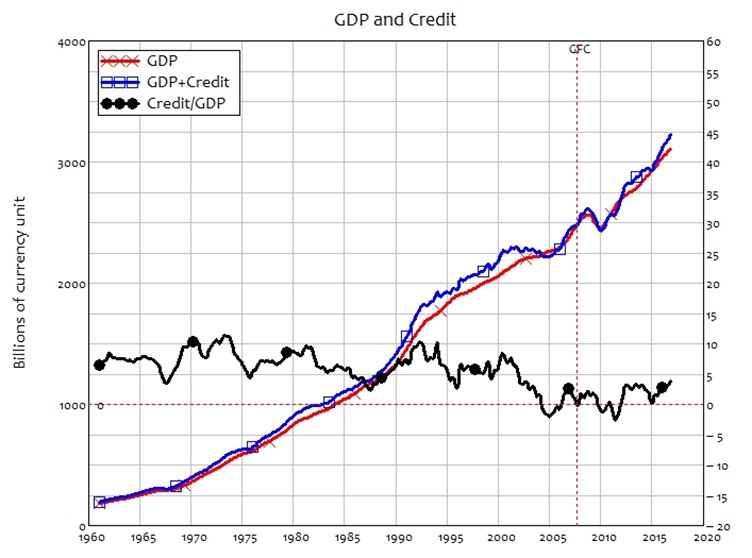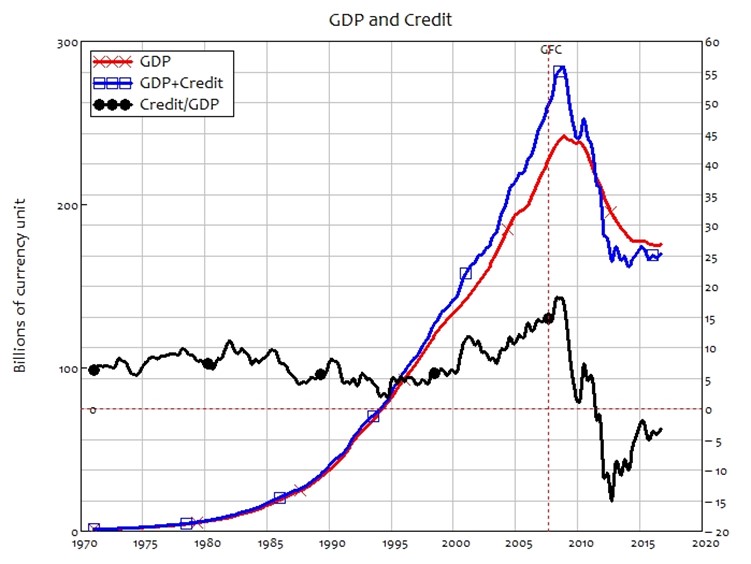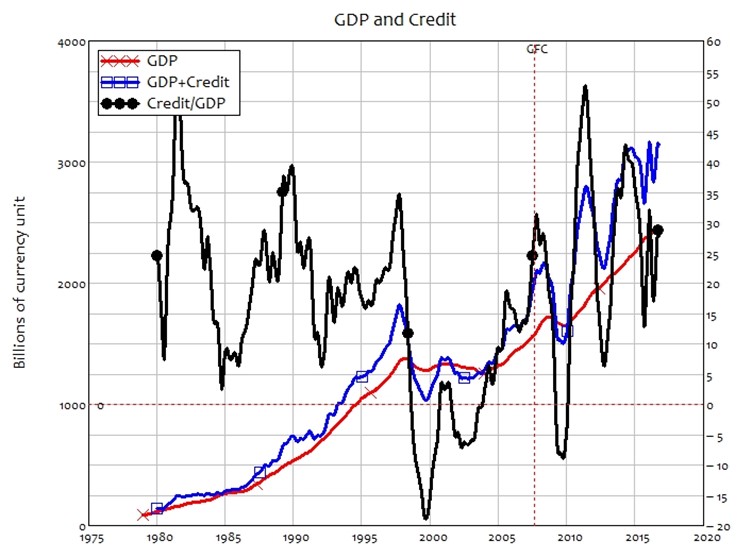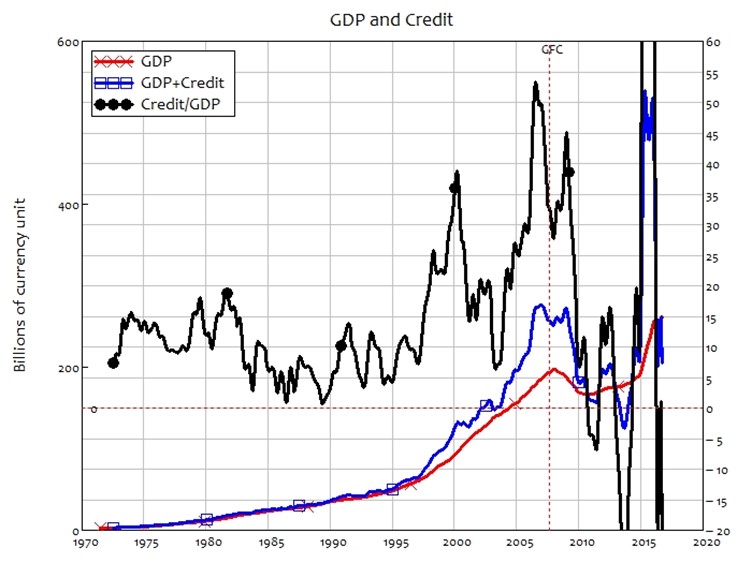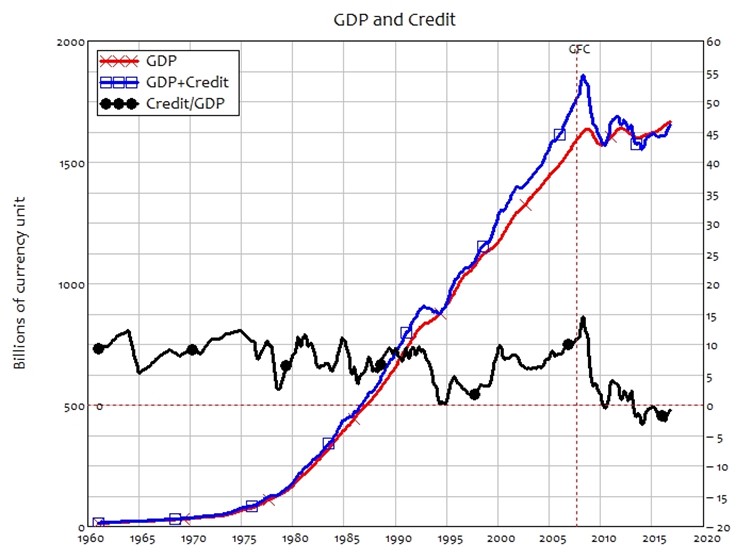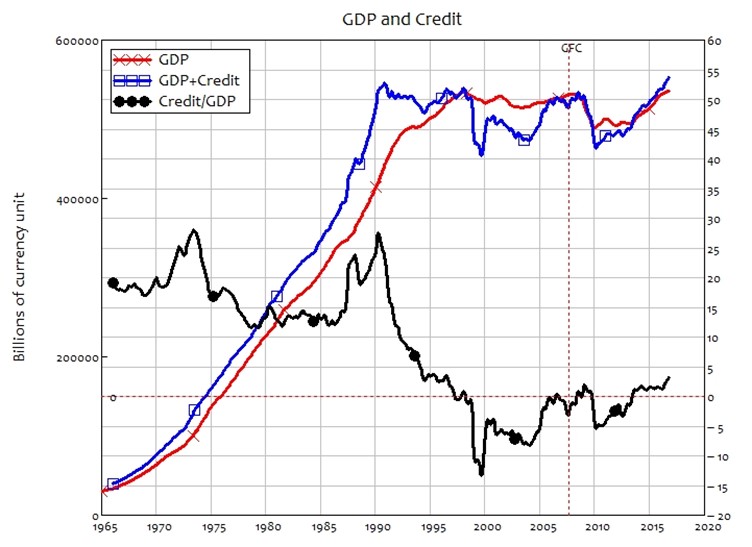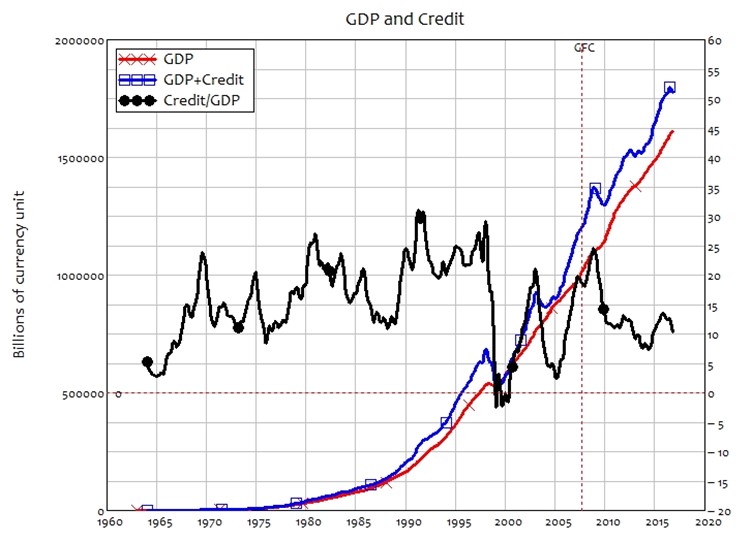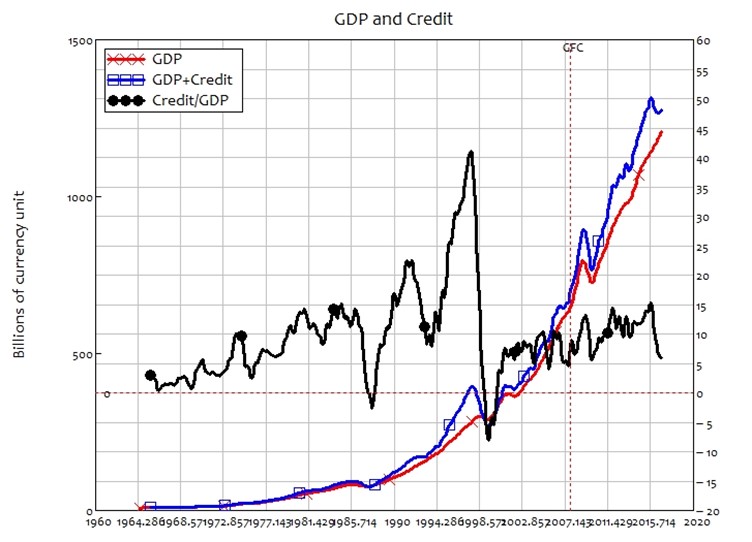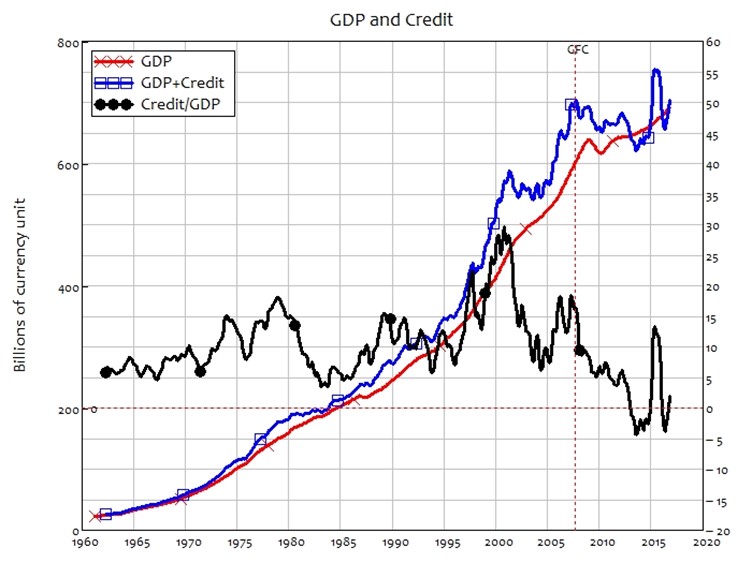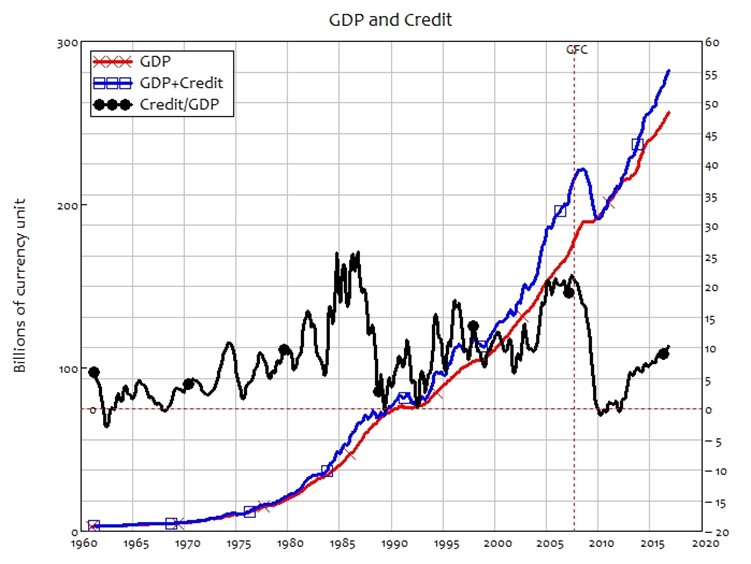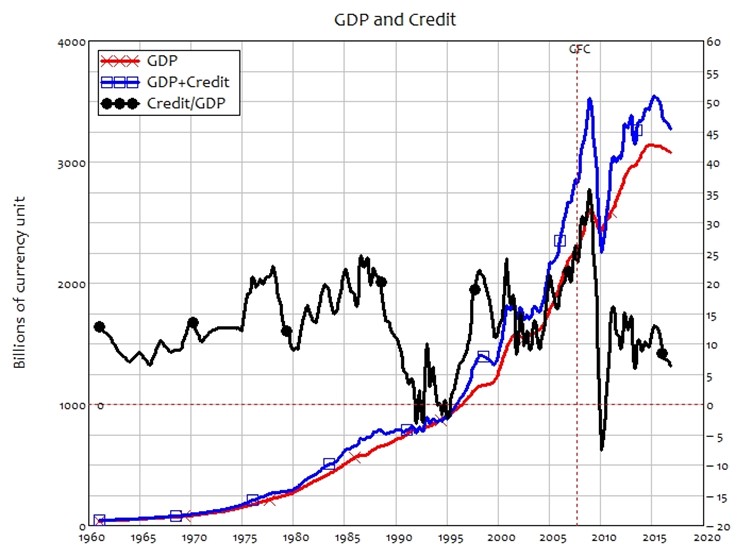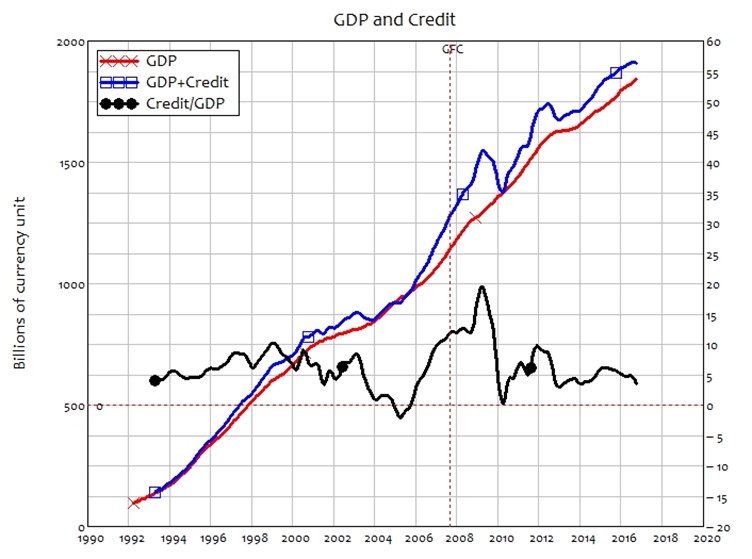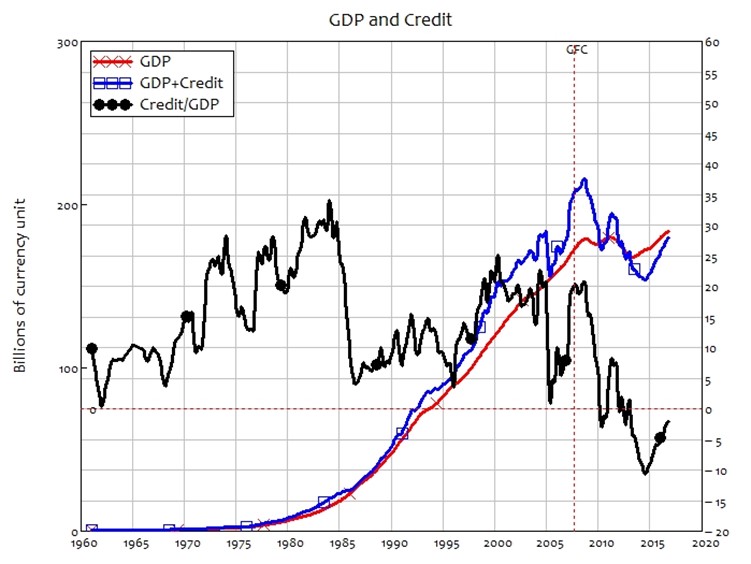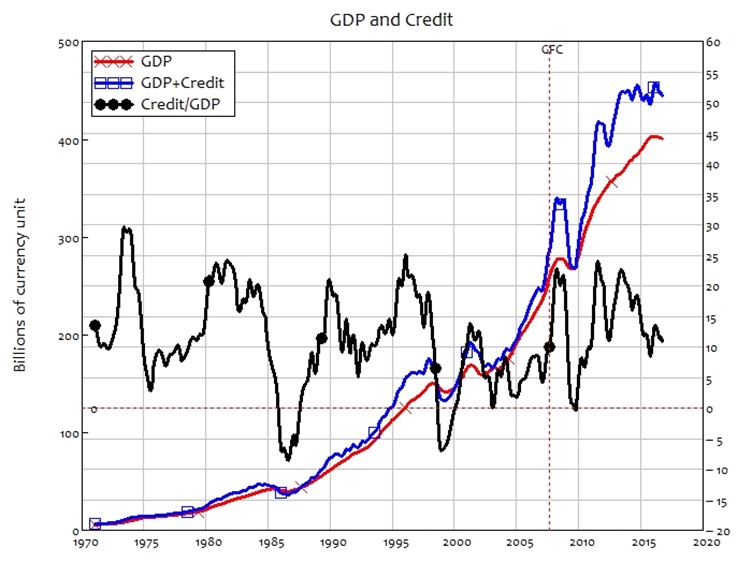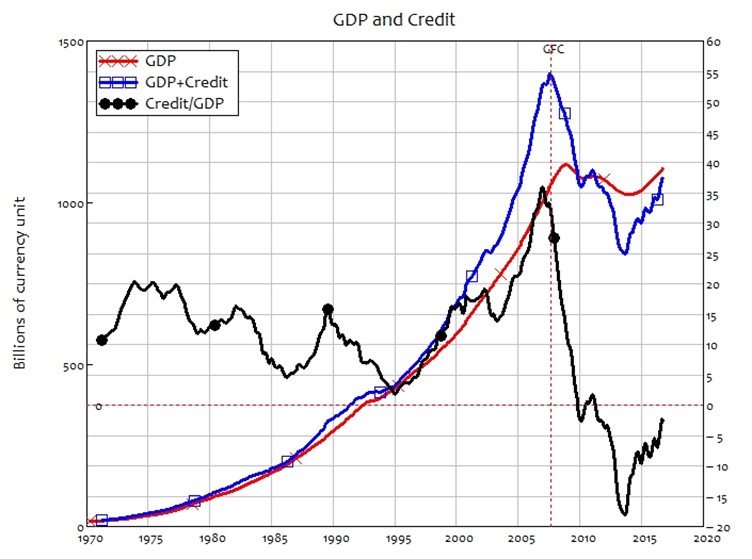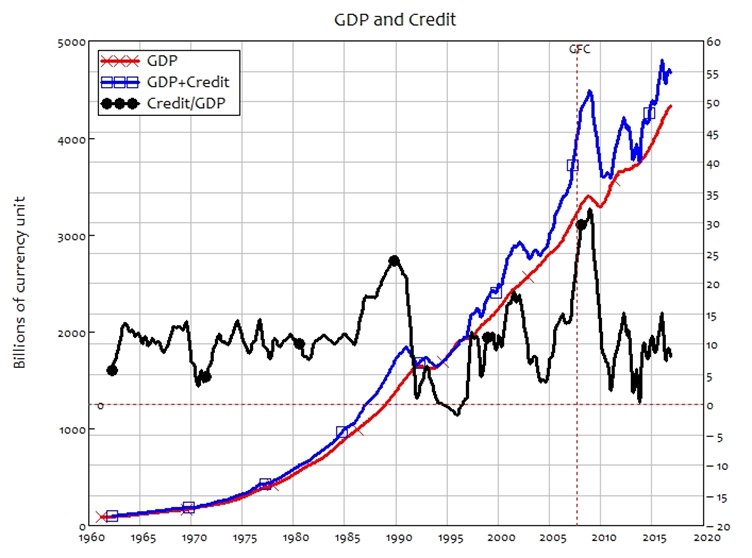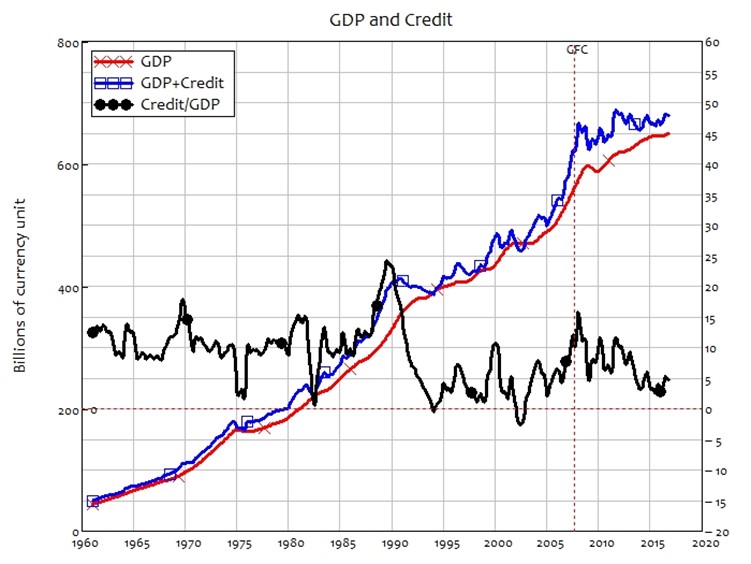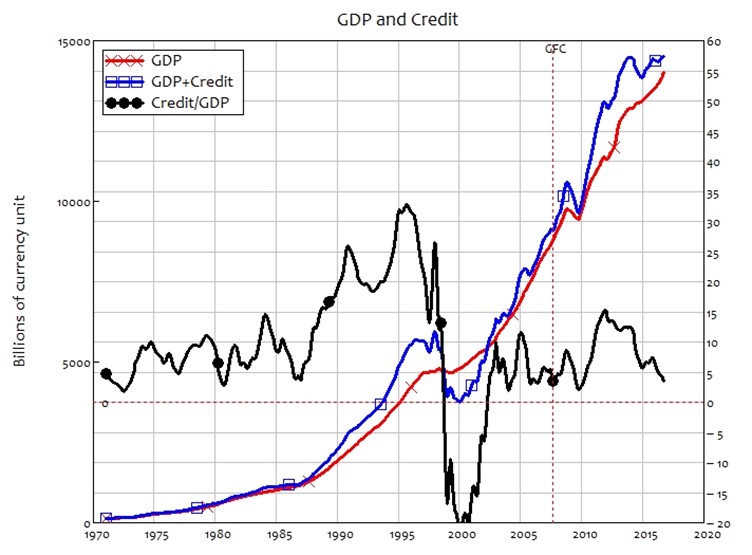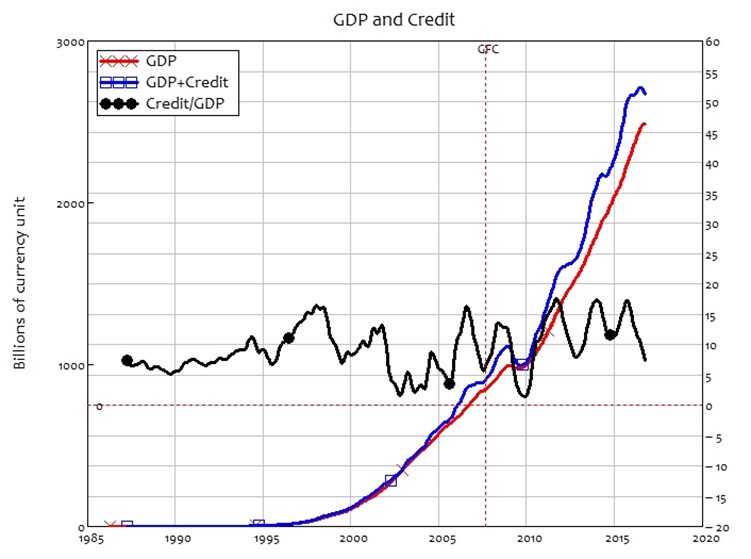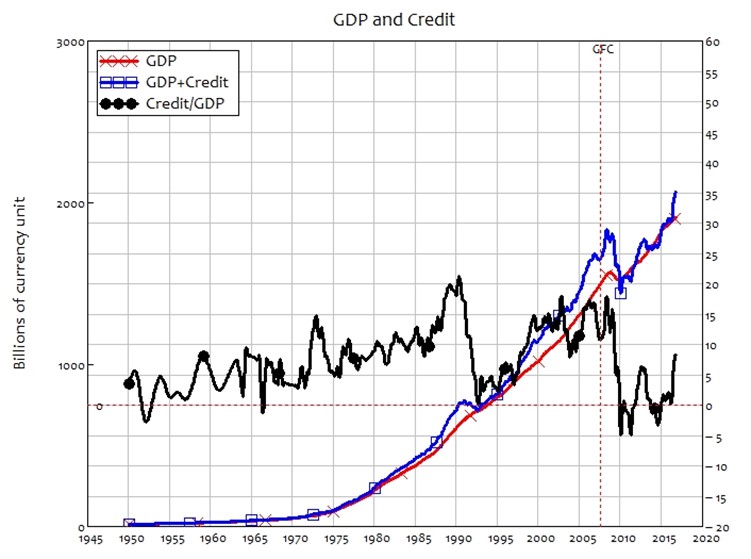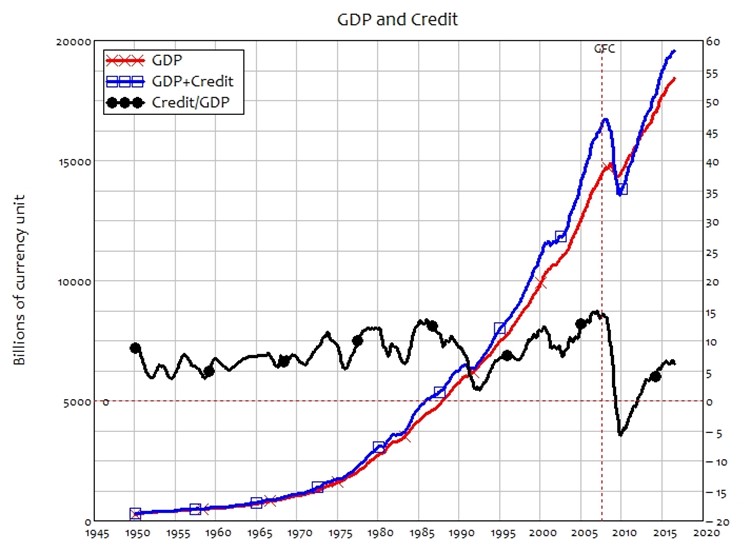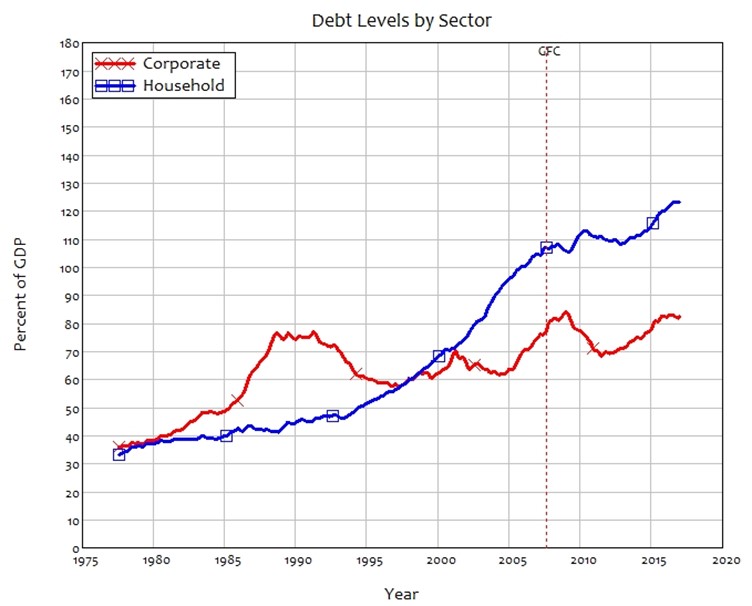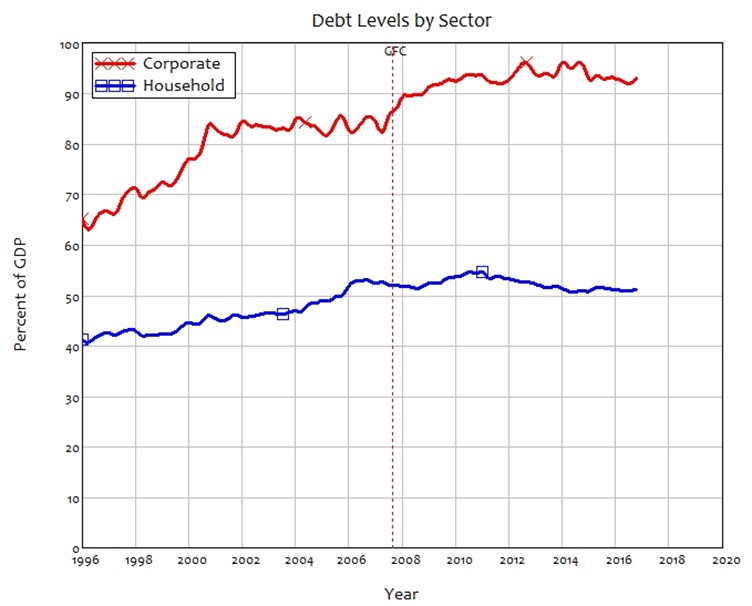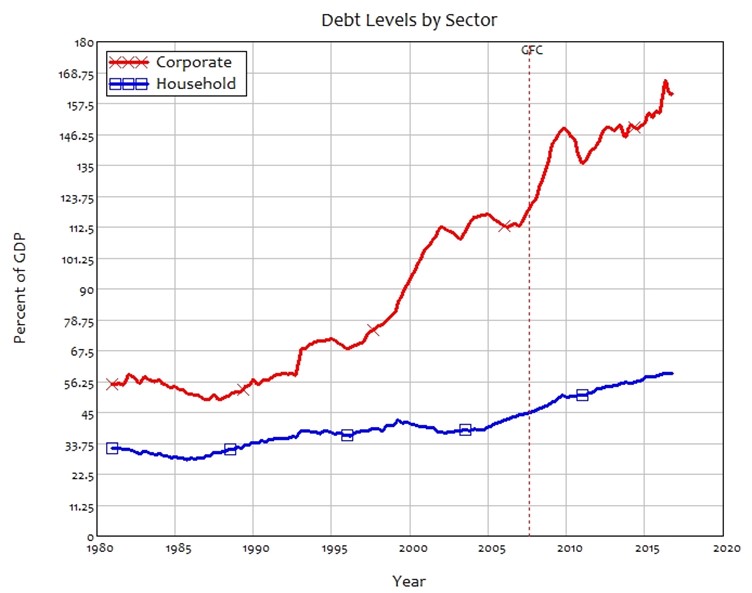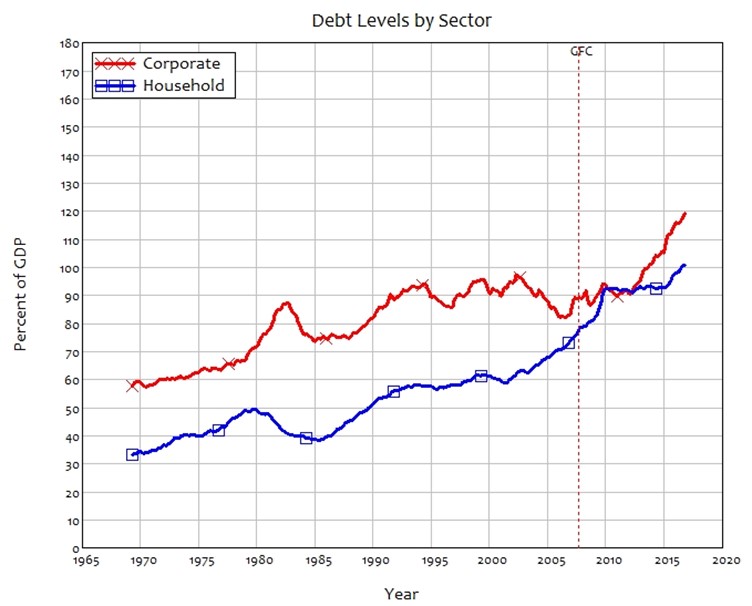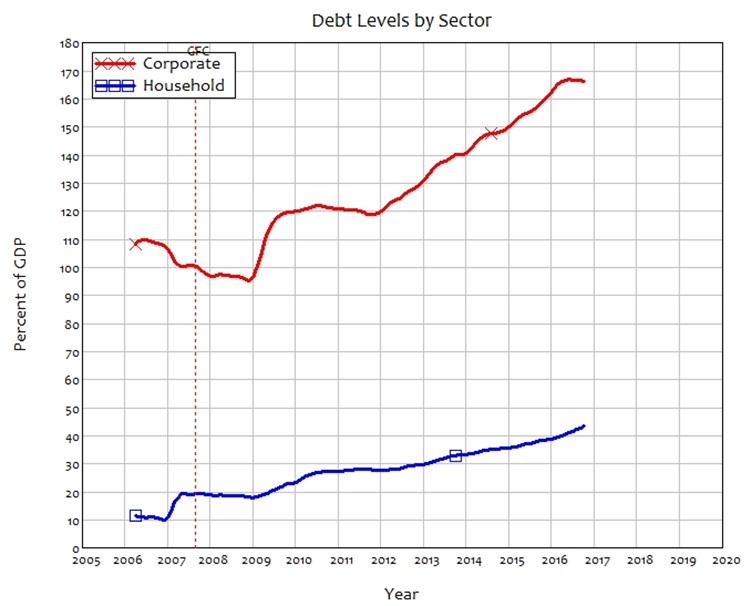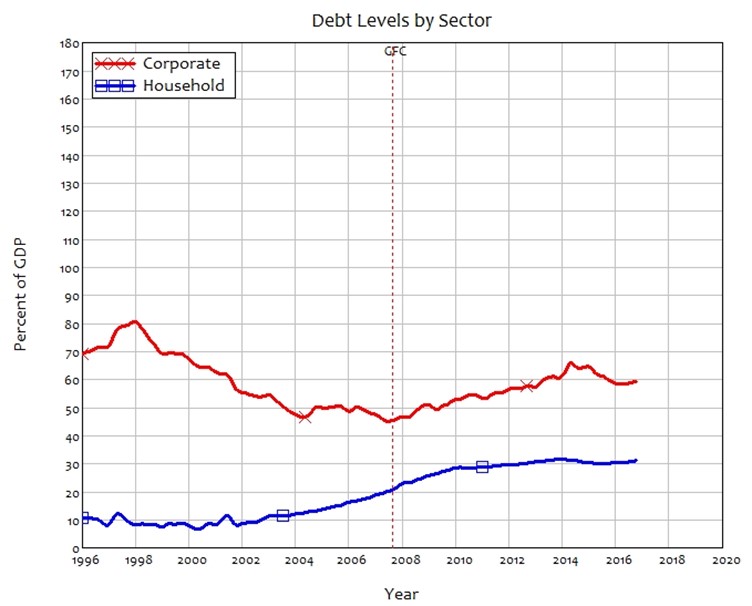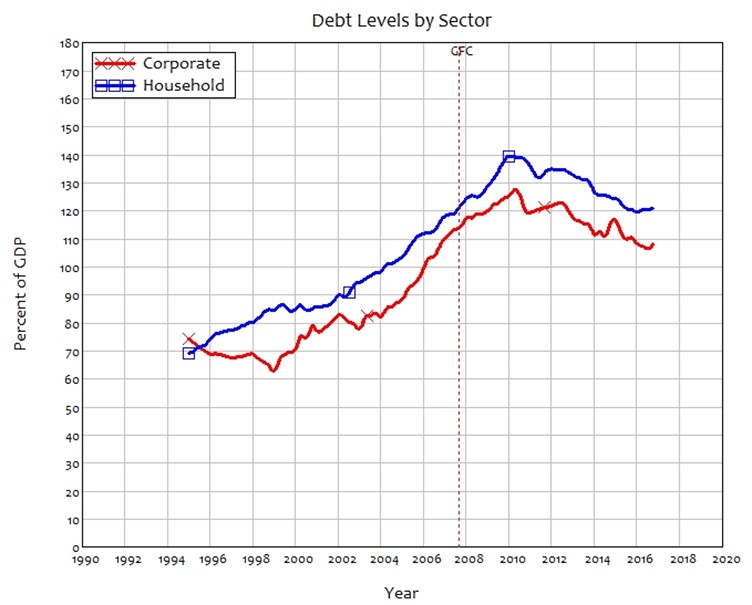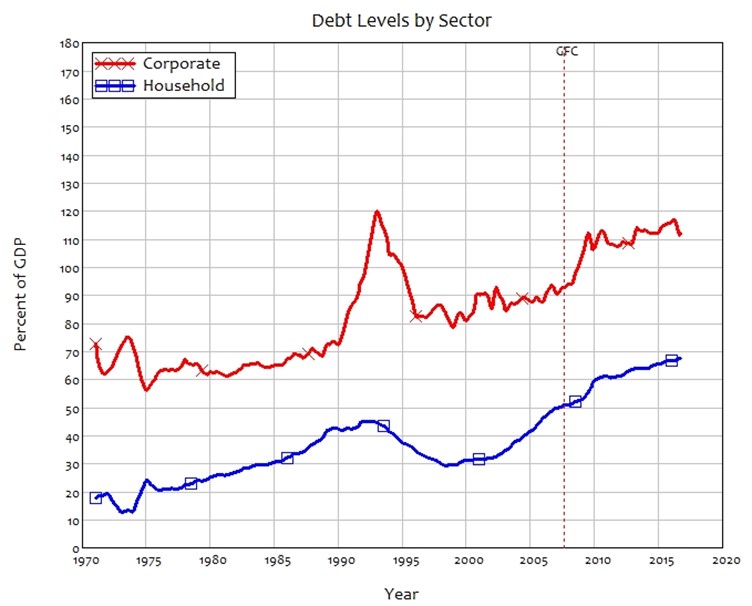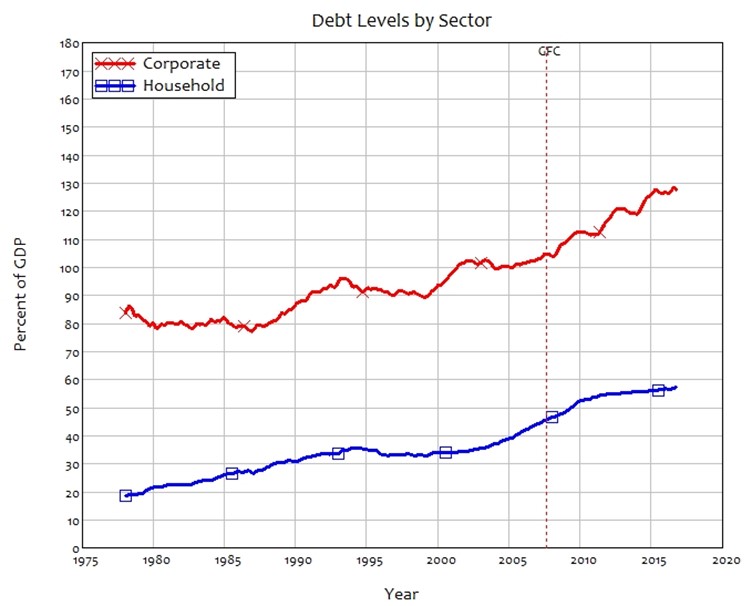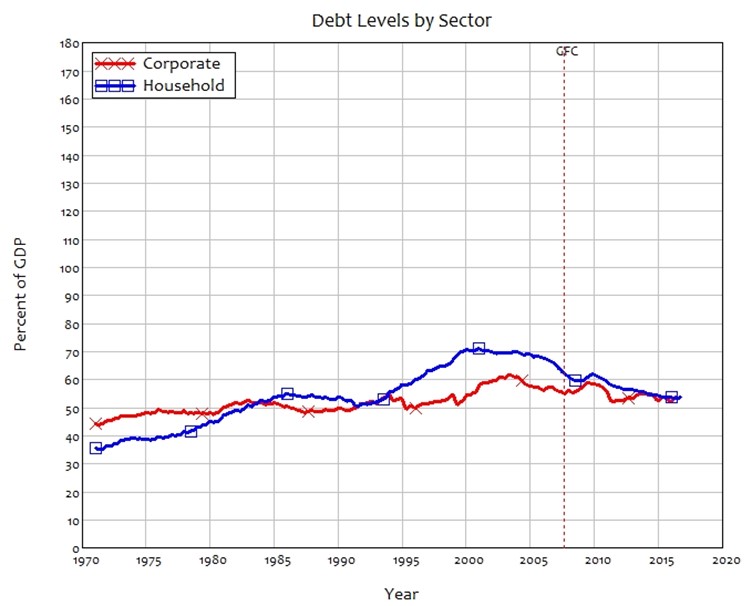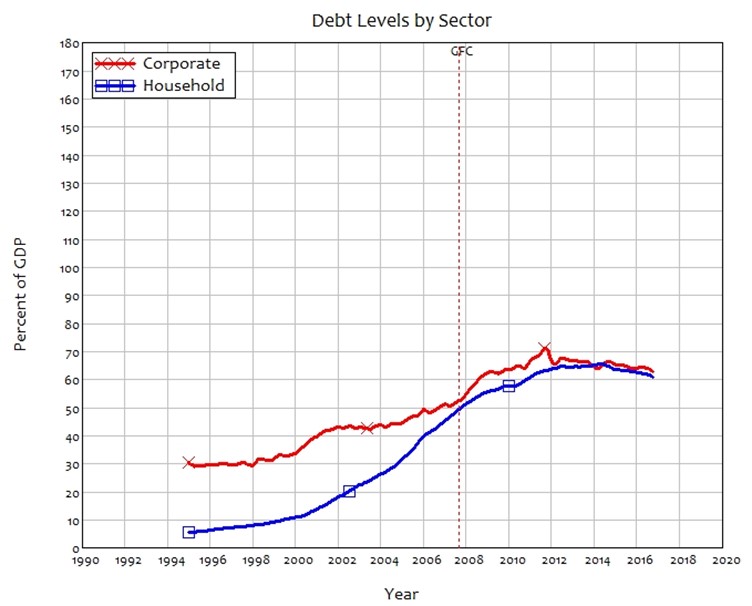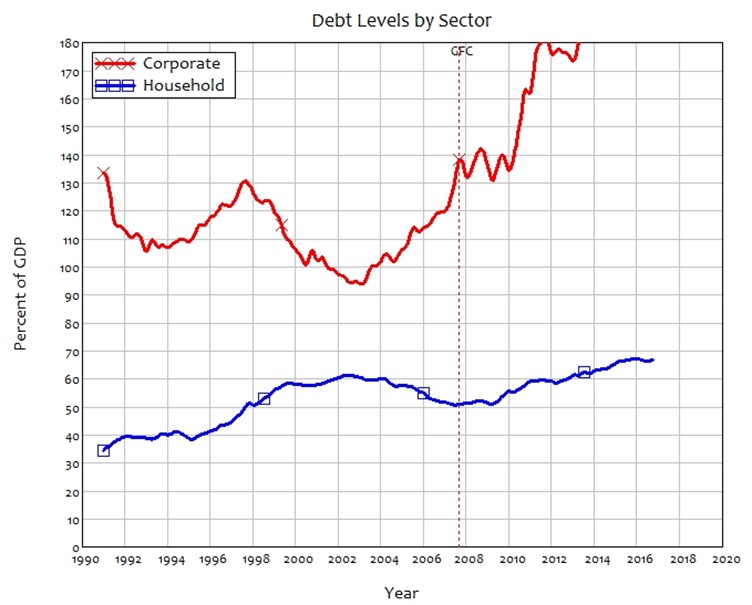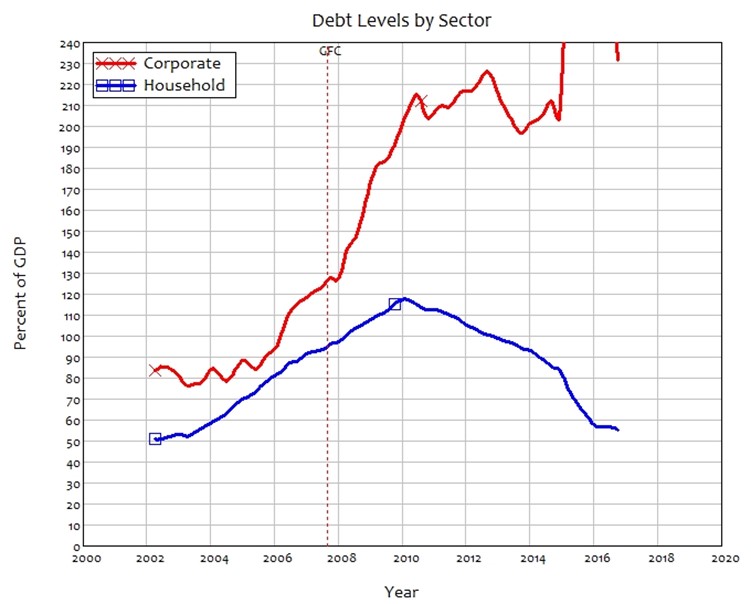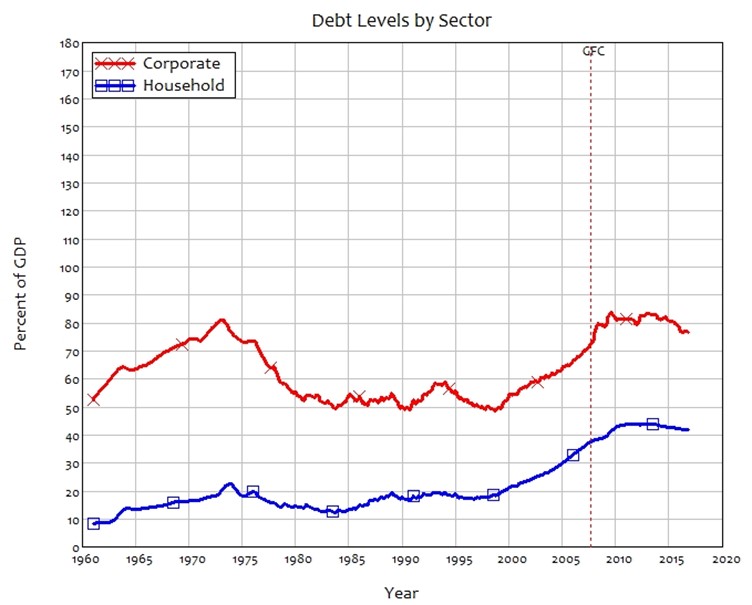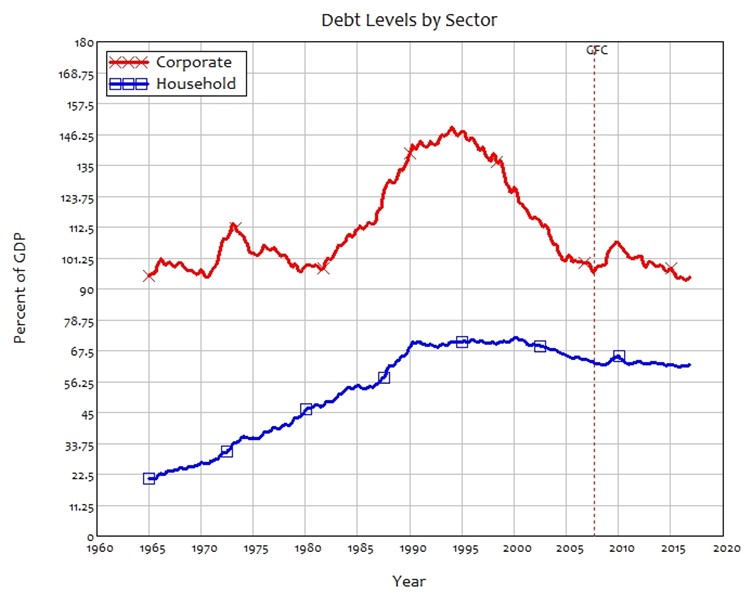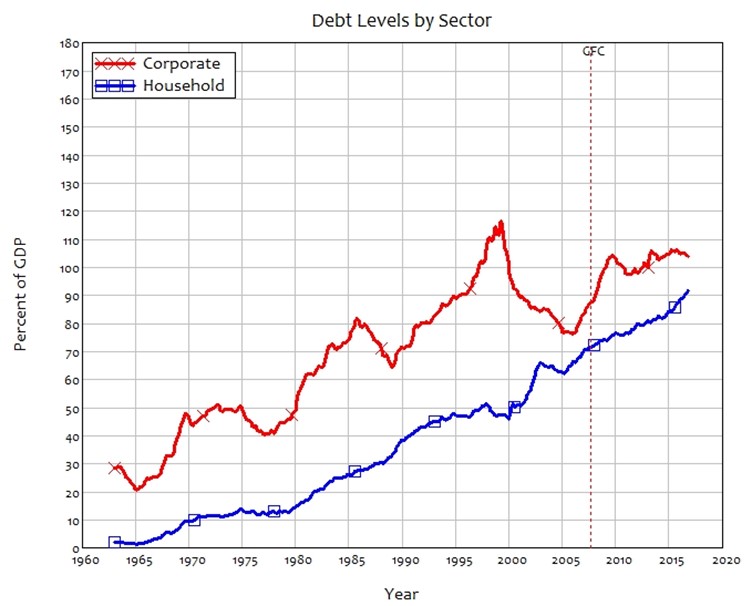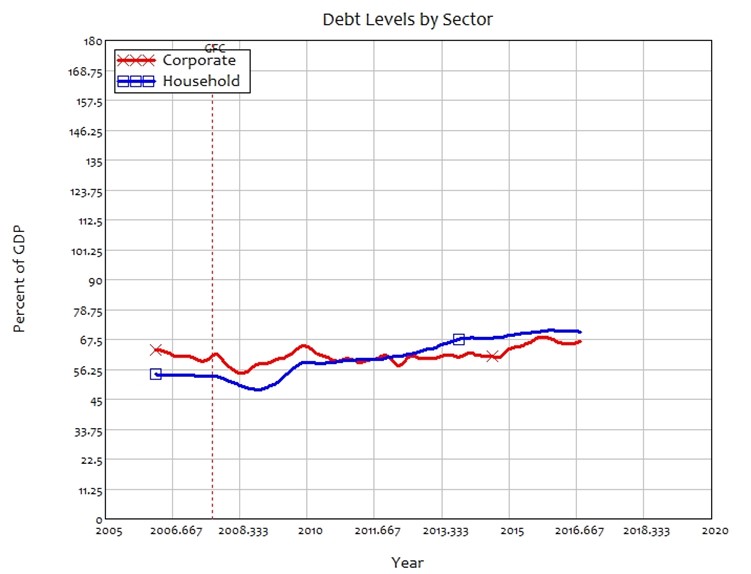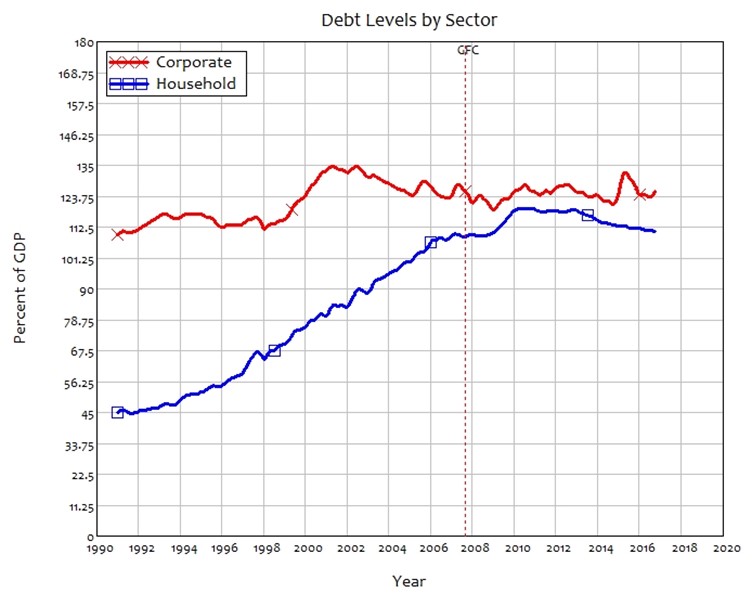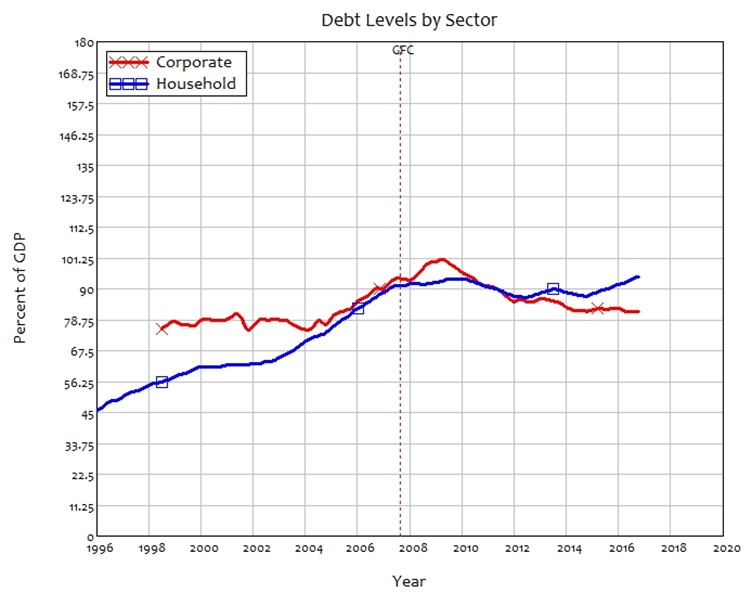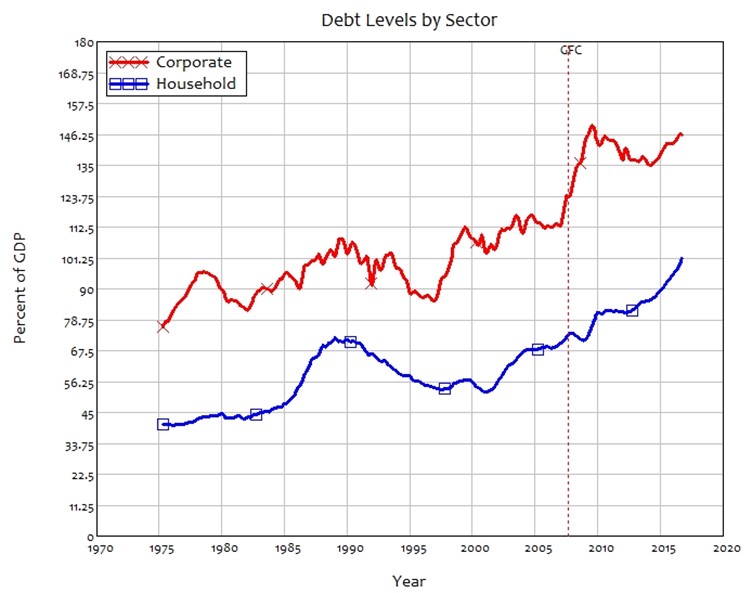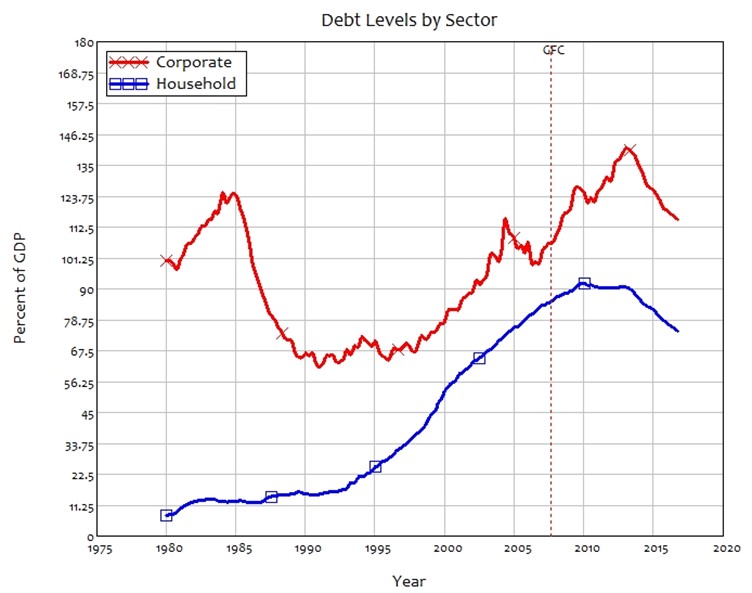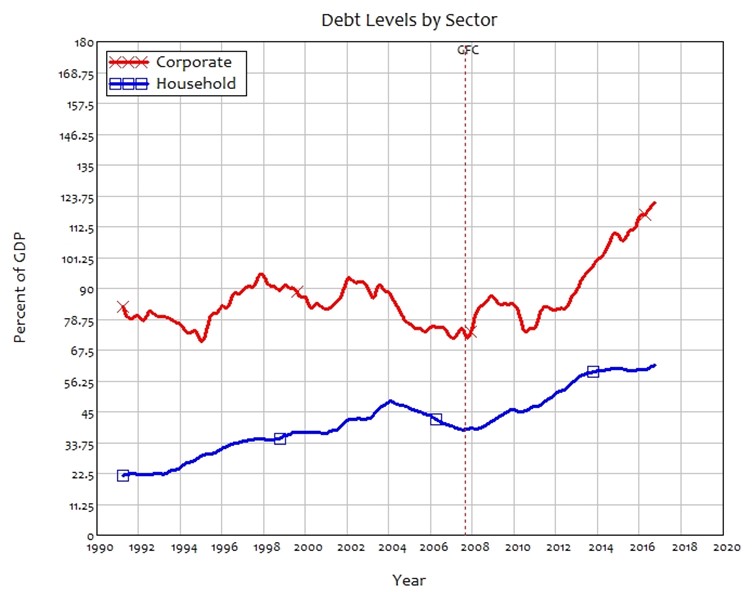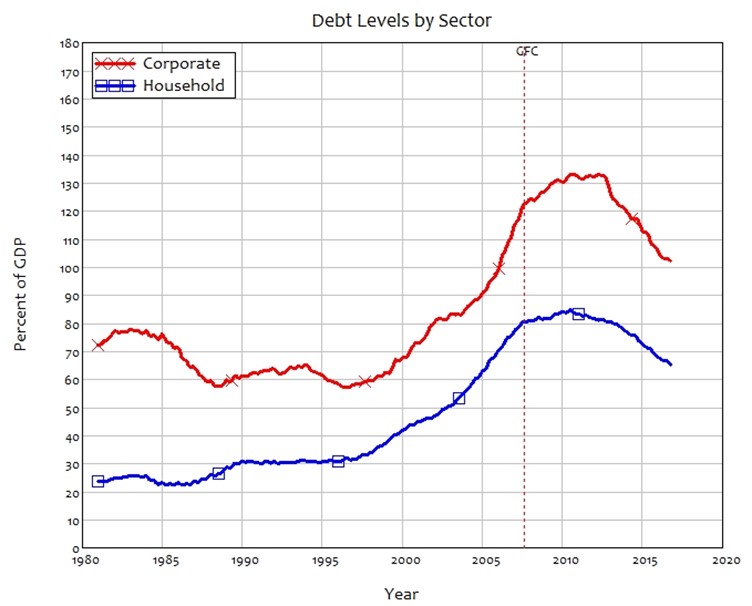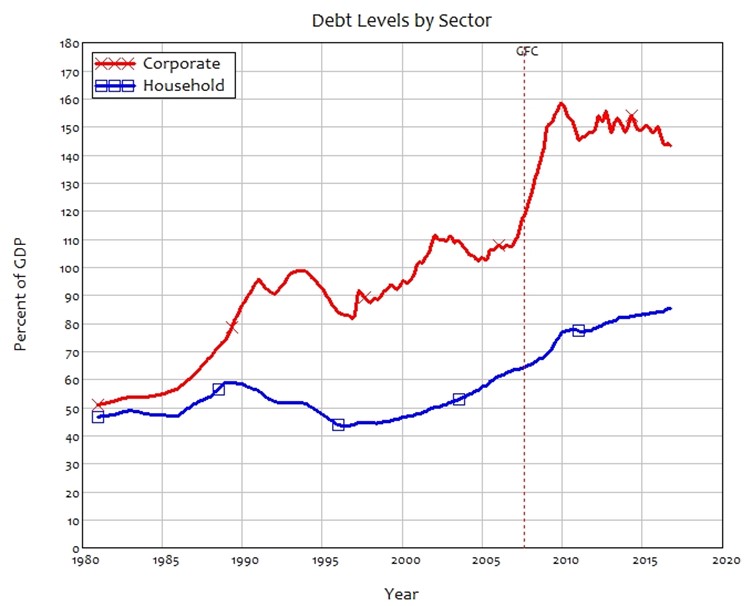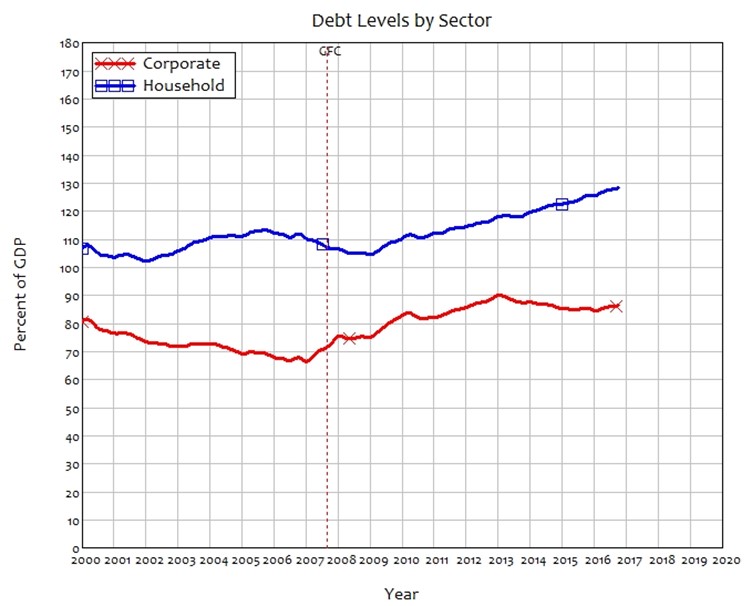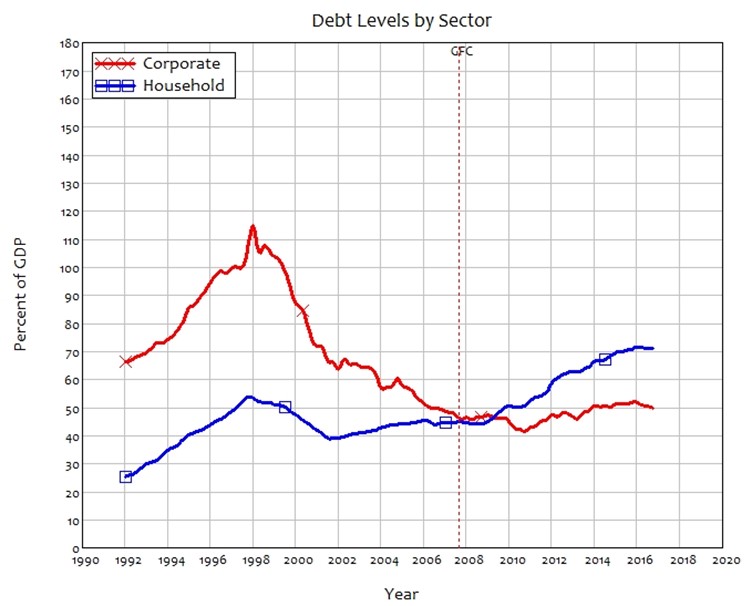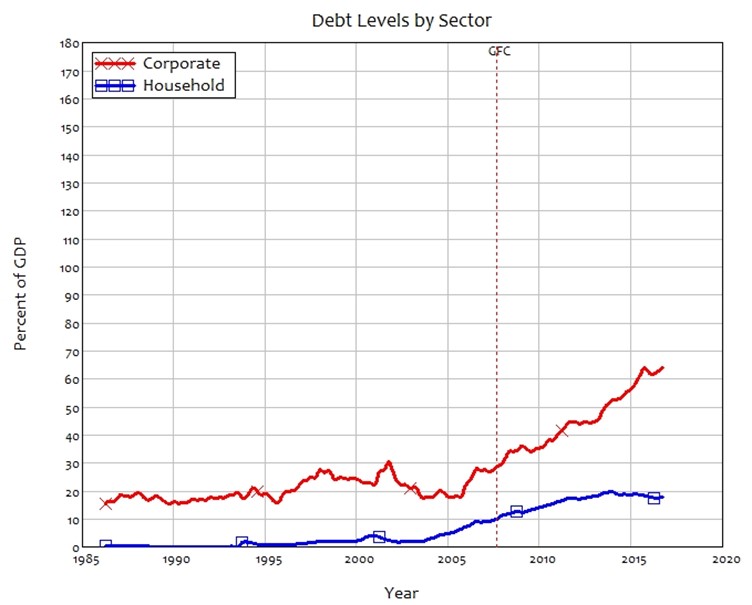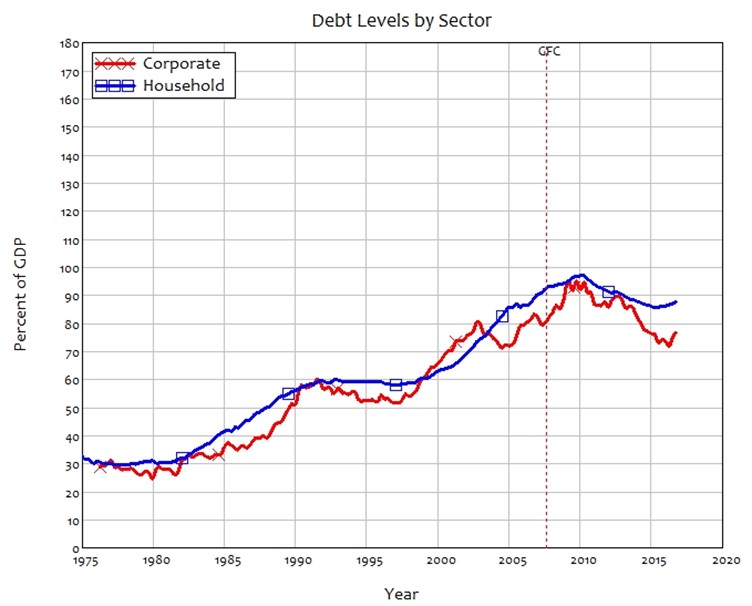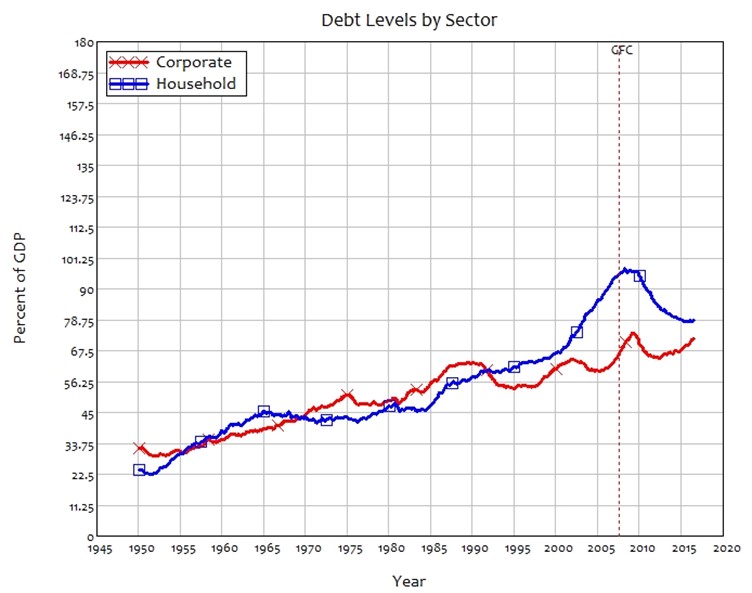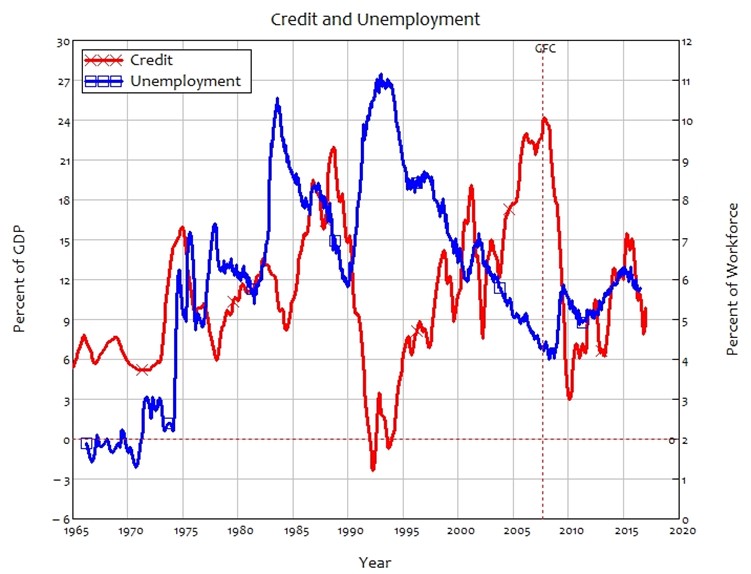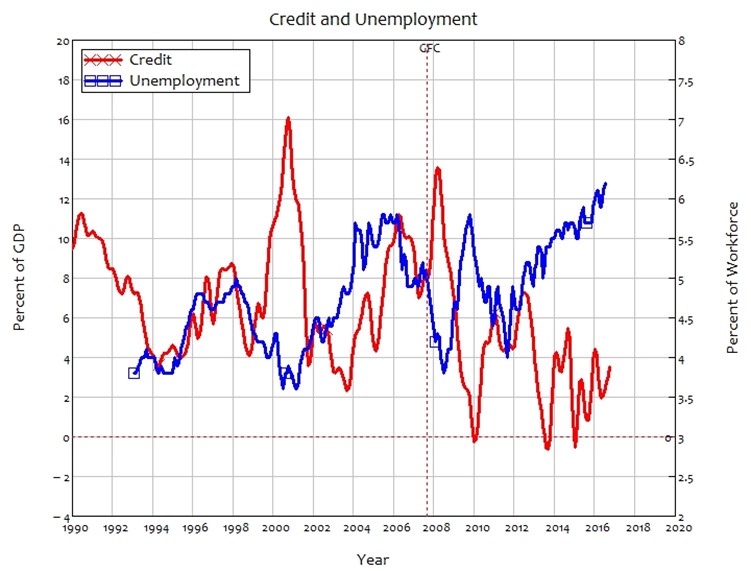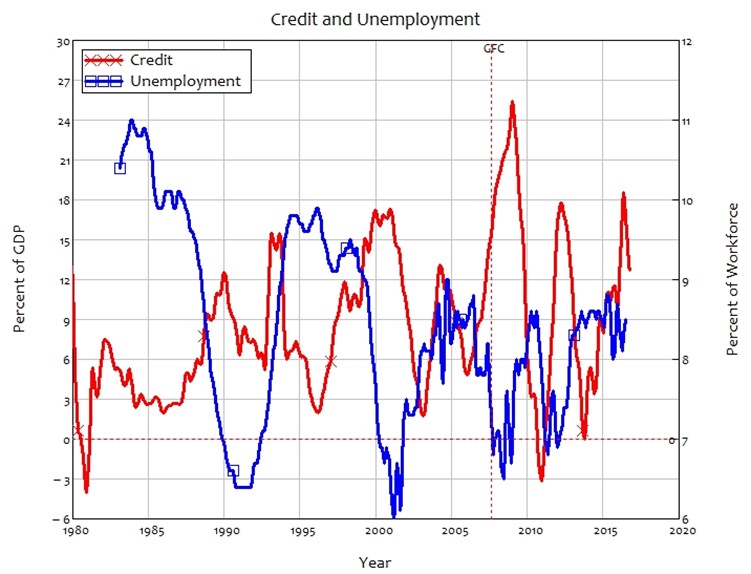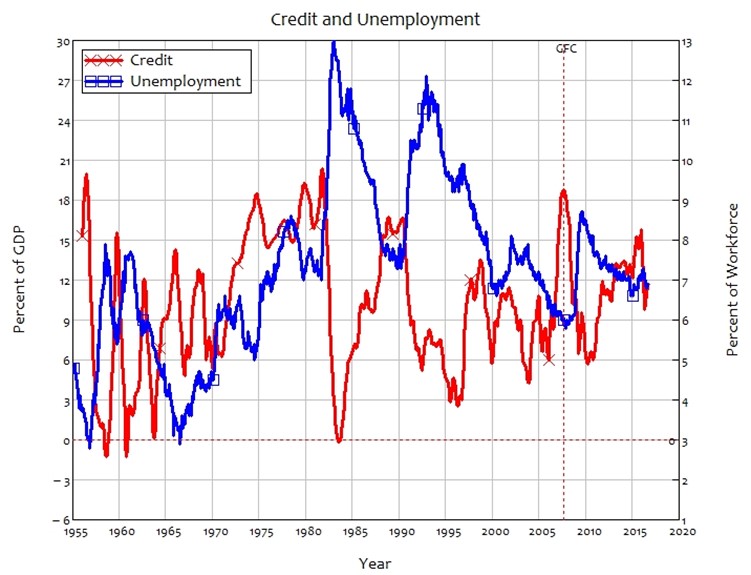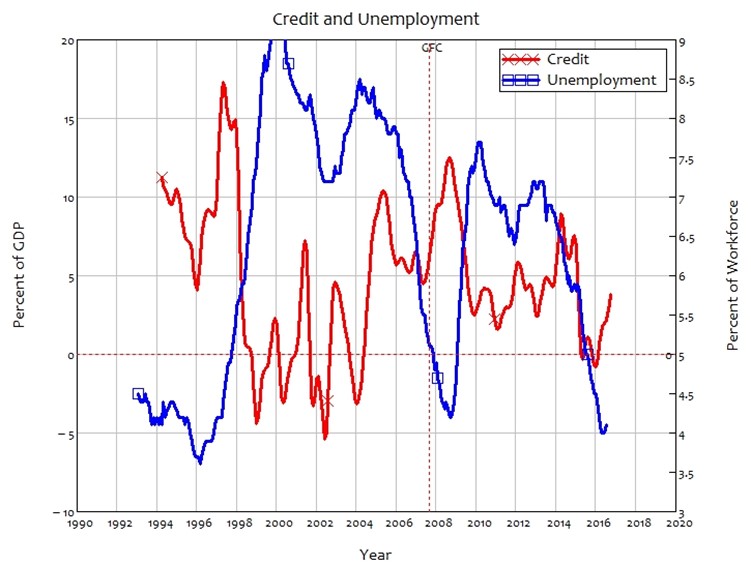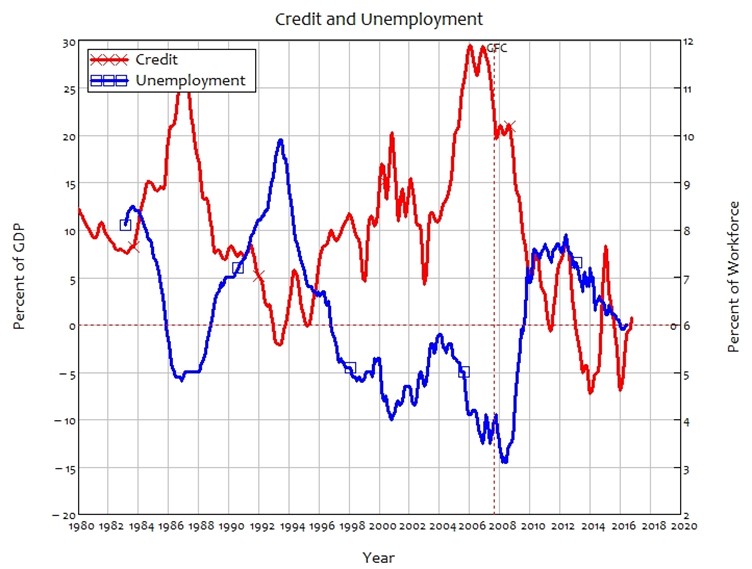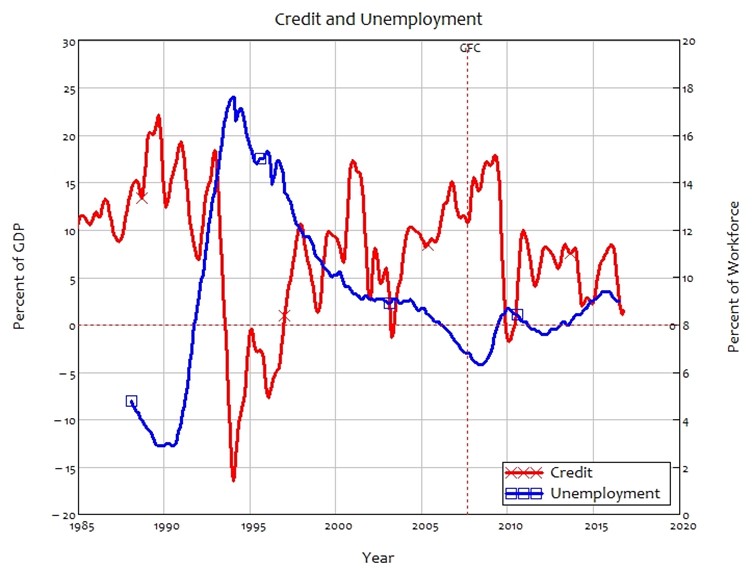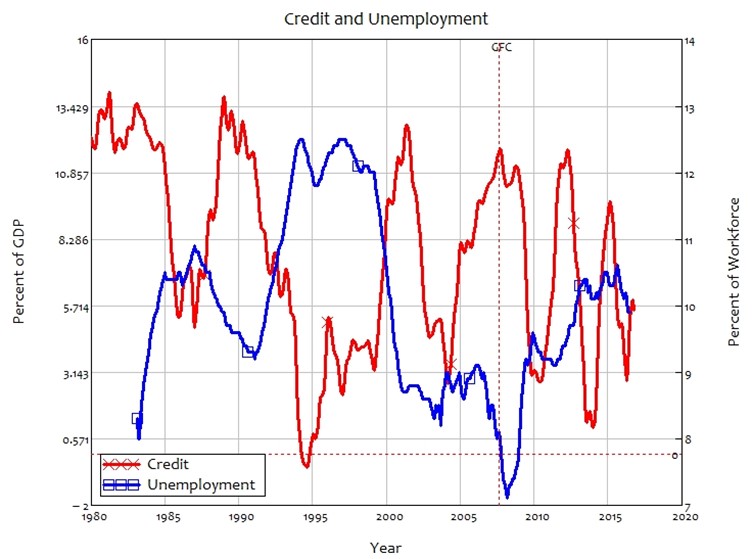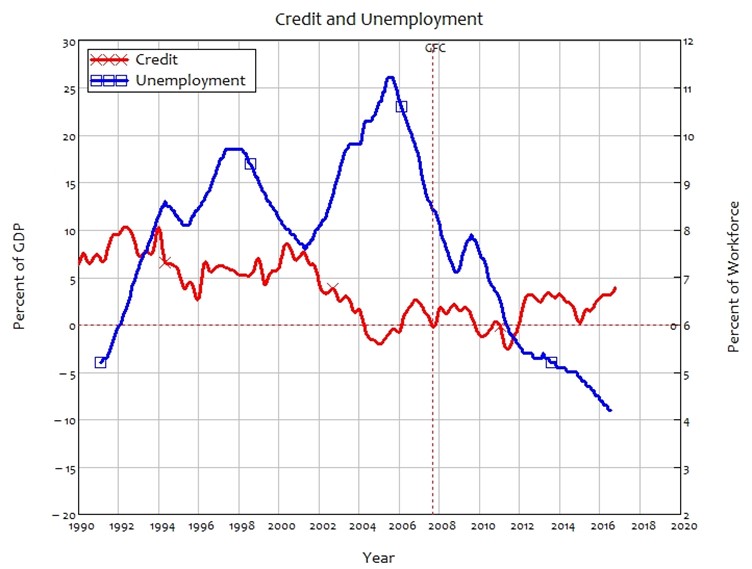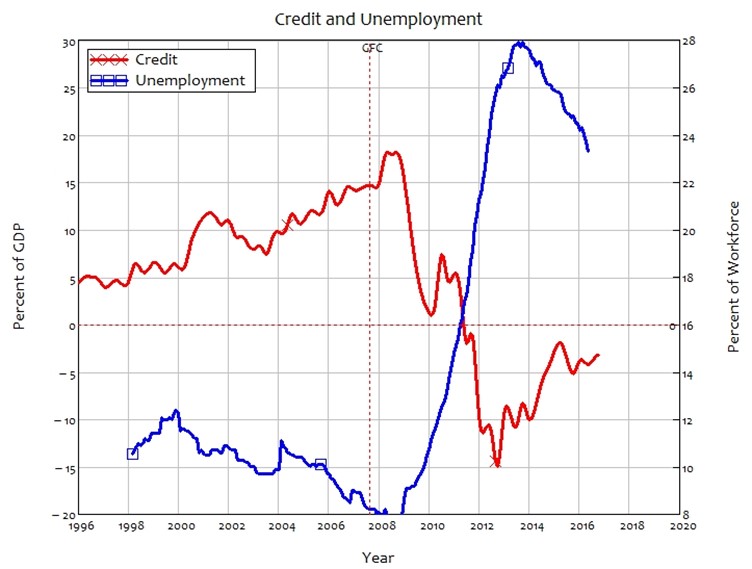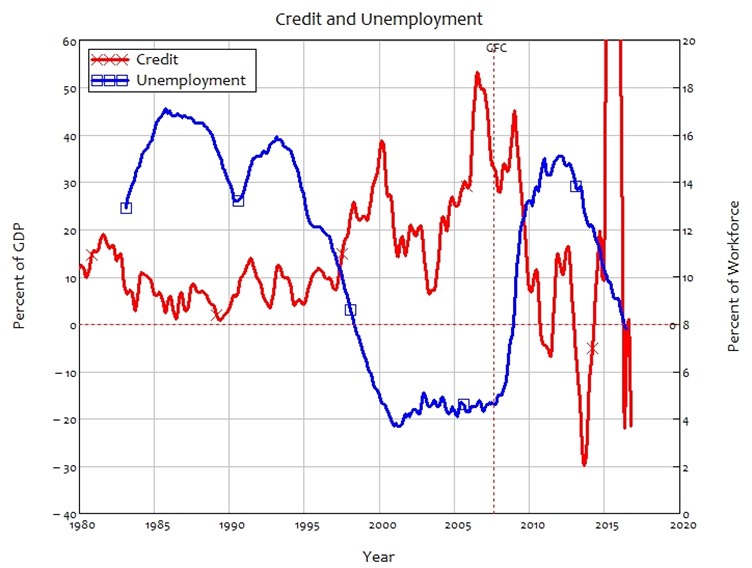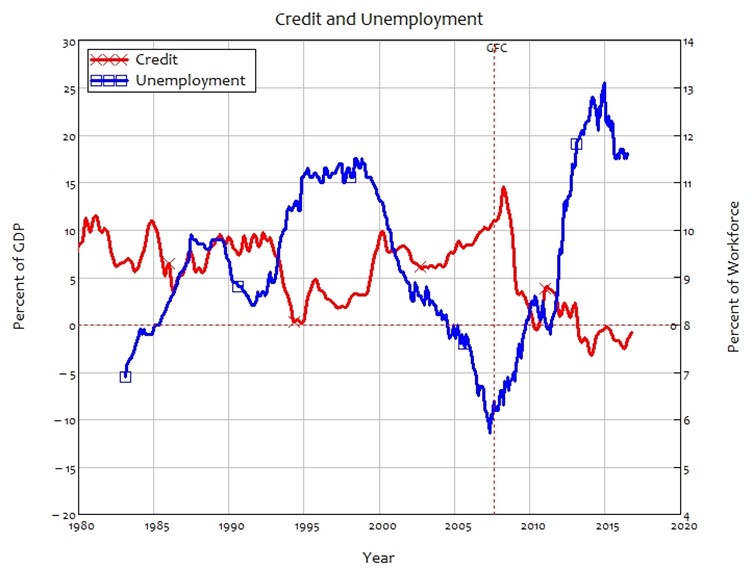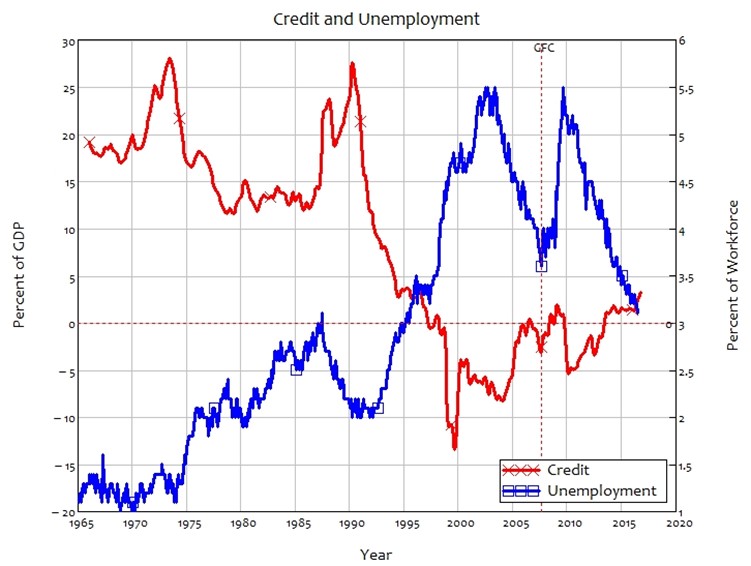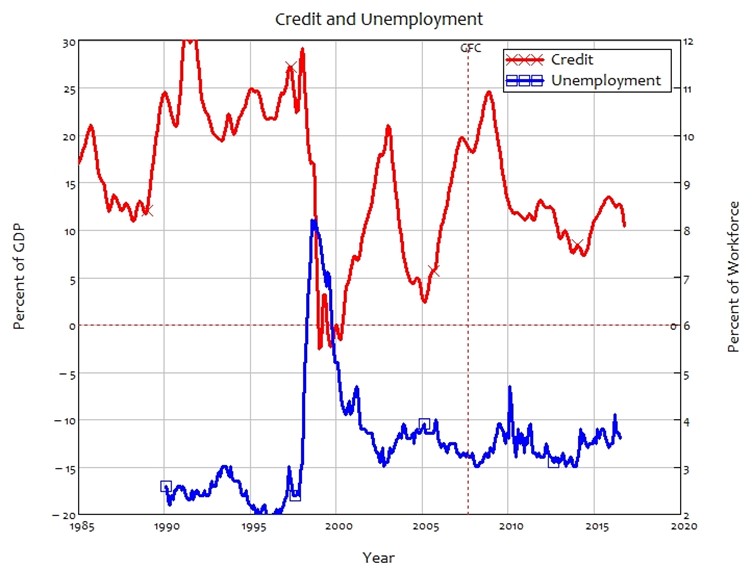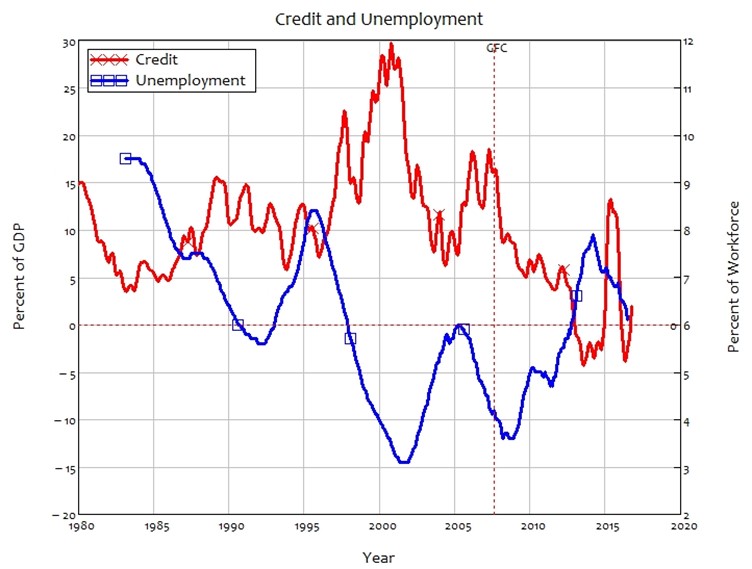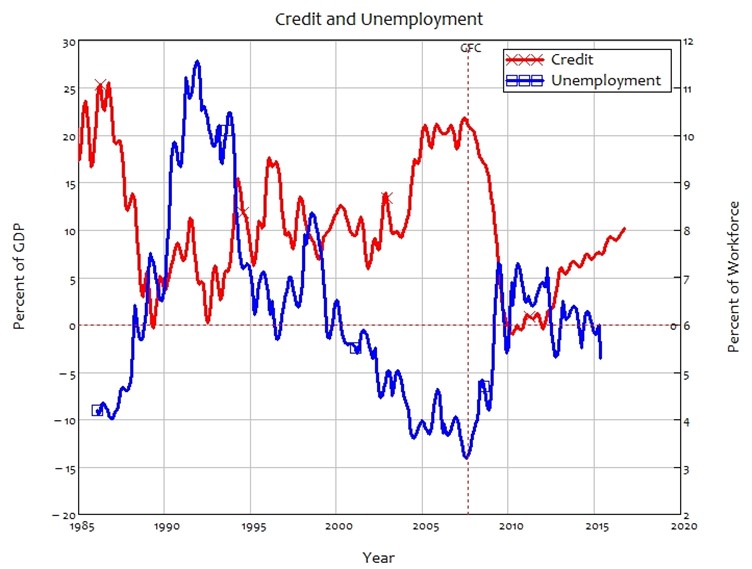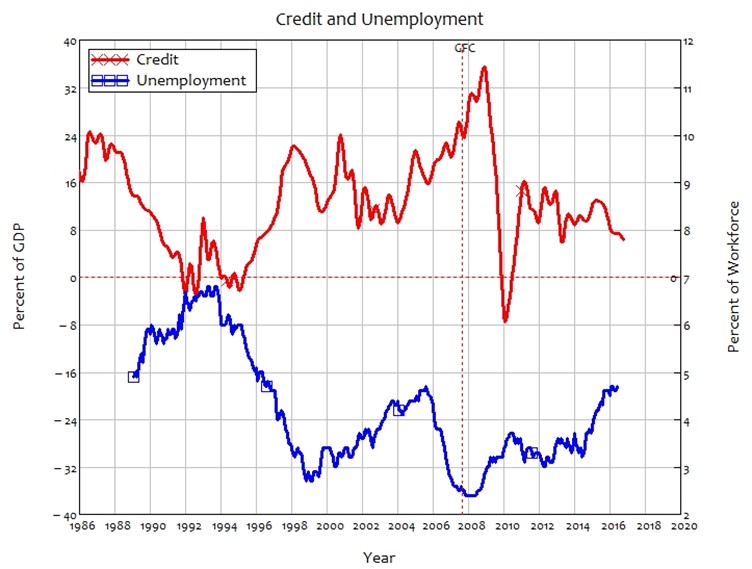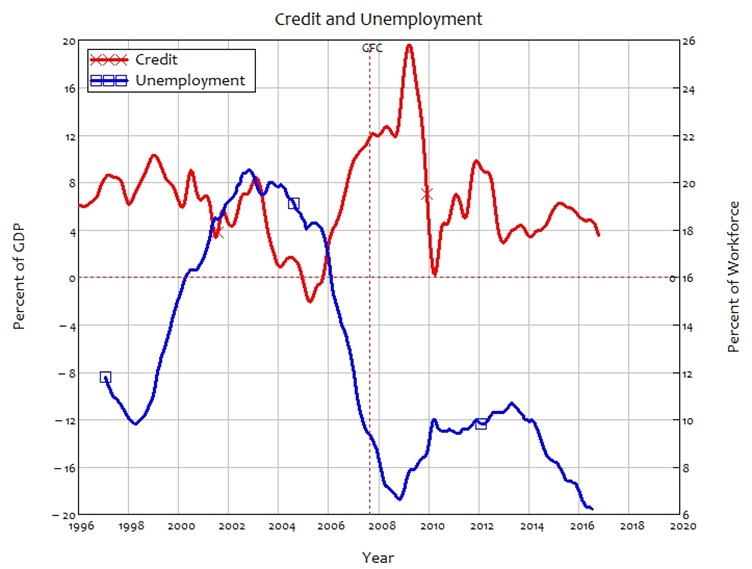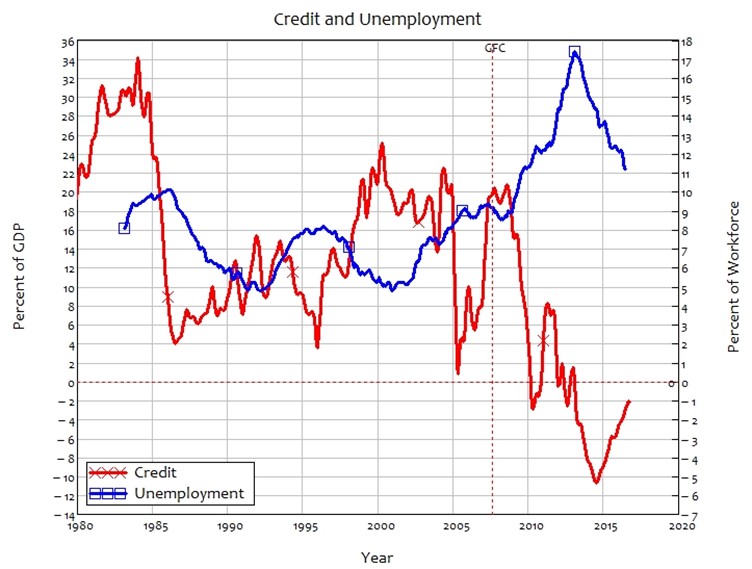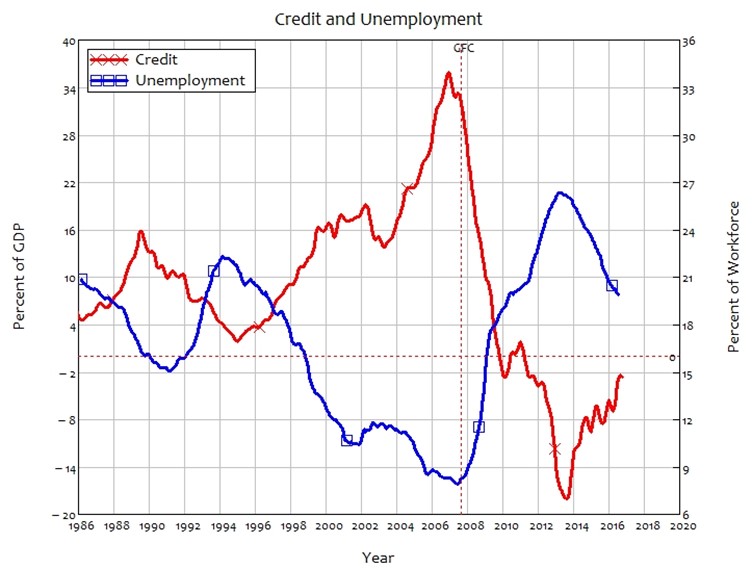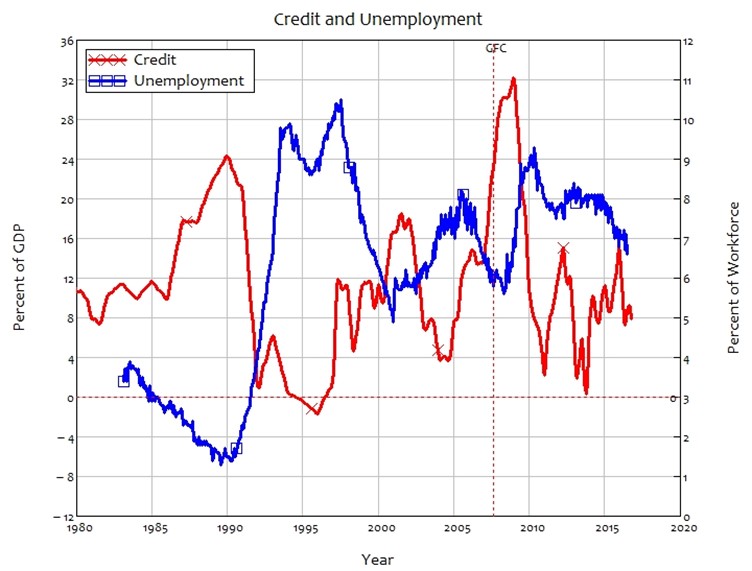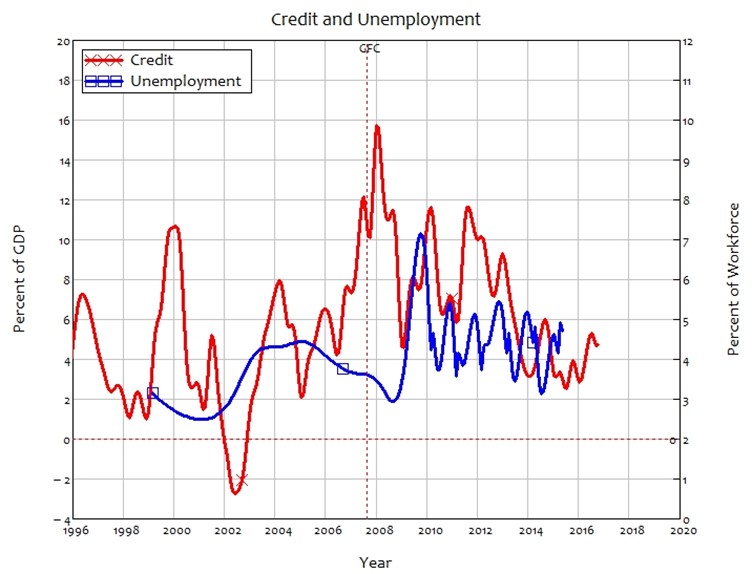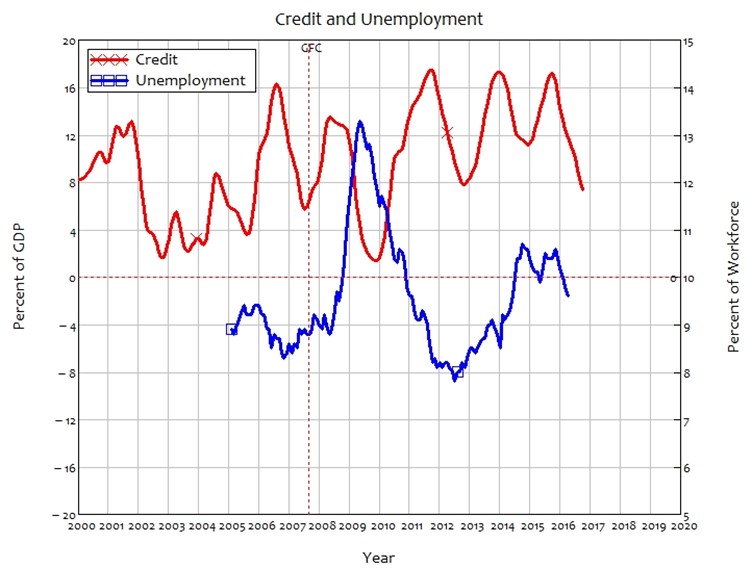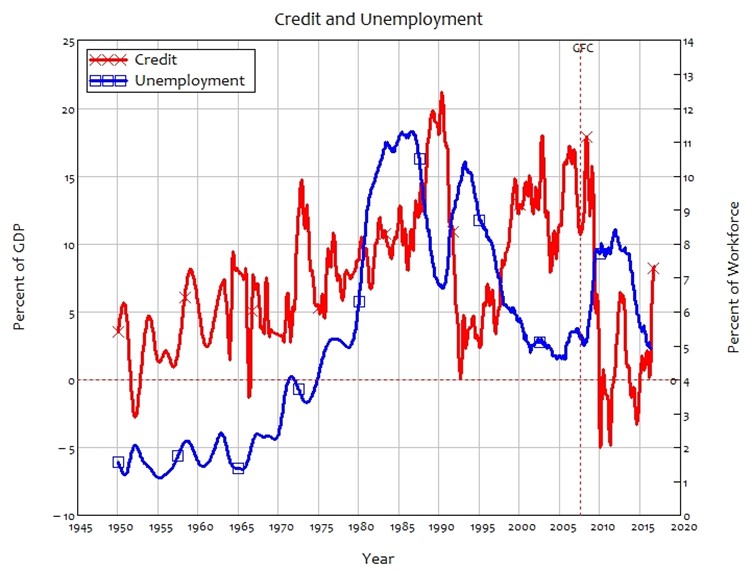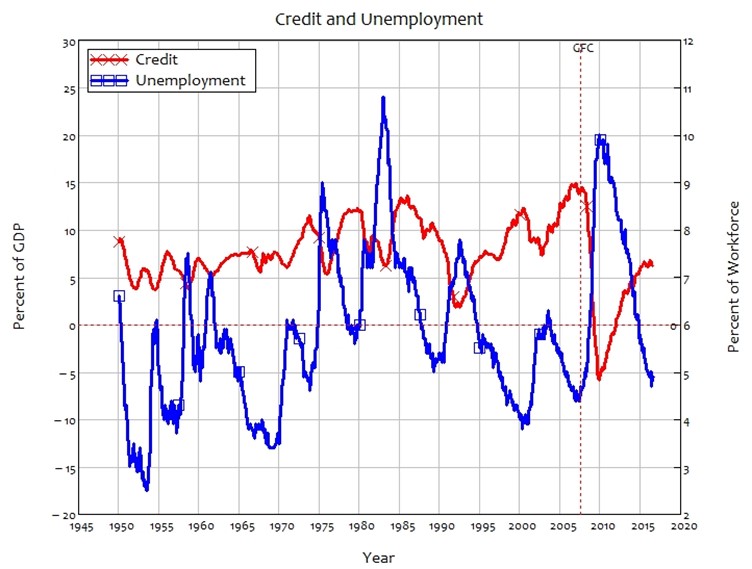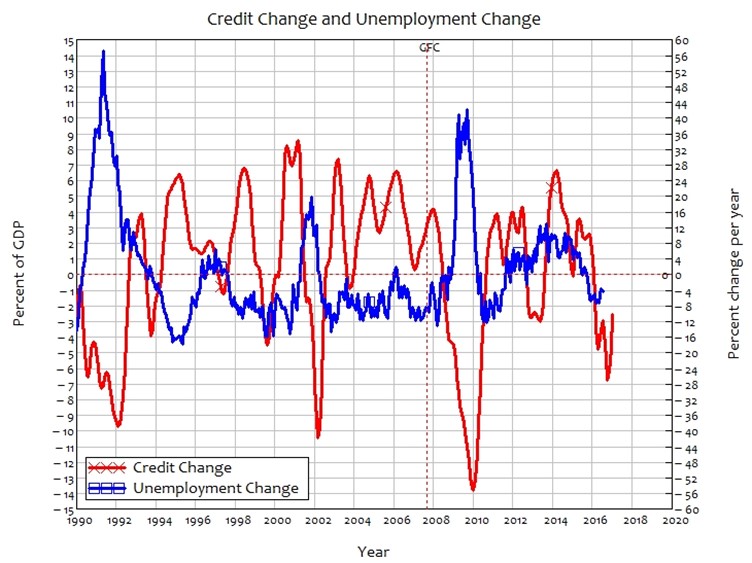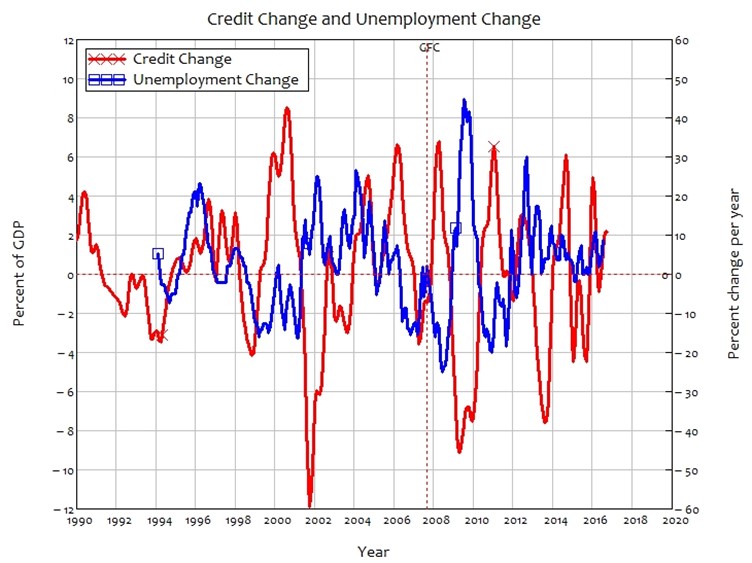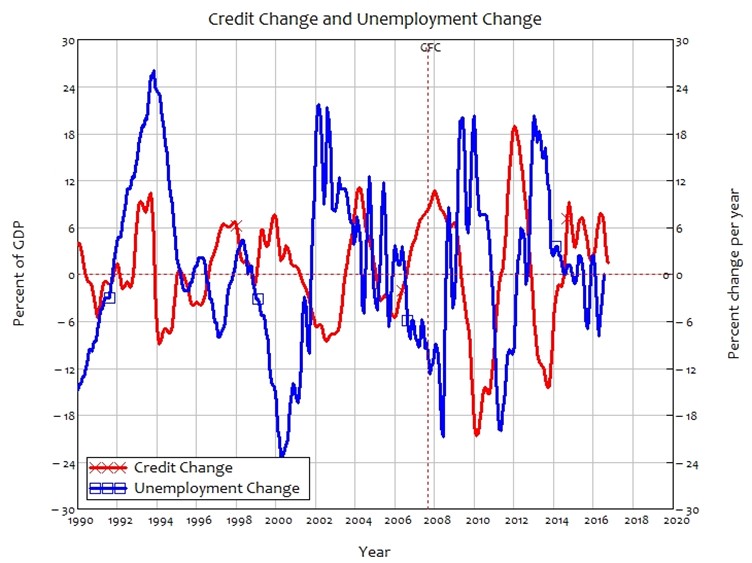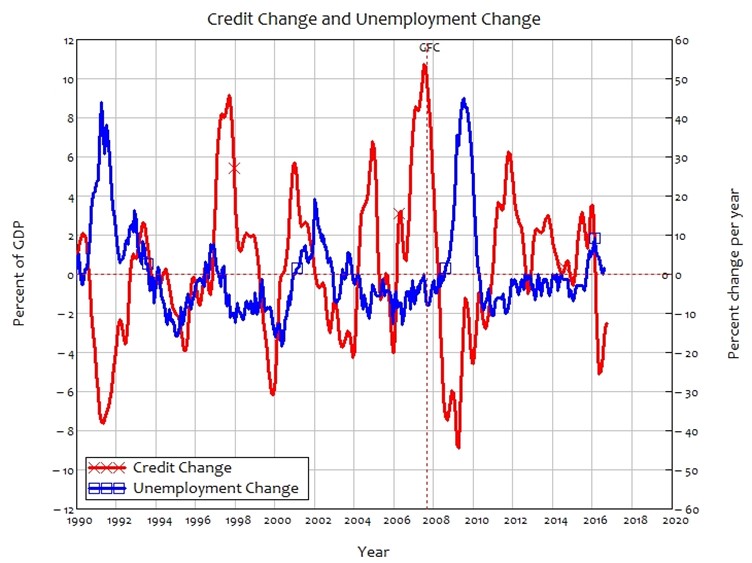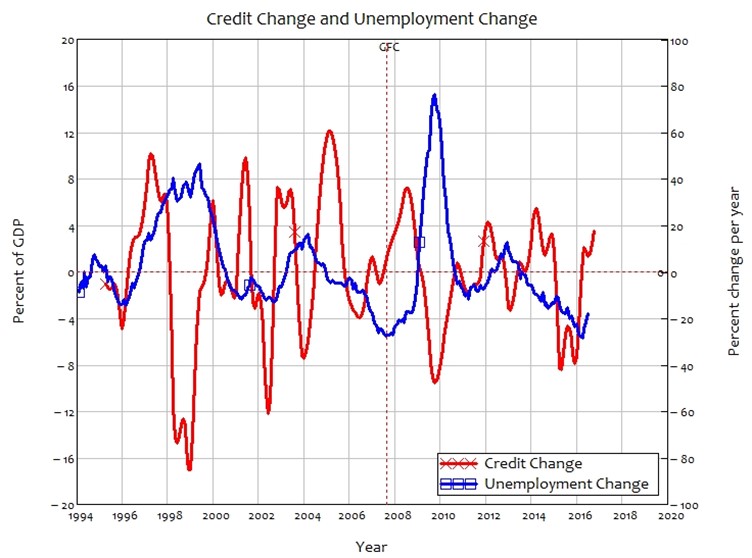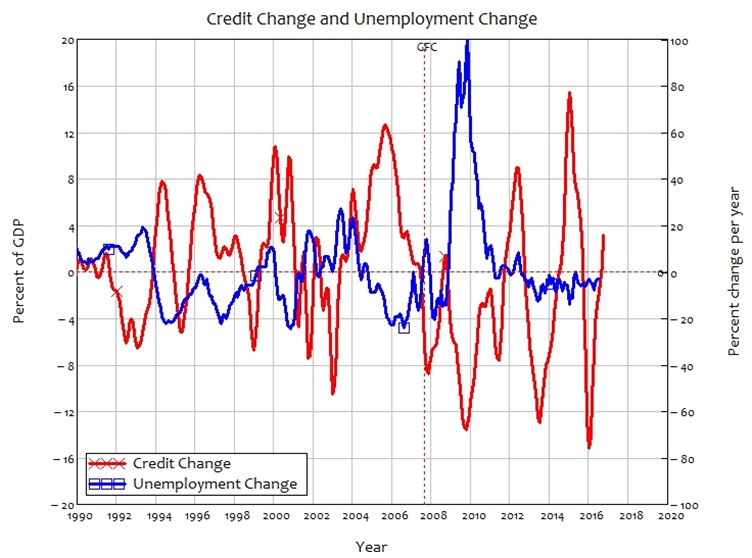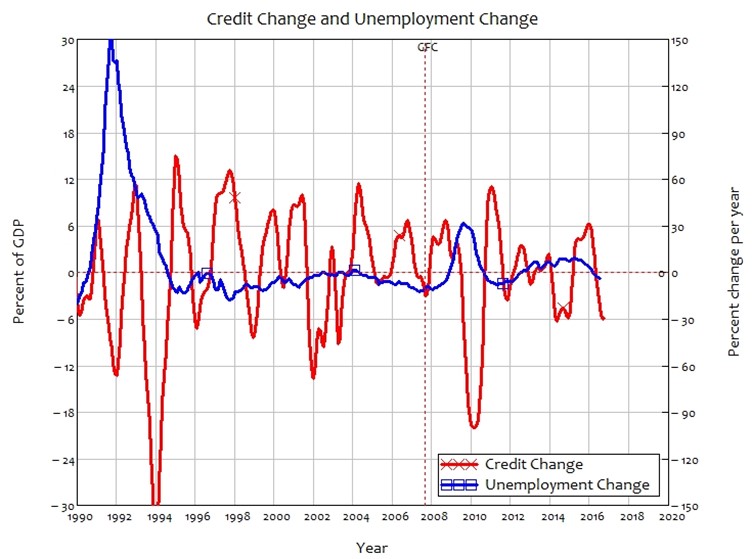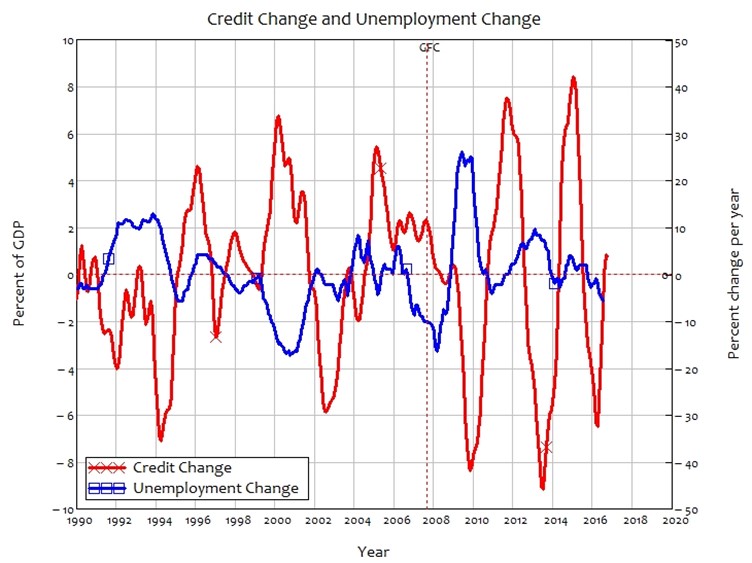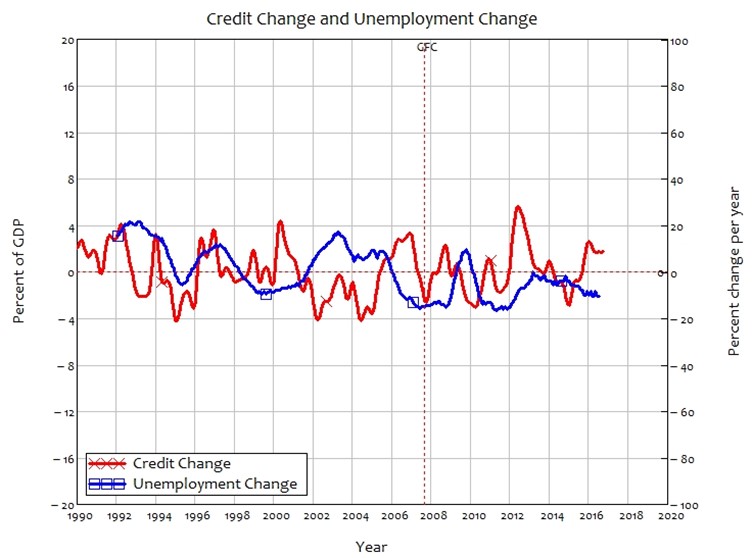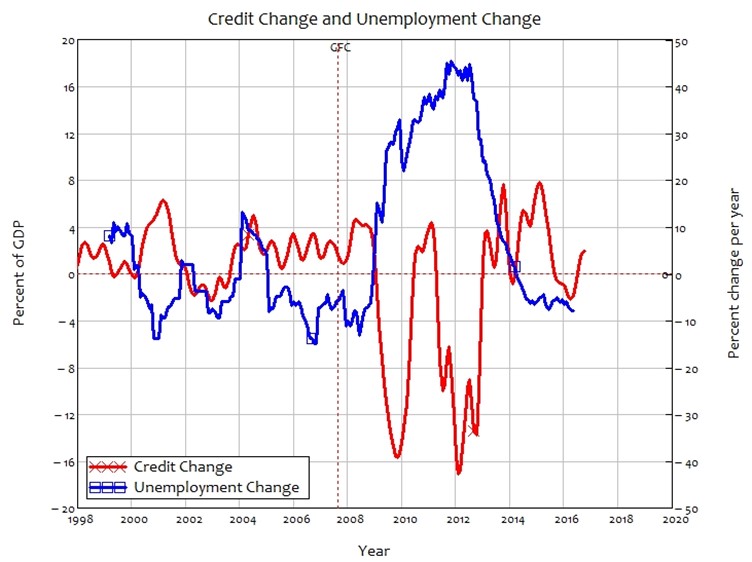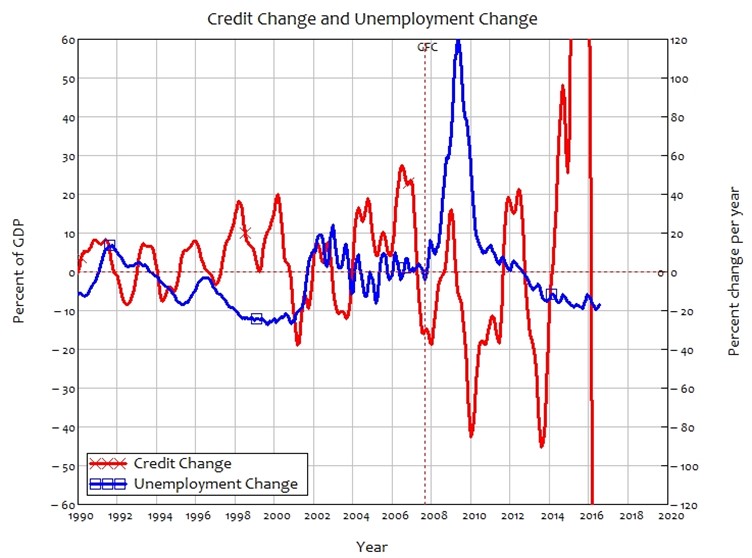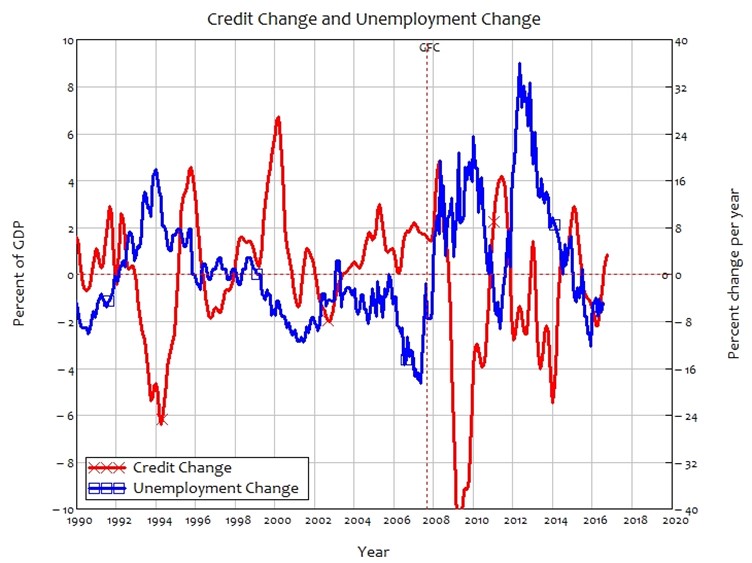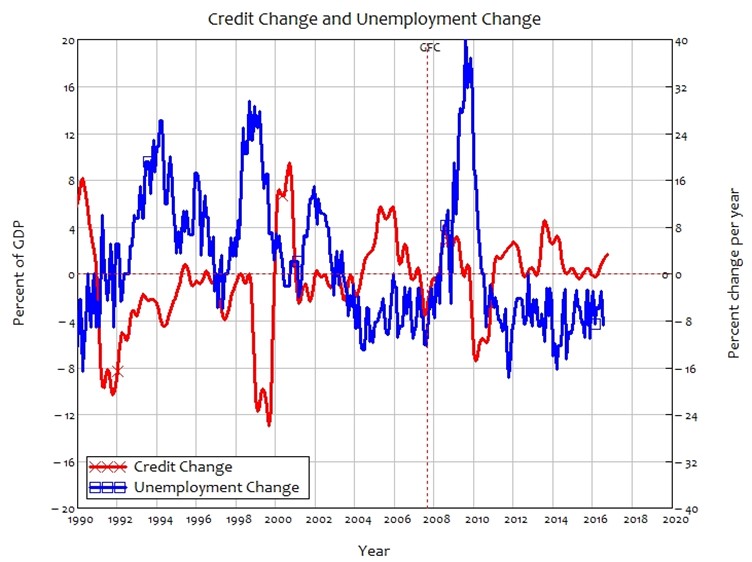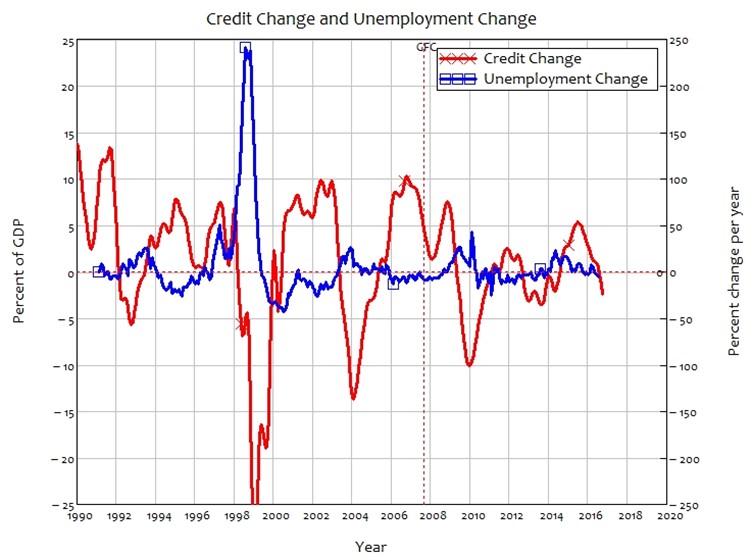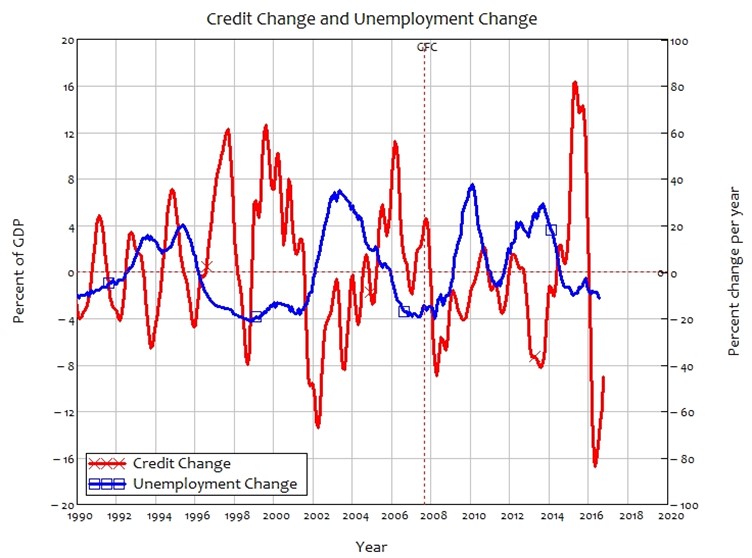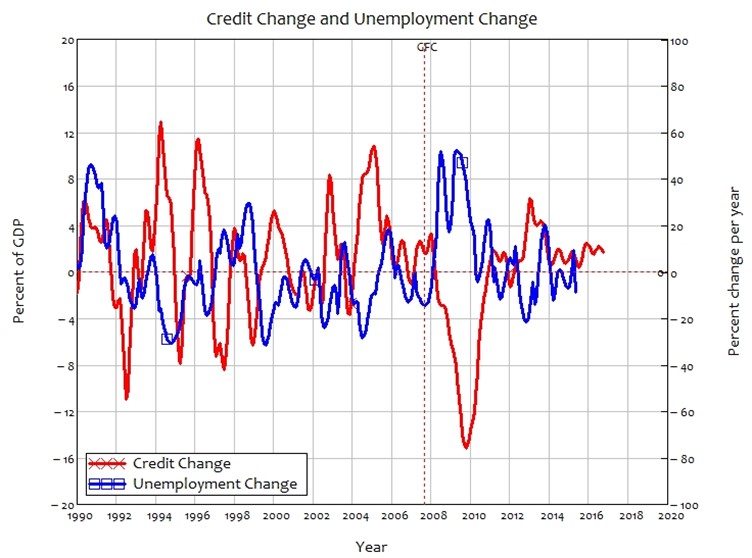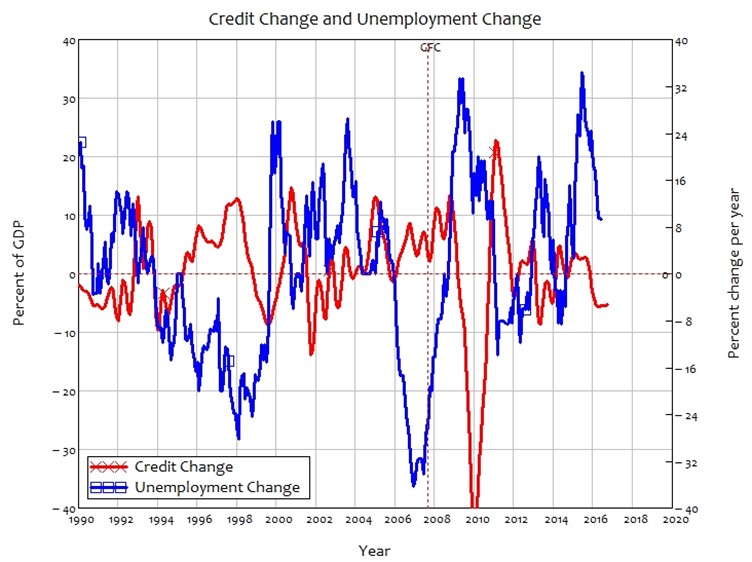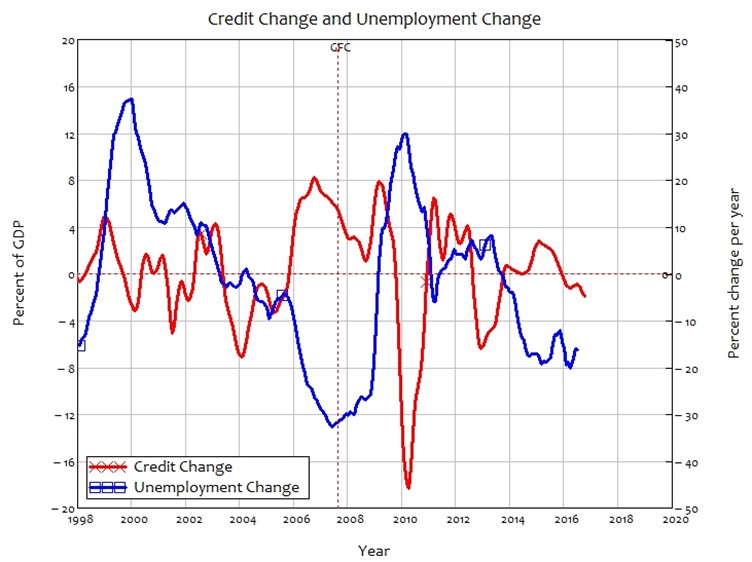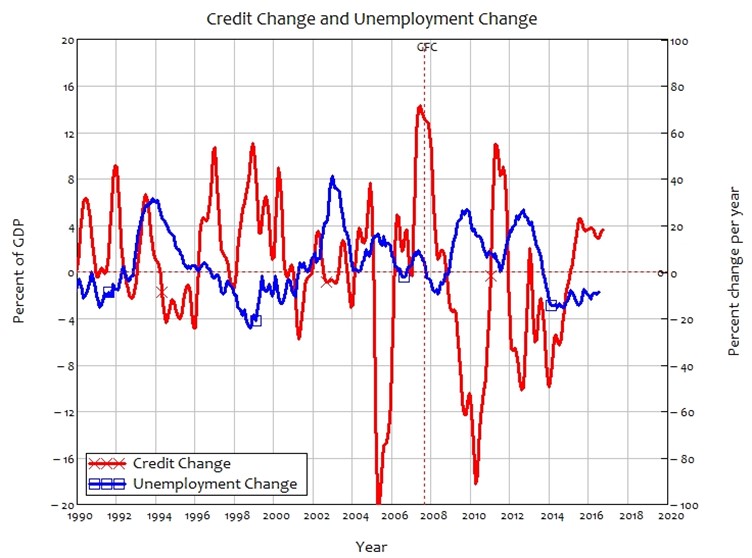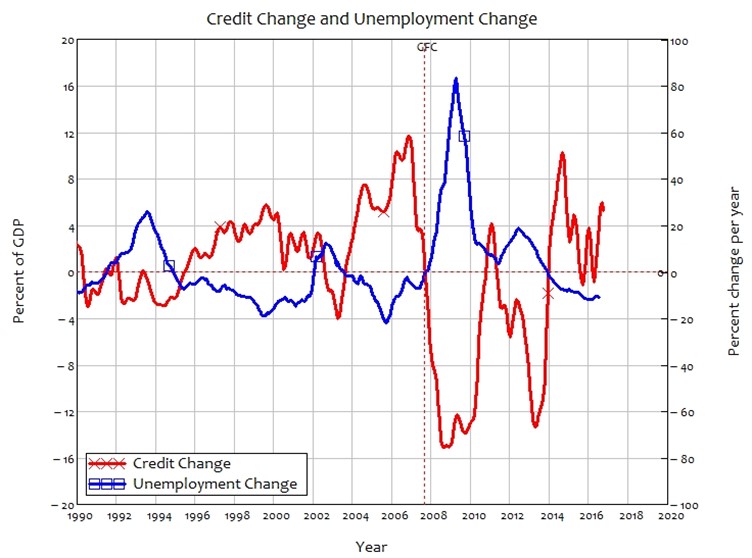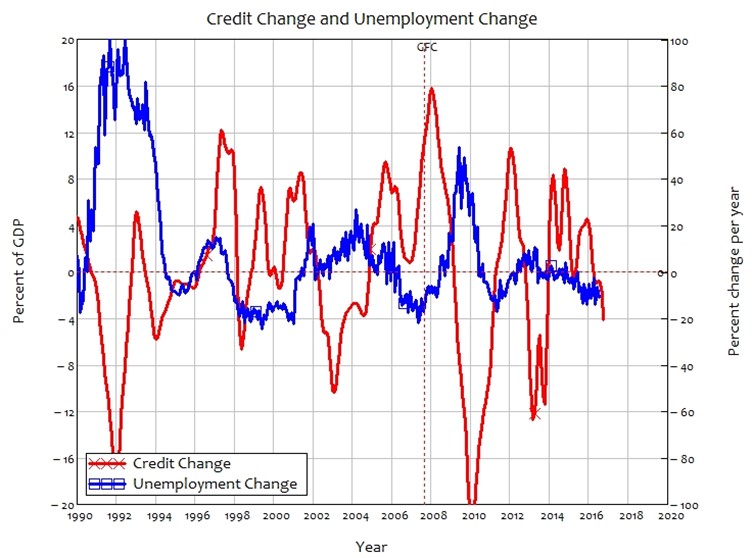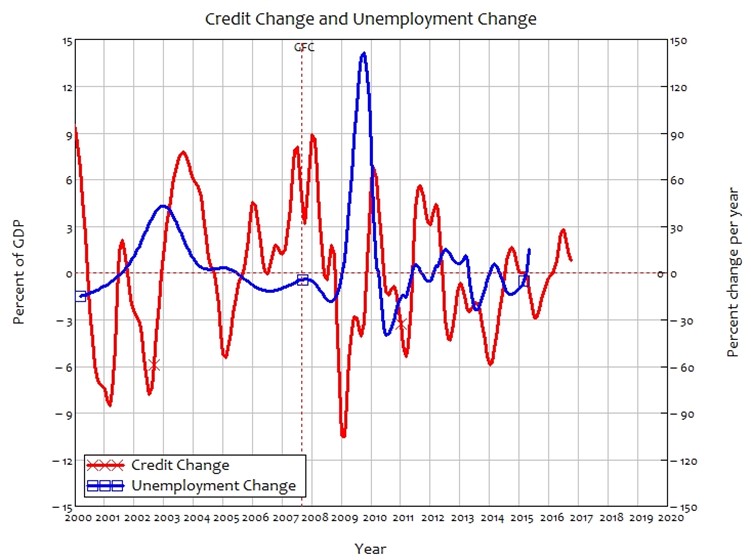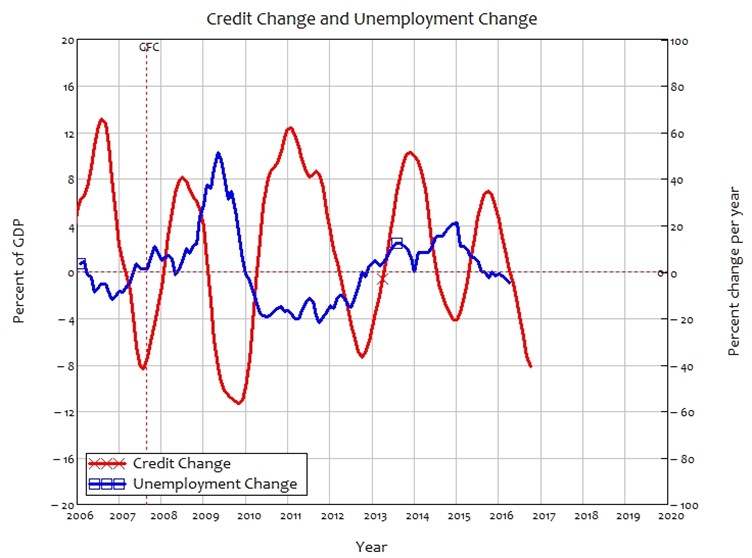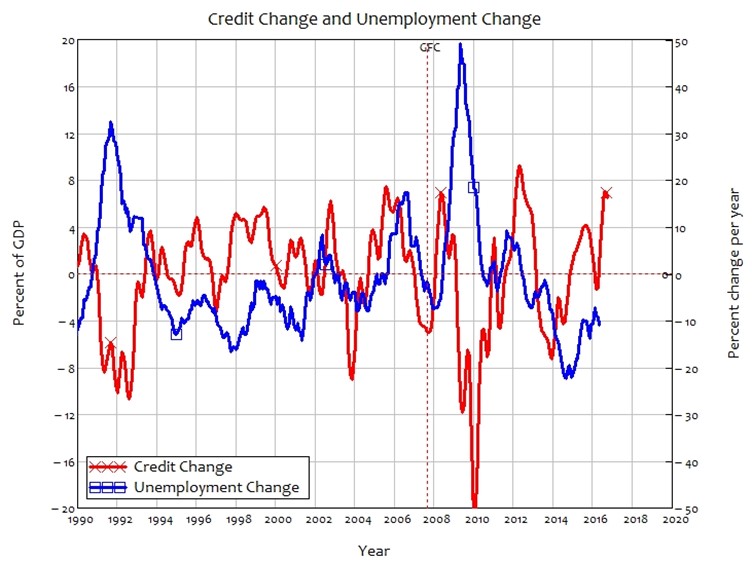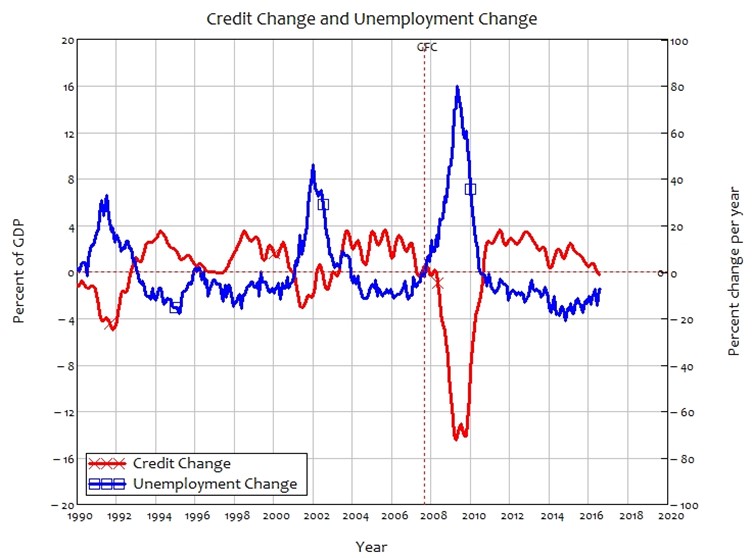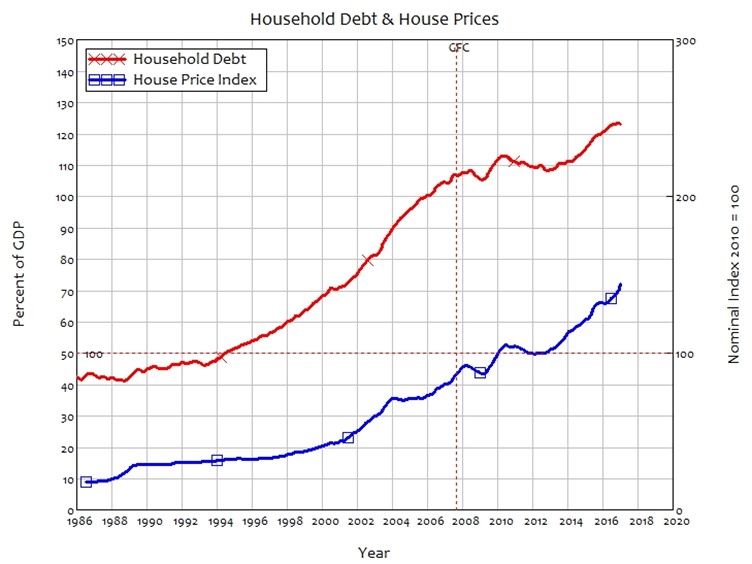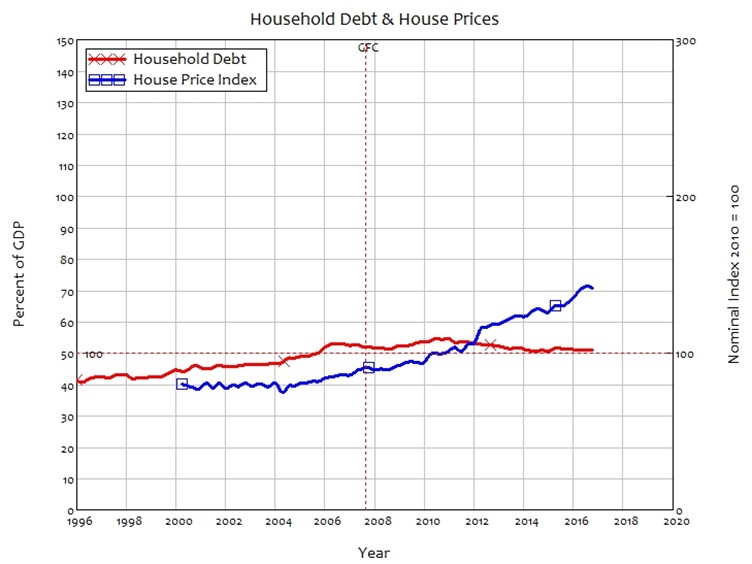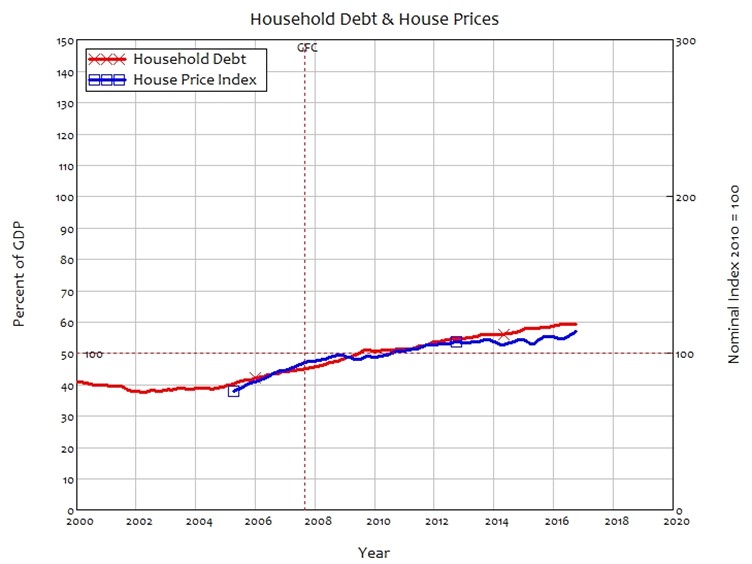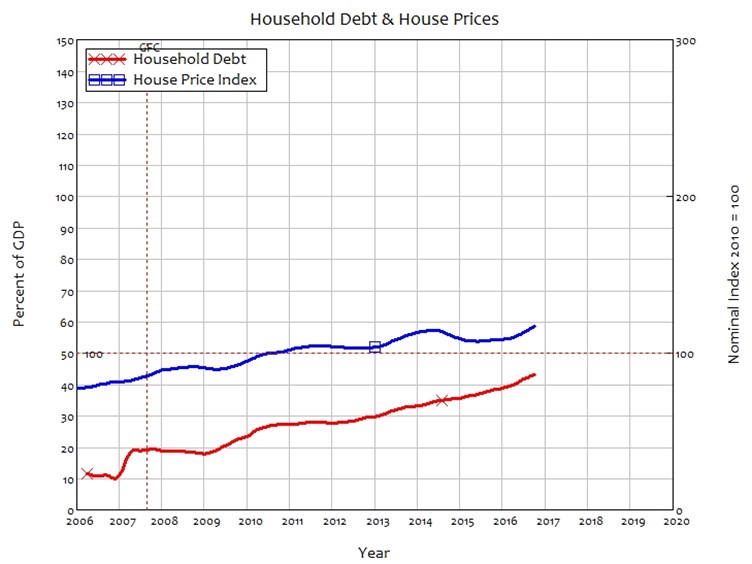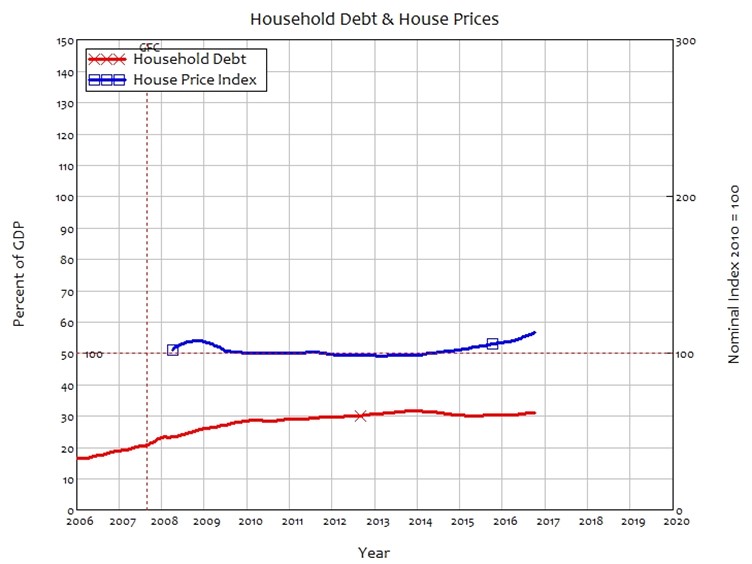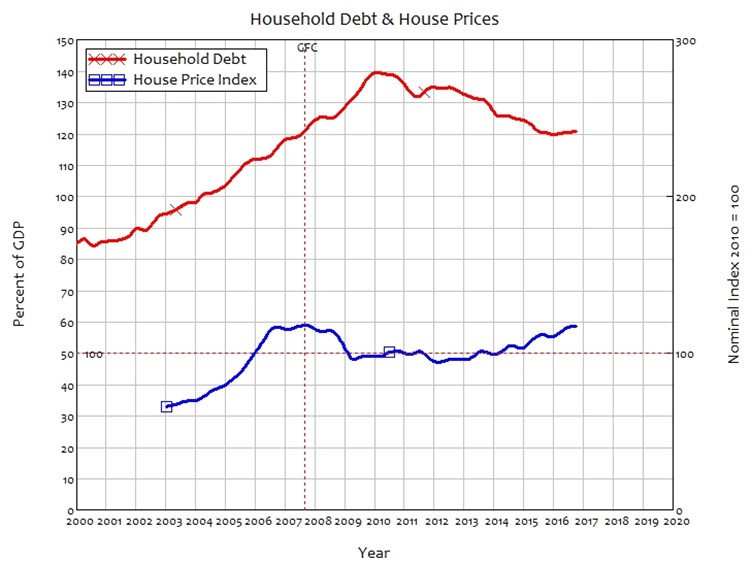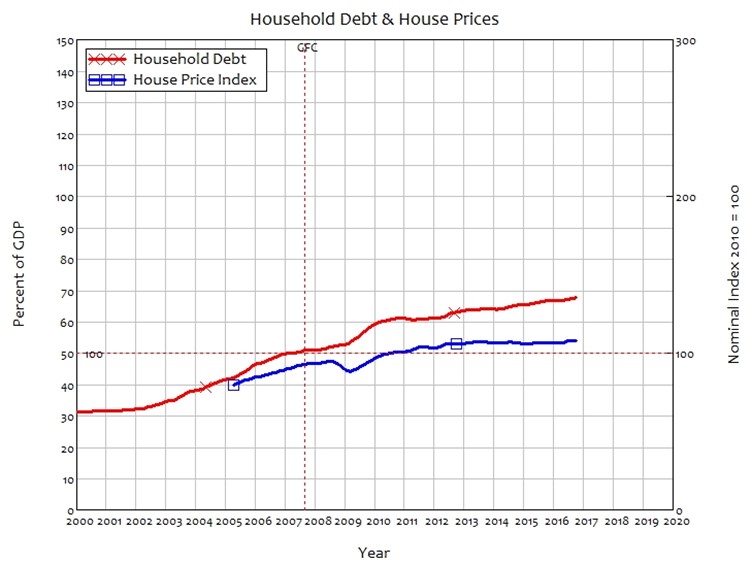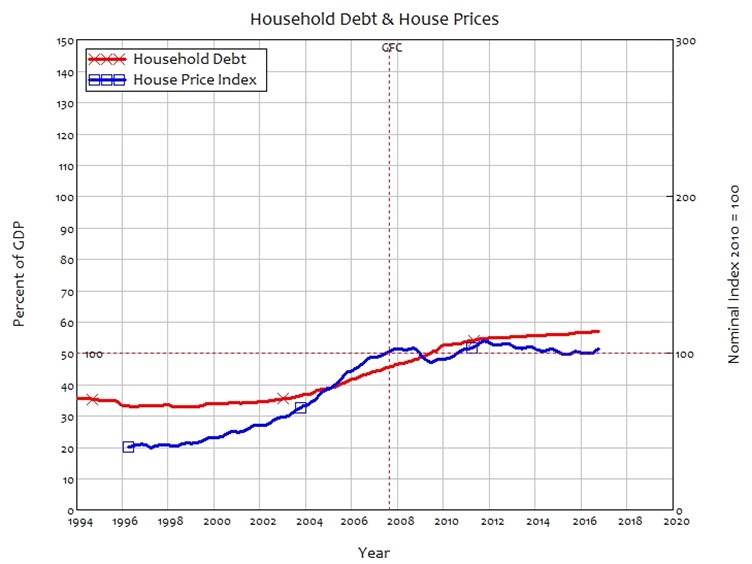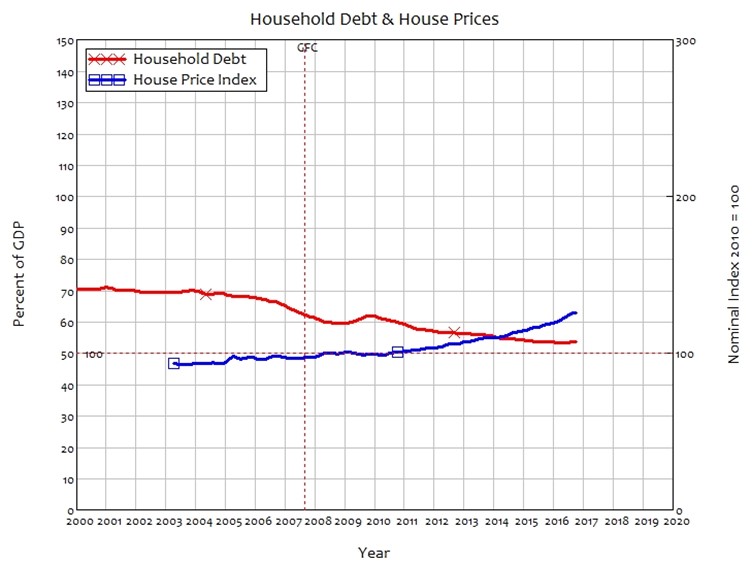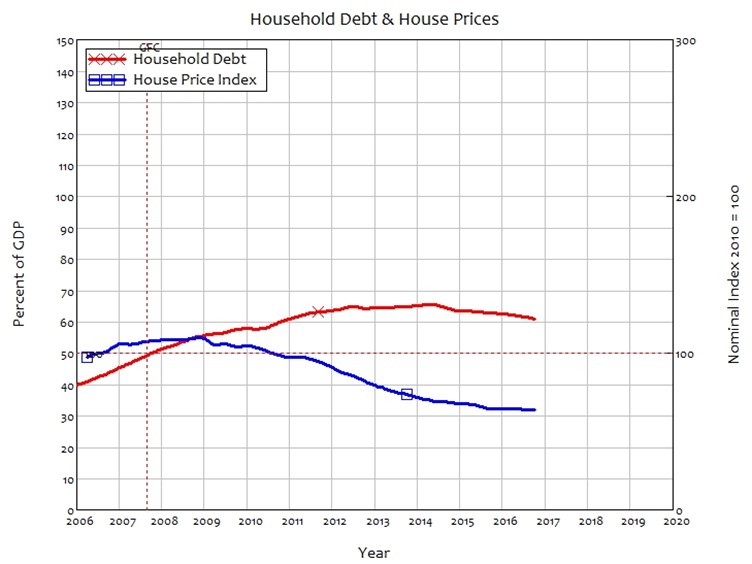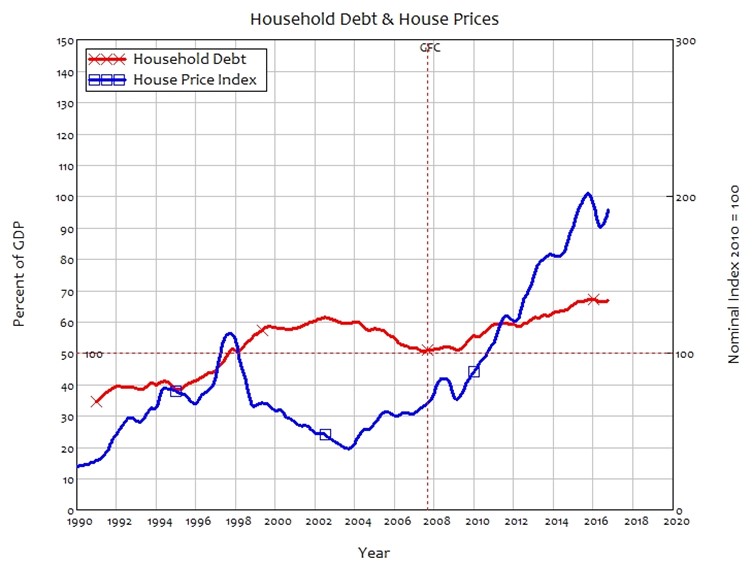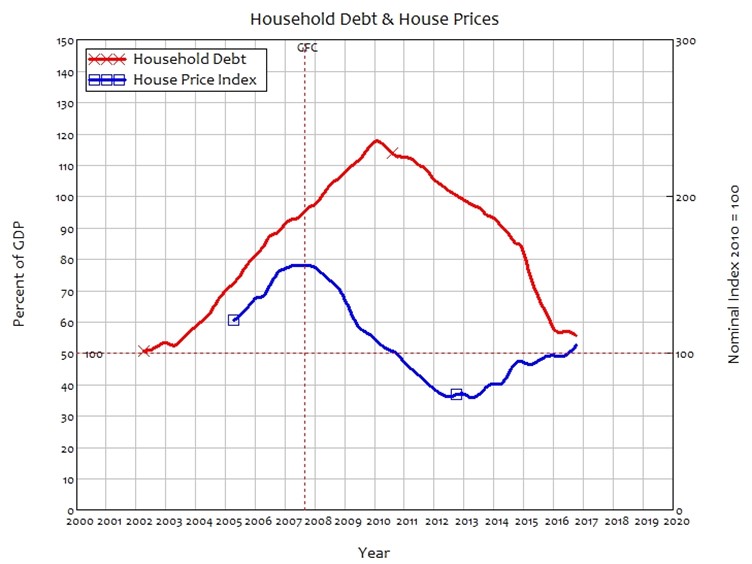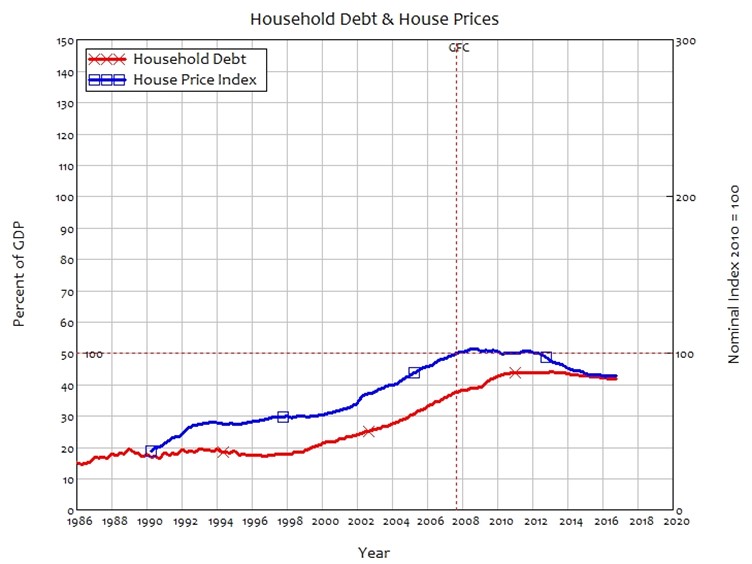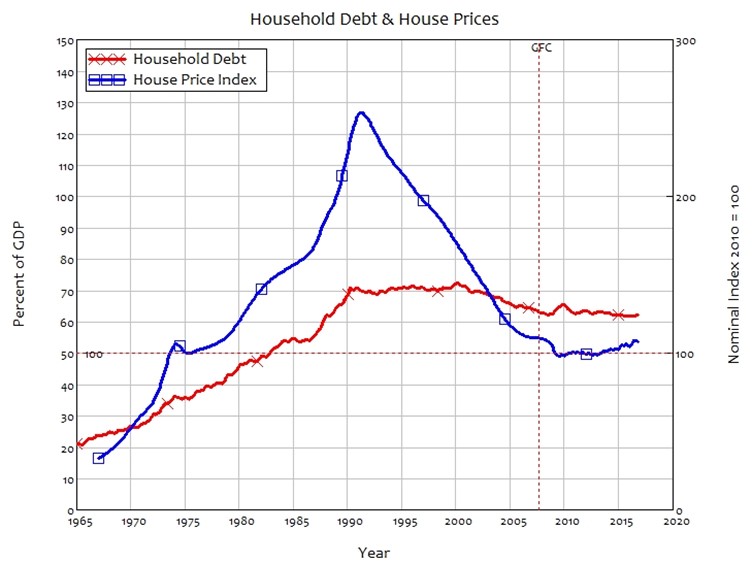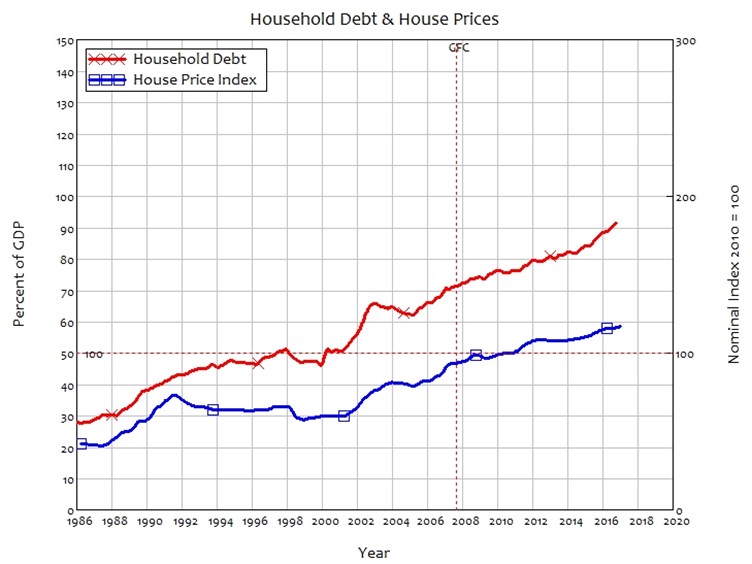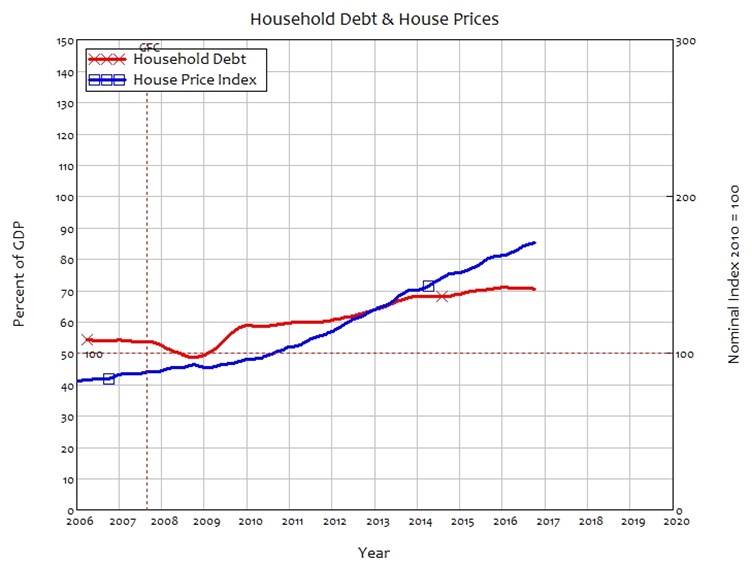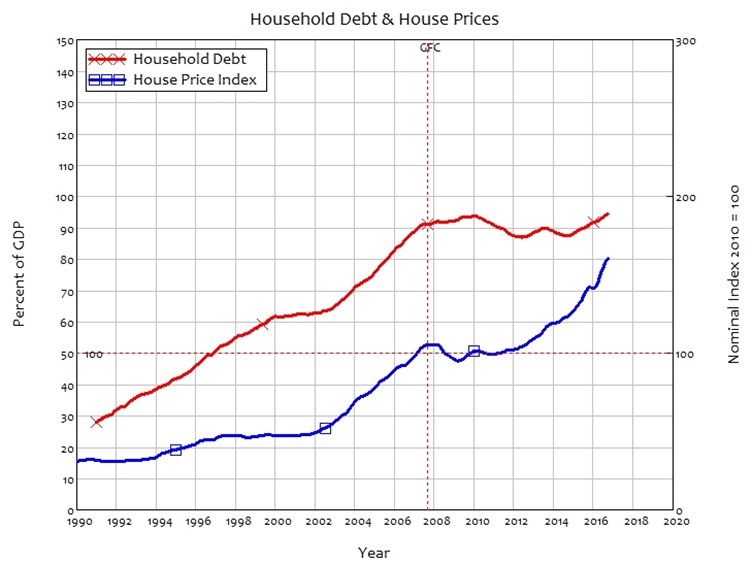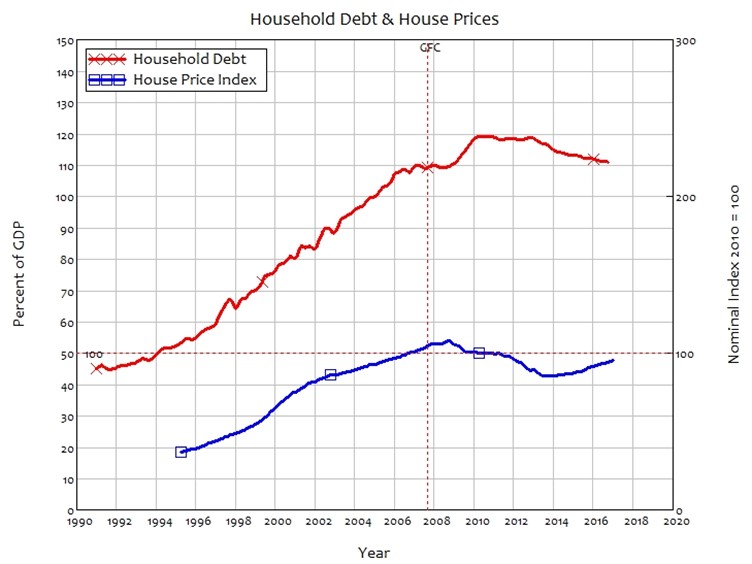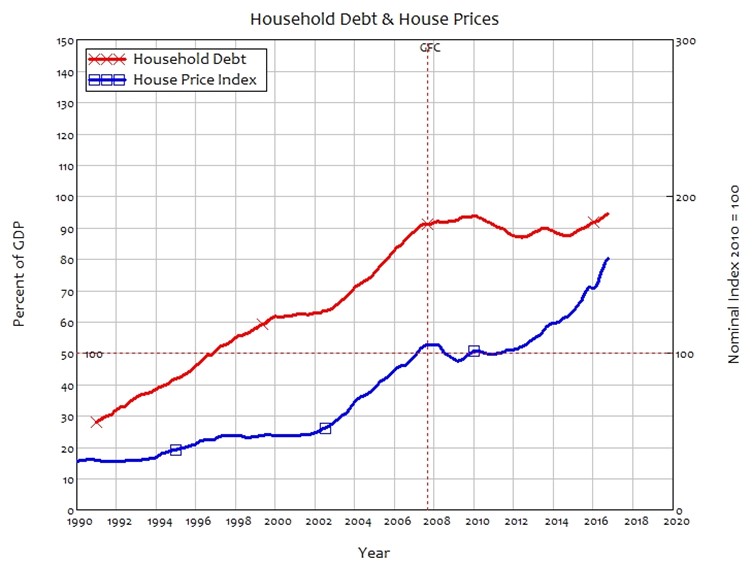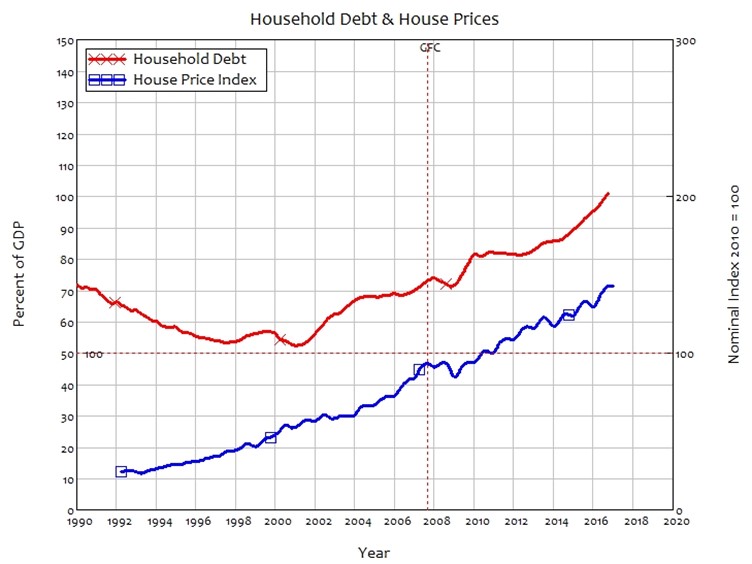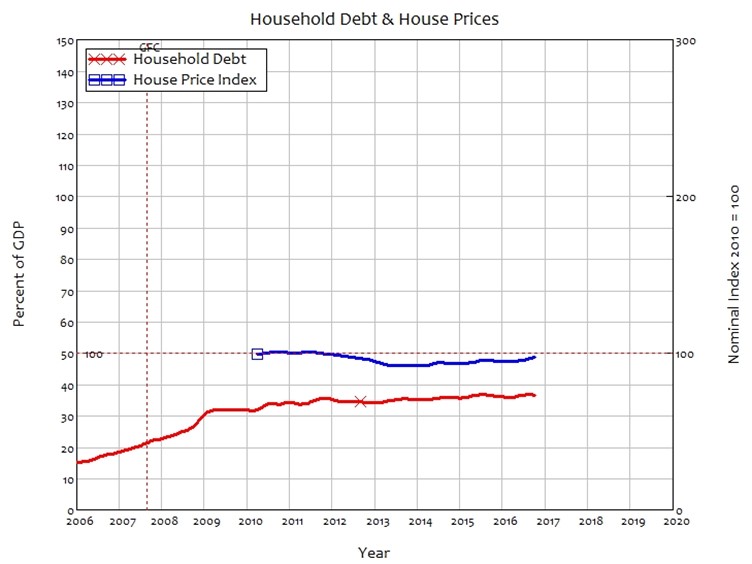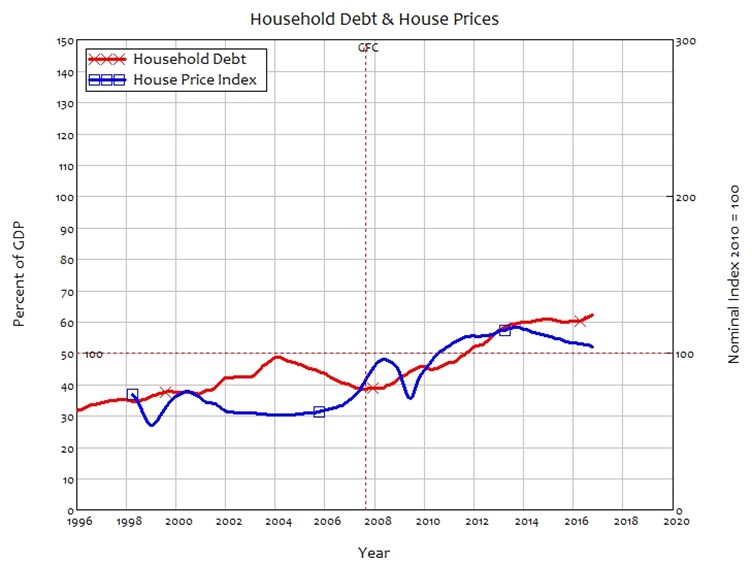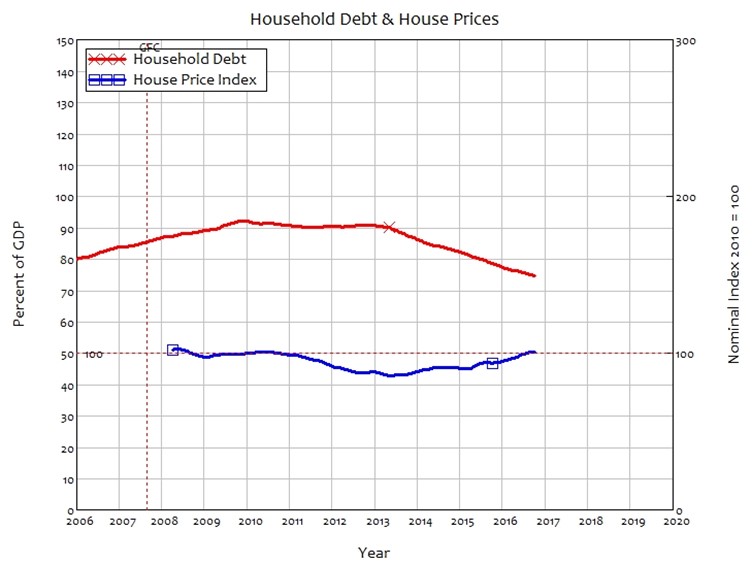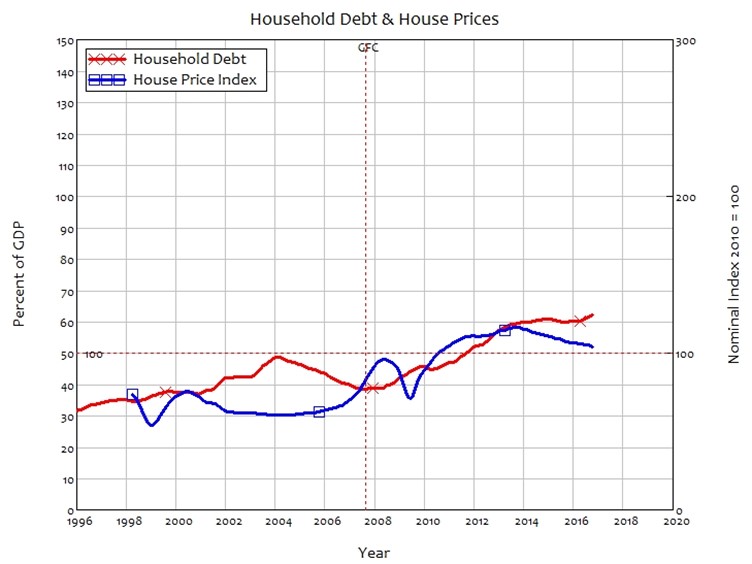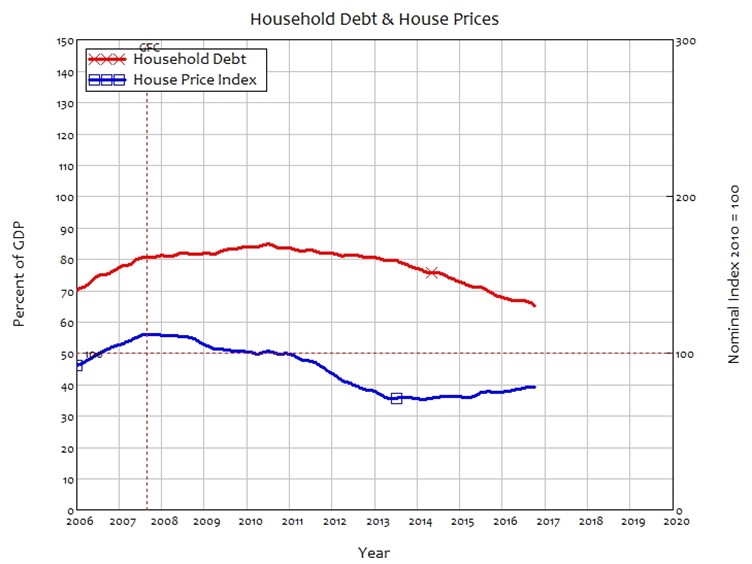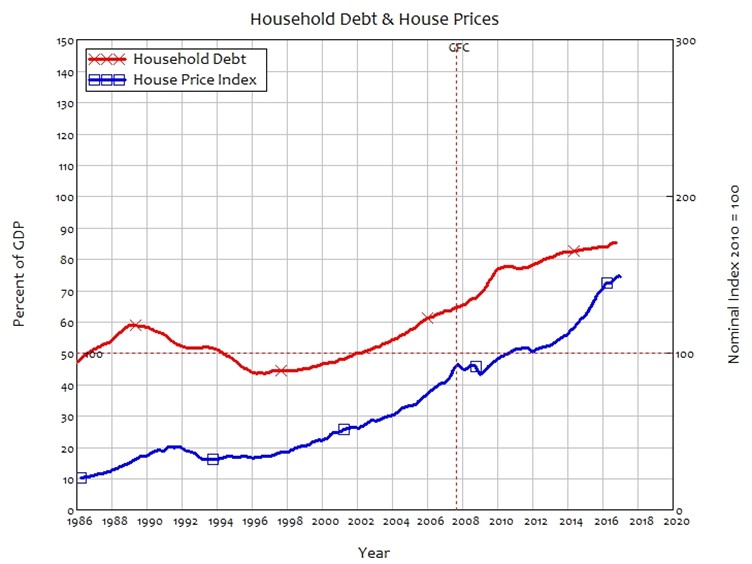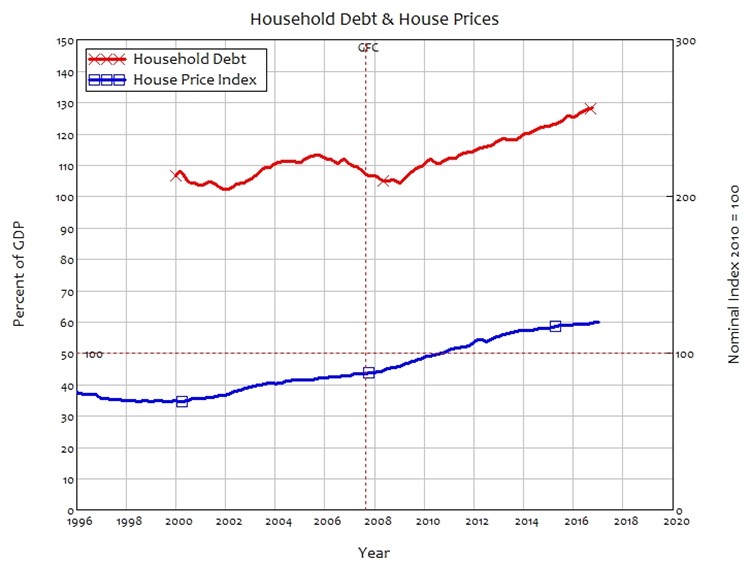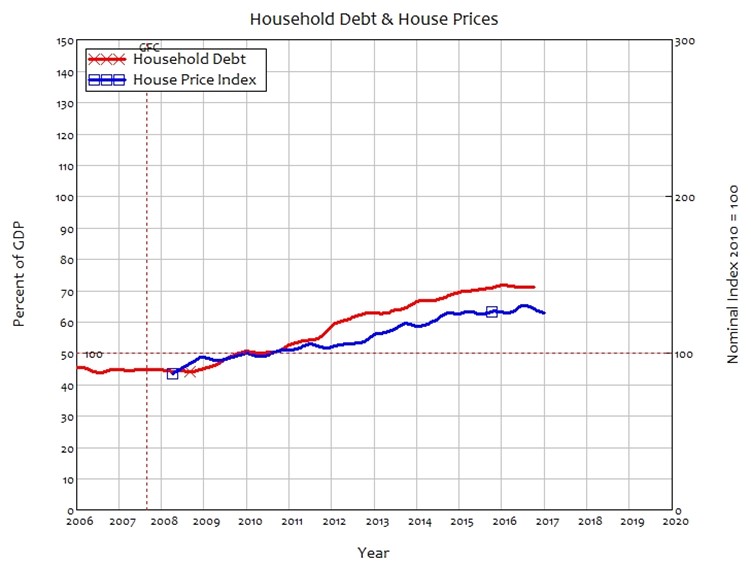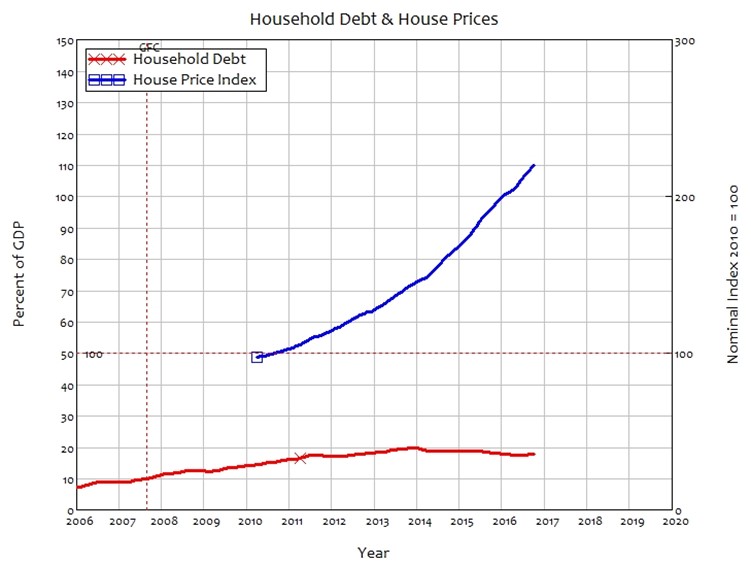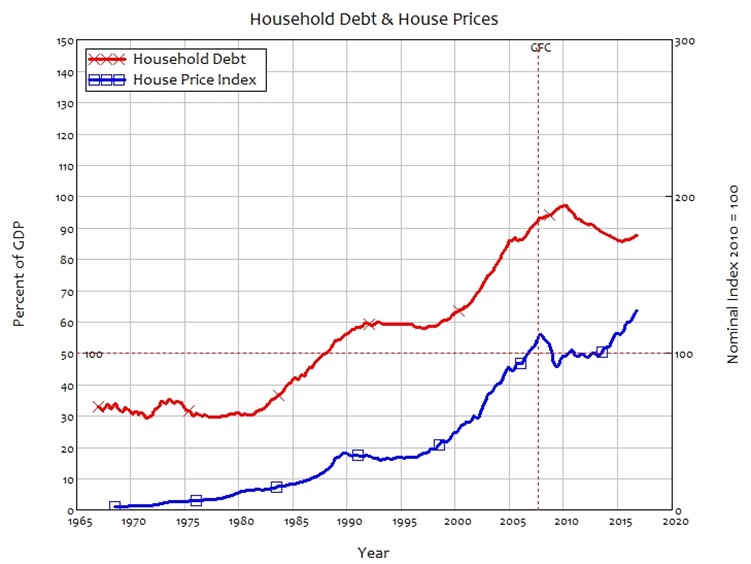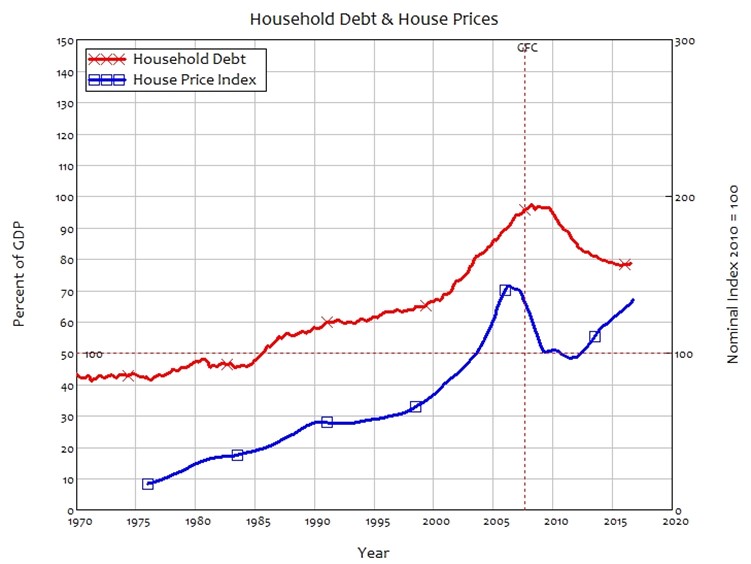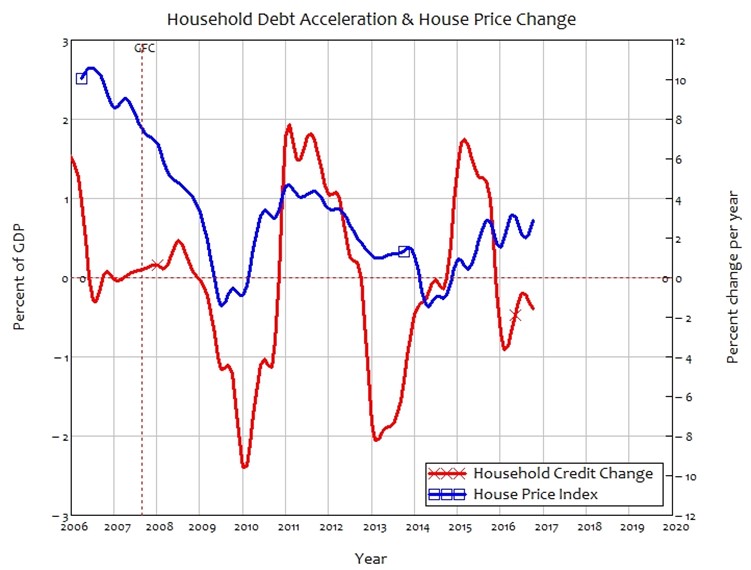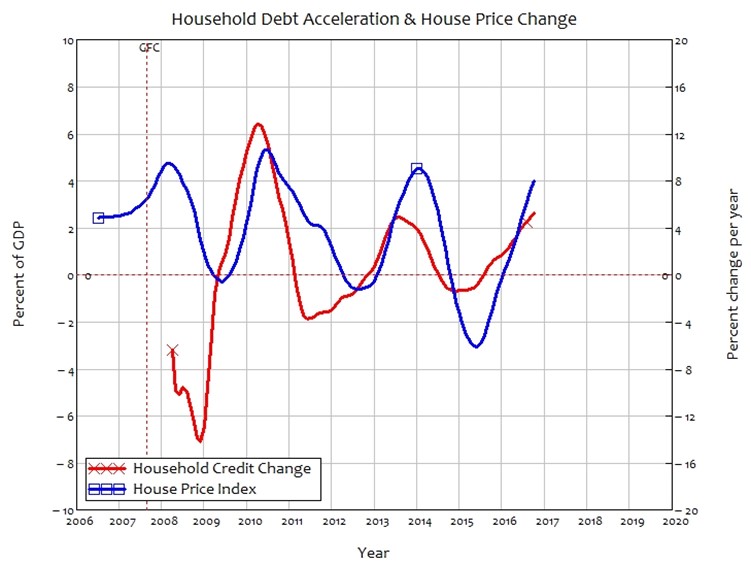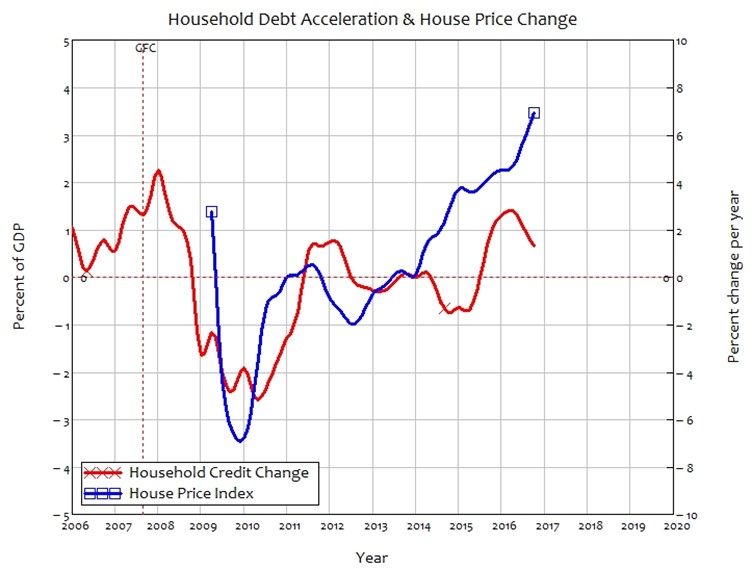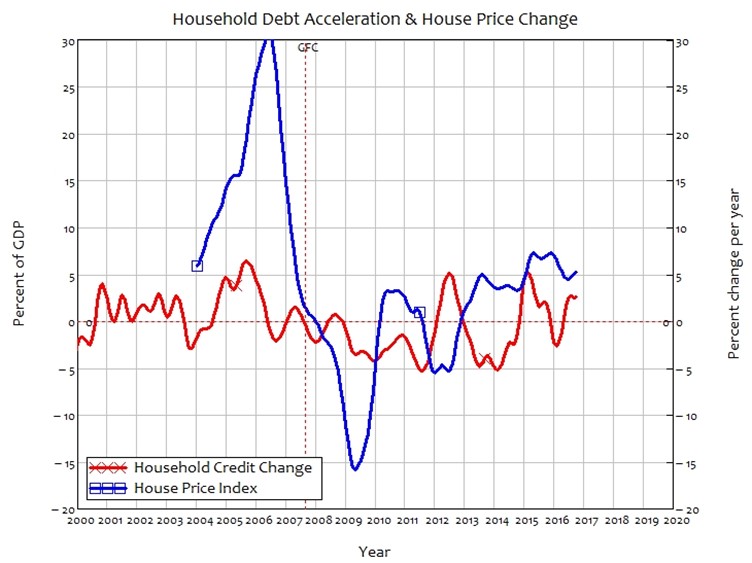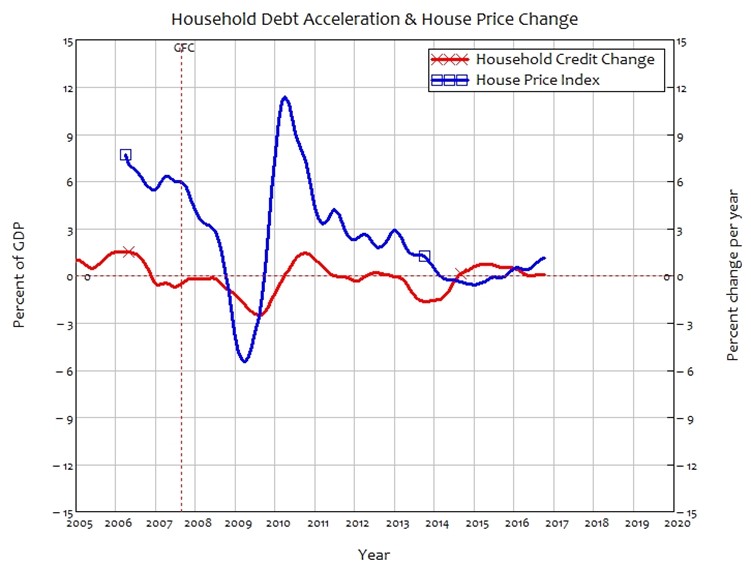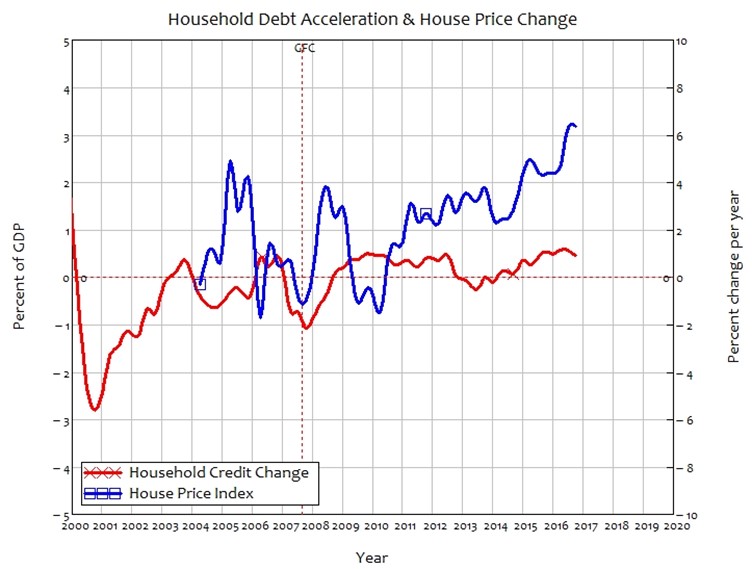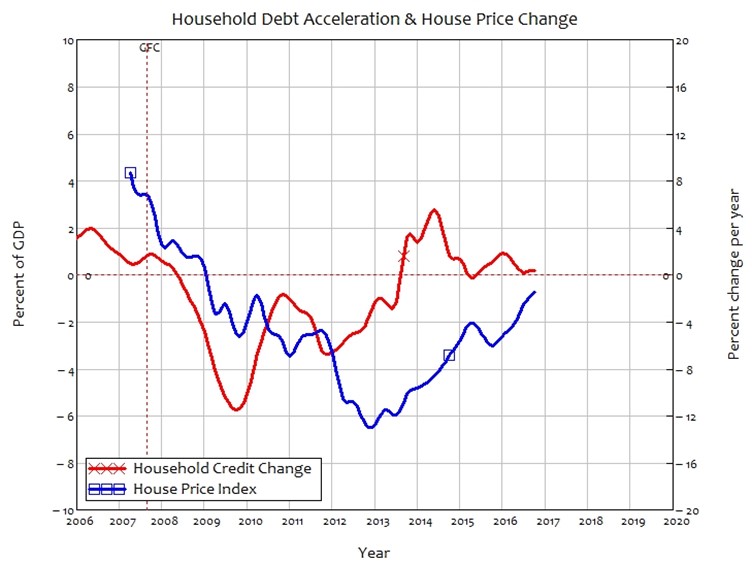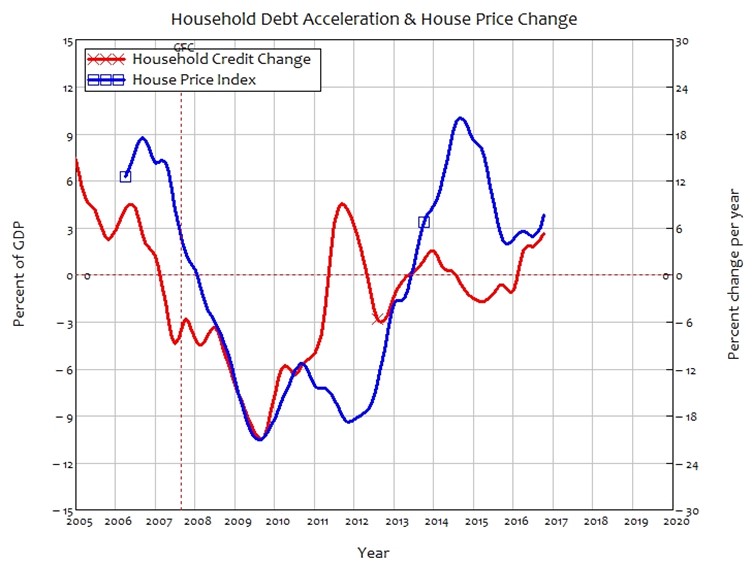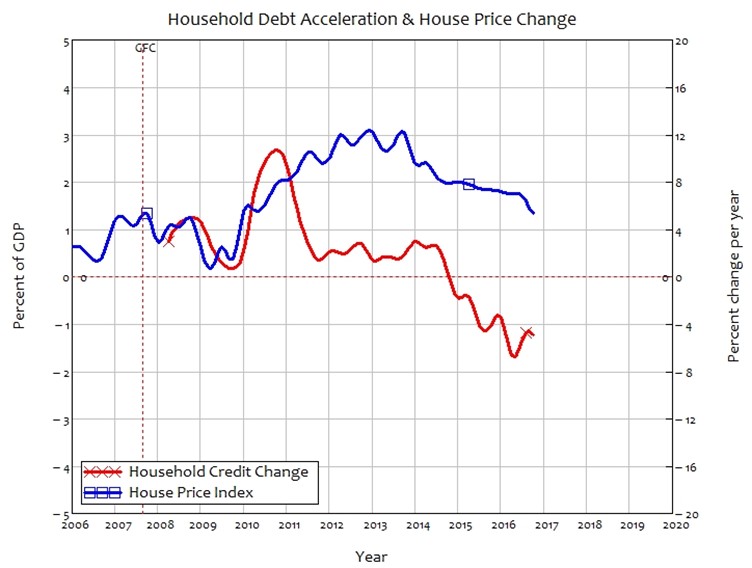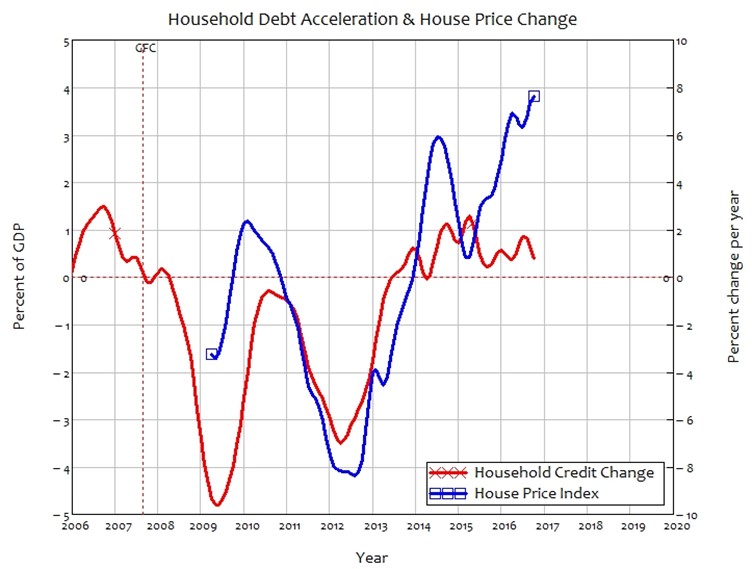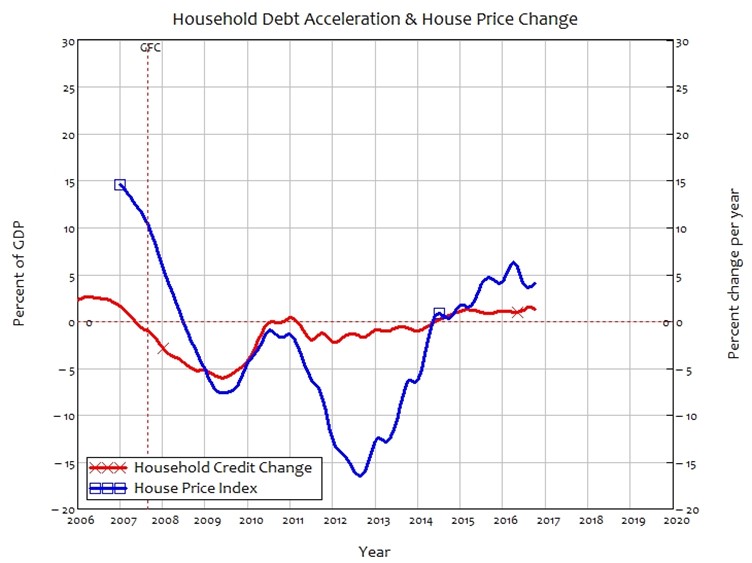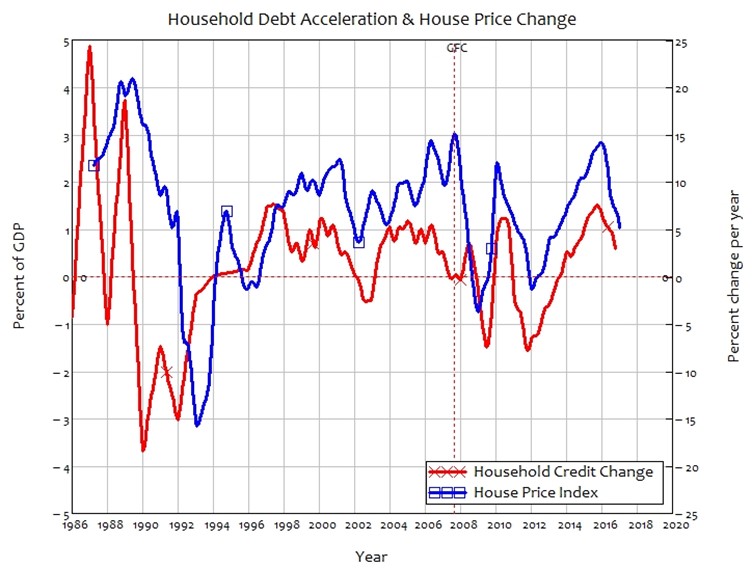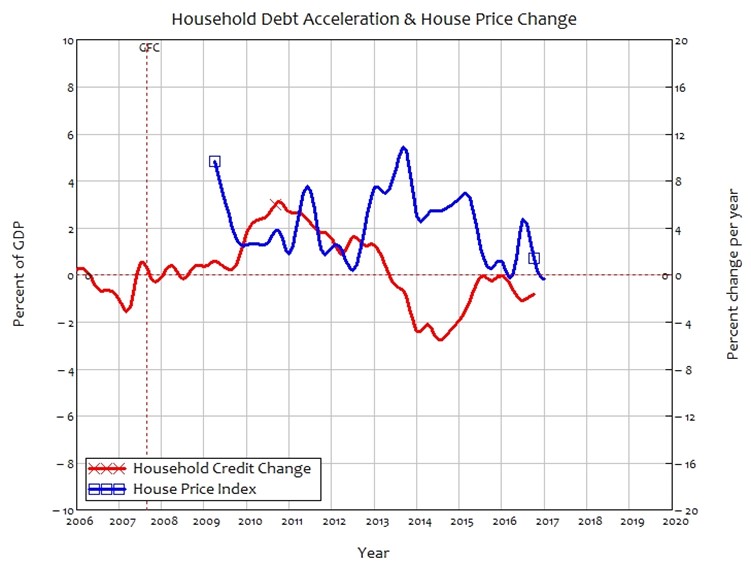Scene 0, Earth One, Year Minus One: A Mad Scientist’s Lab
Dr Strangle: Gentlemen. I vish to show you something magical: thanks to your generous funding of my quantum computing research, I haf created ze world’s—no, ze Universe’s—nein, ze Multiverse’s! first ever quantum communication system!
Dick: That’s great Dr Strangle… So how does it differ from a, you know, a cellular phone?
Dr Strangle: Ha! Those pathetic devices, supposed to be used to communicate ideas, and instead used to share pictures of Brittney Spears. All zey let you do is browse ze intellectual refuse of zis planet, or speak to other stupid persons on it. My Quantiverse©™ Phonebooth lets you speak to YOURSELF across multiple universes!
Tom: What? You mean there’s more than one of me?
Dr Strangle: Yes, unfor… Um, yes, zere are millions of you, on millions of world’s, all of which differ from zis world in tiny but consequential ways. On another world, you might be a woman, or Black, or poor…
Harry: I could handle the first two, but not the third… And you’re saying we can speak to another instance of ourselves, on another planet?
Dr Strangle: Vell, perhaps in version 2.0. But for now, when you speak, what you say occurs as a thought in the minds of every instance of you on every Earth in ze Multiverse—and zat’s a lot of Earths! And everyone who hears it will think what he hears is his own thought!
Dick: My God. You mean, I could say something, and every other Dick in the—the what, the Multiverse?—would think it was their own thought? That… That’s brilliant! Guys! Think about it: remember those experiments we always wanted to do to show how the monetary system should be run? With this device, we can run them all simultaneously, and then pool the results!
Tom: So we should all say the same thing at once? Like, for example, “I want to show how our monetary system is bad: governments that promise to run surpluses and then don’t do it; fractional reserve banks; banking itself, when people should rely just on their own money? I’m going to run an experiment that shows how money should really work. I’m going to use my wealth to create a country—let’s say TomDickHaria—where money is done right from day one.”
Dr Strangle: Vell yes, but don’t be so specific. State something general. Zen each you on another Earth vill think of a different aspect of ze problem…
Harry: In fact, if I understand quantum computing correctly Dr Strangle, we should just focus on one aspect of money ourselves, and let the other Toms, Dicks and Harrys choose other aspects?
Dr Strangle: Zat is right, Herr Harry! Ze magic of the Quantiverse©™ Quantum Multiverse Communications System is zat each trio of Tom, Dick & Harry will carry out a different experiment. You can then pool your newfound knowledge at the end of all zese different simultaneous experiments!
Dick: This is truly brilliant Dr Strangle! Gentlemen, you know we all complain about the monetary system? Well here’s our chance to do more than complain. We can fix just one thing, and also create a multitude of experiments simultaneously! Let’s use this Quantiverse thing to get our counterparts to expose all the weaknesses of the monetary system, all at once!
Harry: Love the idea Dick, but we’d better get the script right. Give us a few minutes Dr Strangle.
Dr Strangle: Certainly gentlemen. I have all the time on all ze worlds in ze Multiverse.
Tom: Ah Dr Strangle, if there are multiple me’s, then there are multiple you’s too, correct? How do you know some of them haven’t already made a Quantiverse?
Dr Strangle: Elementary my dear Tom. Because I have. I’m the Dr Strangle that succeeded, the others have all failed—so far.
[A few minutes later, Tom Dick and Harry hop into the Quantiverse booth, and say in unison]

“I am going to create a mini-country with my two best friends, where the money system is done right. We’ll fix one thing that’s wrong with the current system, and show how much better the economy works as a result.”
Dick, to Strangle: So that’s it? What do we do now?
Strangle: Easy. You just choose one thing to change, and do it. Trust that some Tom, Dick and Harry on some Earth elsewhere in ze Multiverse will change one different thing.
Tom: But how will we know what they found in their experiments?
Strangle: Ah, zank you for asking. Let me show you the budget for my Quantiverse©™ Séance machine…
Dick: We’ll pay it, Dr Strangle. Now gentlemen, as the Earth on which this experiment originated, let’s go for the purest of all systems: a world that reproduces our hero Milton Friedman’s hypothetical world from the Optimum Quantity of Money (Friedman 1969). There’s a fixed amount of money, no banks, no lending, and no government. Let’s do this!
Scene 1, Earth One, Year 1: A recording studio
Hi! I’m Tom.
I’m Dick.
And I’m Harry.
Dick: We are three, law abiding, liberty loving Americans who have had it up to here with the America of today.
Tom: We are so sick of politicians who won’t keep their promises.
Dick: And governments that won’t balance their books.
Harry: Every election, some politician promises to get the government’s house in order. Every year, they fail. Look at this: the Whitehouse has kept a record of its surplus since 1901. And what does it show?
Tom: Failure!
Dick: They all say they’re going to run a surplus: almost all of them fail. The average “surplus” since 1901 is minus 2.5% of GDP!

Tom, off script: Err, Dick, what about the Wars though? Shouldn’t we leave them out?
Harry: Ha! Even if we do, the deficit is still 1.85% of GDP.
Dick: Some “Surplus”! Ha! They should be honest and call it a deficit! Turn it upside down and you’ll see the truth.

Dick: You see? Irresponsible! Promise a surplus, deliver a deficit! It’s criminal.
Tom: Shame! Shame!
Dick: And Trump! What a disappointment! He criticized Ryan for not balancing the budget…
Harry: When he wasn’t even President!
Tom: That’s right, when he wasn’t even President!

Dick: And yet when he gets the #1 job, what does he do? Can’t even get to the average deficit, even excluding wars! He’s running a deficit of over 4% of GDP!

Tom, off-script: Ah, Dick, Clinton did pretty well though, didn’t he? He managed a 2% of GDP surplus! Maybe we shoulda voted for [whack!]
Tom: Sorry Dick, I don’t know what came over me!
Dick: Maybe it’s your mutual love of cigars? Anyway, back to business: we’ve had enough!
Harry: That’s right: we’ve had enough of governments promising to save money, to put some aside for a rainy day, and not doing it.
Tom: So, we’ve decided to form our own country.
Dick: And do it right, from day one! We’re sick of governments running up debt, so…
[spin out to three worlds here, where in each world, Tom, Dick and Harry try a different Neoliberal fantasy about money…]
Chapter 1, Earth One: we’re not gonna allow debt, and we’re not going to have a government!
All 3, to camera: We hereby declare ourselves to be citizens of TomDickHaria™©. TomDickHaria is a self-sufficient country located about here (x covers half of the Midwest). We have no government but! And no welfare! And no taxes either! We are a pure, free enterprise nation. And we want our story to be an inspiration to more of you to break away, form your own free countries. So here it is. We’ll lay it down as it happens, so you can all learn from our quest for freedom…
Giles [Camera Man, interrupting the filming]: But how are you gonna do that? The United States government won’t let you!
Dick: You just right on shooting sonny boy, and let us big boys worry about the details…
Harry [conspiratorially]: You see, we ain’t dumb. We’ve incorporated TomDickHaria™© in the Cayman Islands: it’s a company, not a country.
Giles: But what about all the other businesses here? What about my business? I’m not part of “TomDickHaria”!
Dick: Oh yes you are sonny. You see, we’re not poor either. I’ve made a little money out of oil.
Harry: And I’ve made some out of “accounting”. People pay me real good to cook their books.
Tom: I just inherited lots of land from ma Daddy. But really, really lots of land.
Dick: We bought your business, and every other business in TomDickHaria™©. You can keep on running it just fine, and pay yourself a nice management fee, but you’re a subsidiary of ours.
Giles: I’m what?
Tom: A subsidiary of mine. We bought the bank, I paid off all your debts, and I got your business in return.
Dick: Just so that, you know, you’d have to come along with us for the ride. You’re debt free, but we own you. Sort of, anyway. And everybody else in TomDickHaria™©.
Giles: What? Oh My God this is insane! And you guys can evade your US taxes, but I’ll have to pay them!
Rita [Giles’ sound recordist]: And so will your staff.
Dick: No you won’t, because we’re not going to pay you in US dollars. You’re going to get Miltons instead. And your wages will be in Miltons too. The US doesn’t tax Miltons.
Giles & Rita in unison: “Miltons”? What the hell are “Miltons”?
Harry: They’re our own currency. See?
Giles: Your own currency? What, you expect me to accept payment in your bloody IOUs, rather than Uncle Sam’s Greenbacks?
Dick: Did I mention we were rich? We’ve put 300 billion greenbacks into a little account in the Cayman Islands to back the Miltons, just in case. But in TomDickHaria™©, all payments will be in Miltons. You can use your Miltons to buy anything else you want produced in TomDickHaria™©. We’ll maintain parity to the dollar: one Milton will always be worth one 2020 United States dollar. But hell, it’ll be worth a lot more than a US dollar in 2030! With the trillion-dollar deficit Trump is running, hyperinflation will start in Uncle Sam’s currency any day now!
Tom: Errr, but Dick, inflation has been fall… [whack]
Tom (a bit shaken but still going): It’s fallen even as the deficit has risen. Look—they don’t seem to move togeth… [whack!]

Dick: Mere detail. “Long and variable lags” (Friedman 1961, p. 464). It’ll happen to Uncle Sam, but not to us: the supply of Miltons is fixed. There’s 300 billion of them, and that’s it. Just as we agreed, OK Tom?
Tom: Yes Dick. 100 billion for each of us.
Giles: Each of you? What about me?
Harry: Your fee for shooting this video was $2,000, wasn’t it? Then we’ll pay your firm…
Dick: Tom’s subsidiary.
Harry: That’s right. Tom’s subsidiary; we’ll pay you M2,000 instead. Do you want them physical, or in the electronic account we’ve set up for you?
Giles: I WANT DOLLARS, not “Miltons”! What fucking use are those things to me?
Dick: They’re accepted everywhere in TomDickHaria™©. You can buy just what you like with them here, and one day, they’ll be worth a lot more than a US dollar. You’ll see. So, what’ll it be sunshine: physical or electronic?
[Giles goes to object, but shadowy figures who are Dick’s henchmen start to move towards him. He realises he has no choice.]
Giles: Physical funny money or electronic… I don’t know which is worse… I’ll take the physical. At least that way I’ll have proof when I go to my lawyer to sue you!
Dick: Your lawyer? You mean, Harry’s law firm?
Harry, smirking: It makes sense for the accountant to own the lawyer, don’t you think?
Dick: Now piss off and edit this thing for broadcast. Me and the boys have some planning to do…
Tom Dick and Harry exit the studio, along with Dick’s henchmen.

Giles and Rita stand in shock. Giles gives Rita M250 as TDH leave. “What good are these bloody things? I signed up for 250 bucks a day, not 250 Miltons”. “I don’t know, but it’s all I’ve got. We’ll just have to see if this mad scheme works.”
Dick, walking along the street: Now boys, we got some work to do. What’s the state of the books, Harry?
Harry: Come to my office boys. Got some things to show you.
Scene 2, Earth One: Start of Year One
Harry’s [large] accounting firm. TDH are sitting in a boardroom, looking at a large LCD screen.
Harry: So, here are our consolidated accounts. We divided things up real good: we each own capital worth a hundred billion dollars…
|
Assets, Liabilities and Equity (Billions US$) |
|||
| Assets | Liabilities | Net Worth | |
| Tom |
309 |
209 |
100 |
| Dick |
837 |
737 |
100 |
| Harry |
100 |
0 |
100 |
| Total |
1246 |
946 |
300 |
Dick: Miltons!
Harry: Last year we were still using dollars, remember? So we were worth 100 billion dollars each last year, we each had a turnover of $100 billion, and we each made a profit of $10 billion.
|
Expenditure and Income (Billions US$) |
|||
| Tom | Dick | Harry | |
| Revenue |
100 |
100 |
100 |
| Expenditure |
90 |
90 |
90 |
| Profit |
10 |
10 |
10 |
But…
Dick: But what?
Harry: Well, now that we own all the businesses in TomDickHaria between us, I decided to consolidate our operations and look at what my businesses buy from yours, and what your businesses buy from mine. And it looks like we all just break even. Look:
| Year |
0 |
||||
| Cash Flow |
Income |
||||
| Tom | Dick | Harry | Total | ||
| Cash at Start |
100 |
100 |
100 |
300 |
|
| Expenditure | Tom |
-100 |
50 |
50 |
0 |
| Dick |
50 |
-100 |
50 |
0 |
|
| Harry |
50 |
50 |
-100 |
0 |
|
| Savings |
0 |
0 |
0 |
0 |
|
| Cash at End |
100 |
100 |
100 |
300 |
|
Dick: What?! But you just told again that me I made a $10 billion profit last year. And you did; and Tom did. What’s going on—[menacingly] you’re not cooking my personal books, are you? I don’t care if what you show the Feds is a fantasy, so long as they can’t prove it; but I want what I see to be squeaky clean—and profitable!
Harry: It is Dick, and you are! But … I don’t know… I just don’t understand that table.
Dick: Well I do: we’re not saving enough money! We founded TomDickHaria to show we can do better than the US government. We’re going to save money, and we’re not going to run up any debt…
Tom: Yeah, we agreed, no debt—private or public!
Dick: That’s right! Bring up that total debt graph Harry. Right, look at that! Does that say “Failed State to you, or what?”. That’s not gonna happen in TomDickHaria, understood?

Harry and Tom: Understood.
Dick: Right. So, starting today, I want us all to pledge that every year, we’ll save 10% of our income. Agreed?
Tom: Um, Dick… Remember “long and variable lags”?
Dick: What about it?
Tom: Well, we’ve only just started. We haven’t even told everybody that the greenback is banned. Hell, we haven’t even told anyone else that TomDickHaria exists yet! Maybe we should give people time to get used to the new system.
Dick: No! We’re going cold turkey on loose money from day one!
Harry: Tom’s right Dick. Your doctor told you that you had to lose weight, right? And you said you’d train up to be able to do a Marathon, right? You said you’d take two years to get there, right? Well, what if your doctor forced you to run a Marathon today? We’d be at your funeral tomorrow.
[Deflated Dick]
Tom: Let’s give people two years to get used to the Milton Dick.
Dick: OK, OK, OK. Here’s a deal: I said I’d do the Silver City Marathon in two years’ time. And. I. Will. The day after, we all start saving 10% of our income, every year. Agreed?
Tom and Harry: Yes Dick.
Scene 3, Earth One: Year Two
Giles puts Tom, Dick and Harry’s announcement out across all broadcast and social media. It includes an announcement from President Ivanka Trump, who is a personal friend of Dick’s, that the US Government is interested in seeing how the experiment turns out, and won’t intervene. The population starts in shock, and no-one really trusts the Milton except Tom, Dick and Harry. But everyone is suddenly also debt-free, so everyone starts to spend more freely in this funny money. To everyone’s amazement (except Tom, Dick and Harry), the economy picks up. As the Silver City Marathon approaches two years later, even though there are only 300 billion Miltons in existence, the GDP of TomDickHaria comes in at 600 billion Miltons.
Tom, Dick & Harry are heroes, and the population cheers Dick on as he crosses the Silver City Marathon finish line after five hours. Giles and his crew of three—sound recorder Rita, lighting engineer Sol, and makeup artist Joan—record an exhausted but triumphant Dick at the end.
Dick: I want [wheeze] to thank all you TomDickHarians for your support! I’ve shown that a fat old geezer can turn his life around, and we’ve shown that a debt-free, government-free money can work. Tomorrow, we go one step further: Tom and Harry and I have pledged that, from now on, we’ll save 10% of our income. We’re gonna have so much savings, we’re gonna turn TomDickHaria into the richest country on Earth!
The crowd and Harry and Tom cheer Dick on, but Harry remains puzzled by the fact that, despite GDP doubling over the last two years, none of them have managed to save any money.
| Year |
2 |
||||
| Cash Flow |
Income |
||||
| Tom | Dick | Harry | Total | ||
| Cash at Start |
100 |
100 |
100 |
300 |
|
| Expenditure | Tom |
-200 |
100 |
100 |
0 |
| Dick |
100 |
-200 |
100 |
0 |
|
| Harry |
100 |
100 |
-200 |
0 |
|
| Savings |
0 |
0 |
0 |
0 |
|
| Cash at End |
100 |
100 |
100 |
300 |
|
Scene Earth One: Year Three
The Category 6 cyclone Donald hits Florida, destroying Miami. and turning Mar a Lago into More a Lagoon. Donald is downgraded to a Category 4 by the time it hits inland TomDickHaria, but it does extensive damage to Tom’s farming operations and Dick’s factories. Harry’s insurance company has to pay out to them both, but that doesn’t compensate Tom for the fall in his sales. Dick manages to meet his sales targets by machinery sales to Tom from inventory. To add insult to injury, Harry is run ragged fighting insurance claims. At the end of the year, exhausted, he sits down to check the state of TomDickHaria’s finances—and gets the shock of his life.
| Year |
3 |
||||
| Cash Flow |
Income |
||||
| Tom | Dick | Harry | Total | ||
| Cash at Start |
100 |
100 |
100 |
300 |
|
| Expenditure | Tom |
-200 |
100 |
100 |
0 |
| Dick |
90 |
-180 |
90 |
0 |
|
| Harry |
110 |
110 |
-220 |
0 |
|
| Savings |
0 |
30 |
-30 |
0 |
|
| Cash at End |
100 |
130 |
70 |
300 |
|
Dick has outdone his ambition to save 10% of his income, and in fact has saved 15%, or M30 billion. But Harry, Harry has dis-saved: his account has fallen by precisely as much as Dick’s has risen. He’s stunned. He can’t believe the figures. He pores over their accounts, making sure—unfortunately—that there are no mistakes. He gives up, goes to the ‘loo, sits down and thinks to himself: “I’m lost in that bloody matrix”.
Matrix thought bubble. Neo. A spoon…
SPOON BOY (SKINNY BOY) Do not try to bend the spoon. That is impossible. Instead, only try to realize the truth.
NEO What truth?
SPOON BOY That there is no spoon.
Harry: “There are no savings!” [He exclaims, as he jumps off the toilet with his trousers still around his ankles. Harry composes himself, pours a scotch, sits back in his armchair and says out loud] “And now I’ve got to explain that to Dick”.
Scene 4, Earth One: Year Three, Harry’s Office
Harry: Boys, take a chair. Time to go over the year’s accounts. First of all, Dick, congratulations: your goal was to save 10% of your income, but you actually saved 15%: M30 billion!
Tom, to a smirking Dick: Congratulations, big boy. How’d I do, Harry?
Harry: You just broke even Tom.
Tom: Ah. Dang. Well, I suppose it’s better than going backwards, isn’t it fellas?
Harry: Better than you realize.
Tom: So how did you do, Harry?
Harry: I lost M30 billion.
Tom and Dick in unison: What?!! How’d that happen Harry?
Harry: Because you stole it from me, Dick.
Dick, puzzled and angry all at once: I did no such thing!
Harry: Not knowingly, no. But you did. Your savings caused by loss—my “dis-savings”.
Dick: “Dis-savings”? What sort of a word is that?
Harry: It’s one you’re going to have to learn the meaning of, Dick. You see, when you add us all together, “There are no savings”.
Dick: What? What’s this “There are no savings” shit? You ain’t gone all Zen on me, have you Harry? You’re sounding like a monk.

Harry: Close, Dick, but an accounting monk. It’s a mathematical identity: your savings are our dis-savings. There’s only a fixed number of Miltons, remember? So if you have more, the rest of us have to have less. You saved 30 billion Miltons and they all came out of my pocket.
Dick, rising to his feet: No-one calls me a thief! You’re just not man enough to cut back your spending like I did. Bugger you: I’m going to do it again. And I’ll start by cancelling my accounting contract with you, and doing it myself! Good day!
[Dick storms out of the room]
Harry sighs to himself: Well that went well…
Tom (who’s been virtually ignored): Ah, Harry, I didn’t understand it either. But I’m not angry like Dick. Can you try to explain it to me, one more time?
Harry: Sure Tom. You remember that there’s only a fixed number of Miltons—300 billion of them?
Tom: Sure. That’s the first thing we agreed. “Inflation is always and everywhere a monetary phenomenon”, as Milton Friedman taught us. So with no money growth, no inflation: TomDickHaria’s proudest achievement!

Harry: Yeah, but what that means is that, whatever each of us has in our accounts, the total has to be M300 billion. Agreed?
Tom (thinking for a second): Yup, makes sense.
Harry: So Dick’s account went up by M30 billion; yours didn’t change. Mine had to fall by M30 billion, so that the total remains at M300 billion. Dick’s savings caused me to dis-save by precisely as much.
Tom (sort of enlightened but also puzzled): Hmmm. I can understand the arithmetic: if Dick’s account went up by M30 billion, and mine stayed the same, then yours has to go down by M30 billion, sure. But that’s just arithmetic: you said he “caused” your dis-savings. But how? That’s the bit I don’t get. And what do you mean, “There are no savings”? We’re all trying to save all the time, aren’t we? And don’t you need to have savings before you can have investment? We’re all investing—especially me after that storm—so there must be savings to finance them.
Harry sighs: All good questions Tom. I don’t understand those things either. Not yet, anyway.

Scene 5, Earth One: Year 4
Harry tries to cut his spending further, but he’d done so much in TomDickHaria’s 3rd year that all he can manage to do is save himself a billion by using his own accounting firm rather than Harry’s. Harry, determined to prove a point, cuts back on all maintenance and equipment purchases and causes his demand for Harry’s machinery to plunge by 10 billion. Tom, still reeling from the floods, is unable to reduce his spending on either Dick or Harry.

It’s also been a tough year for the economy of TomDickHaria. Things are still far better than under the dollar, but GDP inexplicably slumps from M600 billion to M569 billion. The recession cuts Giles’ income by about 10%, and he copes by cutting his management fee and reducing Joan’s hours by 50%.
Harry does his own accounts, and Tom’s. Dick’s accountant does his. As Harry is explaining the accounts to Tom, a gloating Dick rings up via Skype, and Harry puts his call on the big screen.
Dick: Hello ex-accountant, how’s it going? Don’t bother telling me, because I’m doing fine. I only managed to cut my spending by M1 billion, but somehow, I ended up saving M11 billion! How do you like them apples? And where do you reckon I “stole” them from?
Tom: You stole them from me, Dick.
Dick: What? Not you too Tom! What the hell do you mean?
Tom: Dick, there’s only 300 billion Miltons. If you get more of them, they have to come out of my account or Harry’s. He “dis-saved” [illustrated by air quotes] 1 billion last year too, so while you “saved” M11 billion, Harry and I “dis-saved” precisely the same amount.
| Year |
4 |
||||
| Cash Flow |
Income |
||||
| Tom | Dick | Harry | Total | ||
| Cash at Start |
100 |
130 |
70 |
300 |
|
| Expenditure | Tom |
-200 |
100 |
100 |
0 |
| Dick |
90 |
-179 |
89 |
0 |
|
| Harry |
100 |
90 |
-190 |
0 |
|
| Savings |
-10 |
11 |
-1 |
0 |
|
| Cash at End |
90 |
141 |
69 |
300 |
|
Dick: What’s with this “dis-savings” nonsense, Tom? Have you forgotten why we established TomDickHaria too? We’re all about saving money!
Tom: There are no savings Dick! Harry explained it to me last year, after you stormed out. The logic is…
Dick: Ooh, big word, farm boy: “logic”. Screw you too! Neither of you have the balls to save like I have. You’re both losers! [The screen goes blank].
Harry: Tom, are you OK? You don’t look right.
Tom: I’ve copped this all my life Harry. Farm boy, rich man’s son, Daddy-made-billionaire. Normally behind my back, of course. Didn’t think Dick was one of those that did, but now I know… Well, we’ll see whose made of tougher stuff. Harry, I’m going to cut my spending on his businesses to the bone: let’s see how Dick “likes them apples”! Will you join me? I promise to keep my spending on your stuff constant if you do. You’re still my best friend, even after all this. [Harry nods]
Tom, as he leaves the room: By the way Harry, you know the economy went backwards quite a bit last year: GDP was down by M31 billion. Do you have any idea why?
Harry: No old son, that’s still got me beat. But I’m working on it.
Scene 6, Earth One: Year 5
Demand for manufacturing plummets as both Harry and Tom put off all new equipment purchases and do the bare minimum of maintenance. Tom cuts his spending on Dick’s manufacturing businesses from M90 to M60 billion, while continuing to spend M100 billion on Harry’s services. Harry does likewise, cutting his purchases from Dick by M30 billion, but keeping his spending on Tom’s agricultural and real estate empire constant. Inexplicably, the economy tanks badly as well, with GDP plunging to M499 billion. It’s still better than the last year with the dollar, but the plunge causes unemployment to rise, and it has everyone spooked.
When Dick does his accounts for the year, he’s both shocked and puzzled. Somehow, someone has stolen … Oh shit. When he calls Harry this year, he finds that Tom and Harry are more than prepared for the call.
Dick: Hi fellas. Look, I have a problem here, and…
Harry: We know, Dick. Your “savings” fell from M141 billion to M82 billion, a M59 billion plunge.
Dick: What? How did you know that? Have you got a spy at my accounting firm?
Tom: No Dick, it’s simple accounting L.O.G.I.C. My account went up by M30 billion this year. Harry’s went up by M29 billion. Since the stock of Miltons is constant, that means your account had to fall by M59 billion.
| Year |
5 |
||||
| Cash Flow |
Income |
||||
| Tom | Dick | Harry | Total | ||
| Cash at Start |
90 |
141 |
69 |
300 |
|
| Expenditure | Tom |
-160 |
60 |
100 |
0 |
| Dick |
90 |
-179 |
89 |
0 |
|
| Harry |
100 |
60 |
-160 |
0 |
|
| Savings |
30 |
-59 |
29 |
0 |
|
| Cash at End |
120 |
82 |
98 |
300 |
|
[Silence; the penny finally drops on Dick]
Dick: Holy shit. Then There are …
Tom: no savings, at the aggregate level. That’s right Dick. Individuals can save, societies—including TomDickHaria—cannot.
Dick: Damn. So if we want to save more money, we have to somehow create more money? That goes against everything I learnt from Friedman.
Tom: Maybe he didn’t know what he was talking about.
Dick: I’d call that heresy, if I wasn’t staring at an account that’s 18 billion short of when we started, after I’ve spent three years trying to save money. But what happened to the money? We didn’t save any, but something hap…
SMASH! His sentence is interrupted as a stone thrown by a now unemployed Joan smashes his office window: Screw you and your funny money experiment, you Dick!
Dick: What the hell? Why the fuck did she do that?
Harry: She’s unemployed Dick, and there’s no welfare, remember? She probably wants to be arrested and sent to the private jail you own. At least she’ll get fed.
Dick: That’s another thing. Why has the economy slowed down so much? I thought savings was supposed to cause investment, not unemployment. This experiment is turning out to be a lot less fun than I expected.
[Tom, has been doodling noughts and crosses on his pad as he waits for Dick to come to grips with reality. To fight the boredom he lets X win one round, and draws a cross through the table…]
| X | O | |
| O | X | |
| O | X |
[Thought Bubble: the movie War Games. A child hacker accidentally sets The Pentagon’s WOPR supercomputer on a course to Global Thermonuclear War, until he teaches WOPR Noughts and Crosses. After playing a few hundred drawn games, it does the same with mock all-out nuclear war, and then makes the analogy:
WOPR: “Nuclear War is a strange game … the only winning move is not to play”]
Tom, excitedly: The Savings War: the only winning move is not to play! Harry, that mystery matrix of yours: what’s the sum of the numbers on the diagonal? Hurry!
Harry, after fiddling with some Excel formulas: Minus 489 billion Miltons. Why do you ask?
Tom: What was TomDickHaria’s GDP this year?
Harry: Four hundred and … eighty … nine billion Miltons. Oh God.
Tom: And what was the sum back in before we started to try to save money?
Harry: Minus M600 billion—exactly the same as GDP that year, only the opposite sign.
Dick, who’s now cottoned on: And the sum of the other cells?
Harry: M489 billion this year, M600 billion in Year Two. The same value as GDP, and the same sign.
Dick: And the sum of the whole table is zero. Gentlemen, firstly, I apologize for being a dick for the last three years…
Harry: Well if the name fits… But yeah, apology accepted. So, secondly?
Dick: Secondly, I’ve worked out where we went wrong—or where we were misled by Milton. What you spend on me is your expenditure and my income at the same time. Ditto for what I spend on you guys. So while my expenditure and my income can differ, as they have for the last three years, our total expenditure IS our total income. That’s why There are no savings. I finally get it. Sorry that it’s taken me so long!
Harry: No shit Sherlock. But I mean that as a compliment—you’ve explained something I hadn’t figured out yet. Wow. So, trying to save money doesn’t lead to investment; it doesn’t even save money! Instead it slows down the circulation of money, and directly reduces GDP, Milton for Milton. If you compare Year One to this year, we went from spending a total of M600 billion on each other, to spending M489 billion in total while trying to save M111 billion. And we saved ZERO, and GDP fell by precisely
M111 billion. Everyone loses in a “Global Savings War”.
Tom: You’ve answered your “What happened to the money?” question too Dick. It didn’t go anywhere. It just slowed down. Our attempt to save money saved zero money in the aggregate, and reduced GDP instead. Isn’t that what Keynes called “the paradox of thrift”?
Dick: So now we’re quoting Keynes?
Tom: He’s starting to make a lot more sense than Friedman! Question is, what do we do, now that we’ve learnt that unexpected lesson?
Harry: Simple: we spend more, on each other, deliberately!
Dick: No! That’s irresponsible, it’s, it’s … Keynesian!
Tom: Keynesian my arse: it’s sensible. I let my farms run down this year, trying to avoid spending money on you. Sorry, but as you said, you were a dick, so I treated you like one. But my farms have suffered. And hell, so has your business: you’ve got oodles of inventory rusting.
Harry: You’ve even got a broken window to fix. Tom’s right Dick. It looks like it isn’t savings that leads to investment, but spending—somehow. If we all spend more, our expenditures go up, but so does our income. Our Miltons work harder by turning over more rapidly: we get more GDP from every Milton. So, let’s get back to spending M100 billion on each other each year.
Dick, in a funk: OK, OK, OK. I get it. But what about my savings—I mean, I’m down M18 billion on where I was when we began this experiment. And you guys are up M18 billion? Is that fair?
Tom: Well, we started this as an experiment to teach people about money Dick. We just didn’t realise that the people we’d be teaching would be ourselves. You’ve caught up now. But you started the savings war, and you were the last one to realise that we all lose. And, as you’ve always said, education should cost.
Dick: I didn’t mean that it should cost me! But… OK, OK, I’m stuck. But… there’s still something I don’t understand. Harry, you told me at the beginning that I was—we all were—making profits. But your “Noughts and Crosses” table shows us in the aggregate spending exactly what we receive. That has to mean that we weren’t making profits, doesn’t it?
Harry: That’s got me stumped too Dick. Maybe we need to speak to someone brighter than ourselves to understand it.
Tom: You mean Dr Strangle? Hadn’t we better go see him anyway about his QuantumSeance machine? We’ve kept paying his bills every year, but we haven’t seen anything yet…
Scene 7, Earth One: End of Year 5
Tom: Dr Strangle, we’re ready to communicate the results of our experiment, but there’s still one thing we don’t understand. Harry’s accounting showed us as each making $10 billion a year profits before the experiment, and as much as M20 billion a year before Harry started the Savings War.
|
Expenditure and Income Year Two (Billions M) |
|||
| Tom | Dick | Harry | |
| Revenue |
200 |
200 |
200 |
| Expenditure |
180 |
180 |
180 |
| Profit |
20 |
20 |
20 |
But at the same time, when we look at what we spend on each other, it looks like there’s no profit in the aggregate. Our aggregate expenditure exactly equals our aggregate income—and we know now that this has to be true.
| Year |
2 |
||||
| Cash Flow |
Income |
||||
| Tom | Dick | Harry | Total | ||
| Cash at Start |
100 |
100 |
100 |
300 |
|
| Expenditure | Tom |
-200 |
100 |
100 |
0 |
| Dick |
100 |
-200 |
100 |
0 |
|
| Harry |
100 |
100 |
-200 |
0 |
|
| Savings |
0 |
0 |
0 |
0 |
|
| Cash at End |
100 |
100 |
100 |
300 |
|
But that looks like we made zero profits—in fact, it looks like profits have to be zero! What’s going on???
Strangle, after checking the two tables for a few minutes: Ah, gentlemen! You are doing something typical of Earthlings—and especially of economists. You are confusing stocks and flows. You know that the stock of Miltons in this TomDickHaria necessarily sums to 300 billion, so that’s all there can be. That’s the stock of Miltons, eternally fixed in your TomDickHaria. And you know that you’re each making M20 billion a year in profit—which is a flow of Miltons per year. And you think that you should each be able to add this annual flow to that stock… But you can’t. Adding “Miltons per year” to “Miltons” doesn’t make any sense.
Dick: But then what happens to our profits?
Strangle: Simple: you spend them, just like your managers like Giles spend zere management fees, unt zere workers like Rita spend zere wages. And you generous philanthropists spent most of your profits on me, so that I could develop the QuantumSeance machine. That spending of profits turns up in your “Noughts And Crosses” table, so ze table balances.
Tom: Ah. I get it… I think. Profits in Miltons per year is not the same as accumulation of additional Miltons each year. If we want to accumulate more Miltons each year, then we have to create them each year. But we decided that our TomDickHaria would not create any more Miltons. So our Profits have been spent mainly on you, and by you, as you created the QuantumSeance machine! And you’re saying that the QuantumSeance machine exists now?
Strangle: Yes! It is even more amazing zan ze Quantum Phonebooth! You sit around ze QuantumSeance Table, ask a question, and it is answered by all ze Tom unt Dicks Unt Harries who have carried out their experiments, on ze other worlds where they were rich enough to do it!
Dick: Let’s do it then. Let’s hold that Quantum Séance. Maybe learning what happened on other worlds will make up for me losing M18 billion in profits—sorry, in accumulated wealth—here on Earth One…
Chapter 2, Earth Two: We’re going to have a government that is debt-free!
Scene 1, Year Zero: Giles’s studio
All 3, to camera: We hereby declare ourselves to be citizens of TomDickHariett™©. TomDickHariett is a self-sufficient country located about here (x covers half of the Midwest). Our government, unlike other governments, will practice what it preaches. We’re going to cut government debt to zero!
Dick: Right! Just look at what a dreadful job the US government has done. They promise to get debt under control, and they never do. Why, we’re not even in a War (well, not a World War anyway), and government debt is stuck at 100% of GDP! That’s criminal!

Tom (off script): Look how much debt was reduced from 1946 until Reagan though! The government must have done the right thing then Harriet: run huge surpluses?
Harriet: Um, er, actually, no Tom. It ran an average deficit of 1.6% of GDP. I don’t quite follow how debt fell while the government ran a deficit…

Dick (interrupting): I’ll tell you how: inflation, that’s how! They government pumped up the money supply and made their own bonds worthless. They effectively robbed those people who were stupid enough to buy them!
Tom: Err, Dick, that’s sort of true in the 40s and early 1950s, but inflation was below 4% from 1952 till 1968, and government debt still fell from 66% to 44% of GDP. So [whack!]
Dick, menacingly: So are you with us or against us in this experiment Tom?
Tom, intimidated: I’m with you guys, Dick; I’m just saying that, when you look at the data, it doesn’t look so obvious any more.

Harriet: That’s why we’re running this experiment Tom: to cut through the confusion. And whatever happened between 1952 & 1968, deficits have been twice as big since then: 2.9% of GDP! Now debt is right back up to 100% of GDP again.
Tom: Does that mean that there’s a right level of deficit then? [whack!]
Dick: Any deficit is a bad deficit! Spending more than you earn? What would happen to us if we did that, as private individuals?
Tom (dizzy after the whack): We’d go bankrupt, Dick.
Dick: Right! And so would the government. So every year, we’re going to run a surplus of at least 1% of GDP.
Giles: What are you guys talking about? You aren’t the government! Who voted for you?
Dick: President Trump did sonny! We bought TomDickHariett™© off her for $300 billion, and we’re running it as a country, with us as the Government.
Rita: But you can’t just buy somewhere and call it a country: that’s undemocratic!
Harriet: Too right it is! Democracy’s the problem! Or part of it, anyway. Letting you lot have a say means politicians try to buy your votes with funny money. Well that won’t happen in TomDickHariett™©, because you don’t get to vote.
Giles: But you’re going to tax us, correct? Then we demand a vote: No Taxation without Representation!
Dick: Just think of us as your Mum and Dad (and Uncle, including Tom ). You didn’t vote in your family, and you’re not going to vote in TomDickHariett™© either. You’ll just benefit from a country run as well as my Mummy and Daddy ran the ChezKnee household. And hold off on the riots until you’ve experienced our revolution, sonny. For a start, you’re not going to pay any taxes: we are!
Giles: What?
Dick: We’ve set things up so that us capitalists pay taxes and you lot—workers—get government services. Your wages are tax-free, and you get government services for free as well.
Rita: Gee… Thanks… I think.
Dick: Don’t mention it, And Giles, you slogan works backwards: No Representation without Taxation! So, it’s fair that you don’t get a vote. You savvy?
Giles: Well, that’s hard to argue against… But what if your experiment doesn’t work? What if the economy goes backwards rather than forwards?
Dick: Ha! It’ll work, you’ll see. We’re going to have the world’s only debt-free economy. The place will boom!
Scene 2, Year Zero, Earth Two: Harriet’s offices
Dick: So what’s the state of our new nation, Ms Accountant?
Harriet: Well, as we agreed, we’ve set things up so that the government of TomDickHarrieta starts with the same debt ratio as the USA: 100% of GDP. GDP is $600 billion, and the Treasury has net debt of $600 billion: $630 billion in outstanding government bonds—$430 billion owed to private sector banks and $200 billion owed to the central bank—minus $30 billion that the Treasury has in its account at the Central Bank.
Tom: So our government starts with negative equity of $600 billion!

Dick: That’s the same as the US government Tom, in percent of GDP terms: they owe 100% of GDP. It’s criminal: no-one should be allowed to operate with negative equity!

Harriet: That’s not strictly true Dick. A private individual or company can operate with negative equity, so long as they can meet their expenses and service their debts. The only organizations that must have positive equity are banks: a bank whose Liabilities exceed its Assets is by definition bankrupt.
Dick: Harrumph! Well it’s obviously better to be in positive equity than negative. A country with positive equity will obviously be better than one that’s in the red—to the tune of 100% of GDP!
Tom: Err, Harriet, what’s the “BondsTreasury” account, and why is it zero?
Harriet: Well, obviously, the government can always issue new bonds—but they are only paper money until when they’re sold. So I’m valuing that capacity at zero.
Tom: But what if they issued, say $1,000 billion worth? What would the Treasury’s books look like then?
Dick: They’d look like a lie too, that’s what! They’d pretend to be $400 billion in the black, but it would just be an accounting trick. Those bonds are worth zip dollars until they’re sold. That’s what we’re valuing them at.
Tom: What do the Central Bank’s books look like Harriet?
Harriet: The Central Bank is pretty much just the conduit for the Treasury’s relationship with the public. Everything passes between the Reserve accounts of the private banks and the Treasury’s Deposit account: taxes reduce Reserves; government spending, interest payments and debt repayment increase them.

Tom: You’ve said that tax revenue pays for interest payments to the private banks Harriet; does tax revenue pay for interest payments to the Central Bank as well?
Harriet, sheepishly: Well actually Tom, no. It turns out that interest payments to the Central Bank are self-financing, sort-of. You see, though it’s supposed to be independent, the Central Bank is effectively owned by the government—specifically, by the Treasury. The Federal Reserve puts it this way:
Who owns the Federal Reserve?… The Federal Reserve System is not “owned” by anyone… the Reserve Banks are required by law to transfer net earnings to the U.S. Treasury,…

Dick: That’s outrageous! So Treasury “pays” interest to the Central Bank, and then the Central Bank pays those interest payments back to the Treasury as profits? That means the Treasury could borrow as much as it likes from the Central Bank, without cost! That’s a total sham! It shouldn’t be allowed.
Harriet: Maybe not Dick, but it’s the law, and it’s the case in every country on the planet. Besides, if the Central Bank didn’t pay its profits to the Treasury, where would they go? If they didn’t distribute them at all, then there’d only be an inflow into the bank from interest payments, and no outflow. The Central Bank would end up accumulating all the money in the economy. You don’t want that do you? And think about it Dick, we own all the banks in TomDickHarrieta. So if we took out a loan, most of the interest they charged us would come back to us as dividends. Isn’t that almost the same?
Dick, annoyed but conceding the point: OK, OK, OK. So effectively, the Treasury doesn’t pay interest on its debt to the Central Bank. Now what about our books?
Harriet: Well, you can see ours by looking at the private banks’ account. As we agreed, we’re keeping the banking sector out of the picture: it can’t make loans, but it does own $430 billion in government bonds. With $20 billion in Reserves, its assets are $450 billion. Its liabilities are our $100 billion, $280 billion in the accounts of the firms we own, and $20 billion total in the workers’ accounts, leaving it with $50 billion in equity. The banks earn interest on their government bonds, which is another source of profit for us, since we own them. We of course also make profits from the firms we own, we invest in our firms, and we pay taxes, which finance both interest payments and services for workers.

Dick: OK, I can understand the initial sums in the bank accounts, and the flows, but I’m not happy about us paying the taxes while the workers get the benefits. Won’t that mean that our accounts will get emptied, and the workers will end up with everything?
Harriet: That’s where the cash flows come in Dick. Look, as we agreed, when we start running a surplus, we’ll use it all to pay the debt the government owes to the private banks. 
Taxes will pay the interest on government bonds held by the private banks, and fund government services—which go entirely on the workers. They consume what they get paid, so wages plus government services enable their consumption.

That all gets spent on the firms that we own, and we get their profits—which we re-invest, after paying taxes. We get the income from the private banks’ holdings of government bonds too, which finances our consumption—which I’ve called “Indulge”, given what we buy compared to what workers buy.

When I add it all up, the flows balance out. What TomDickHarrietans earn (wages plus profits) equals what is purchased (consumption goods and investment goods). This is a “double entry” check that the accountant in me insisted upon, and it holds.

Lastly, the total money supply—which is the sum of all the private bank accounts, plus the equity of the private banks—is $450 billion. With GDP of $600 billion, the velocity of money is 1.33—about the same level as applies for the USA as well.

And when I run the model, it works as I expected: our accounts remain constant, which they should if we’re not changing anything yet.

Dick: Ok, OK. But explain to me again why we’re not letting the banks lend, and why we’re paying taxes, but workers and the banks aren’t?
Harriet: Because those details would make our experiment too complicated Dick. Remember when we had that collective brainwave to run this experiment?
Tom, interjecting: I certainly do! It was magical. I said that I wanted to run an experiment with you two, my two best friends, where the money system is done right. We’d take one thing that’s wrong with the current system, change it, and show how much better the economy works as a result. And then you two told me that you were thinking precisely the same thing at the same time! It had to be God talking to us.
Harriet: That’s right Tom. We want to understand what actually happens when we run the experiment. So, in keeping with God’s Word, we’ve made the experiment as simple as possible.
Dick: That’s all very well in theory Harriet; but if the theory is wrong and our accounts go backwards, I’m pulling the plug—Word of God or no Word of God.
Tom: That’s why we agreed to leave things as they are for 2 years Dick, before we try to reduce government debt.
Dick: Yep. I hate waiting, but I hate losing money more. Incidentally Harriet, where’d you get this software from?
Harriet: Minsky? Dr Strangle developed it for me.
Dick: Strangle? Well I’m glad he’s given us something, after all that money we’ve poured into developing his Quantiverse technology—with nothing to show for it to date. So this software had better describe reality, or he’s toast!
Scene 2, End of Year Two, Earth Two: A Bar
The first two years went as Dr Strangle’s software predicted. GDP remained at $600 billion per year, and the amounts in bank accounts remained constant. Dick accepts that he, Tom and Harriet can pay all the taxes without having their accounts fall, while workers spend all the money they get as wages and government services. He’s now raring to cut government debt, but Harriet has done some calculations that make her slightly concerned. She knows Dick will be hard to convince—he’s gone from being sceptical to gung-ho—so she arranges for a quiet drink with Tom.
Tom: What’s the matter Harriet? Everything seemed to work OK: the economy performed like Dr Strangle’s software said it would.
Harriet: Yes Tom, but that was when nothing changed. And we’d deliberately neutralized the impact of government by making its spending identical to its taxation. Next year, we intend bringing government into the picture by running a surplus: making government spending smaller than taxation. I’ve fiddled with this a bit in the model, and two things happened that have me worried.
Tom: What are they?
Harriet: Well, I’m no economist, but I am an accountant, and I know that the books have to balance somehow: accountants invented double-entry bookkeeping because it gave us a double check on our calculations, to make sure they’re correct. I copied that idea in the model by having two ways to define GDP: by adding up wages and profits (which I called GDPY for “Income”—economists use “Y” rather than “I” for some reason) and adding up the things that were purchased—consumer goods bought by workers, and investment goods bought by us (which I called GDPE for “Expenditure”). Those two things were equal when taxes and services were identical. But then I tinkered with the model to generate a surplus. Obviously. interest had to be paid on government debt, so the $10 billion surplus reduced services by $10 billion, as you can see.

Tom: Well that has to happen—unless we increase taxes on ourselves! What’s the problem?
Harriet: The problem is that then my two measures of income differed—so there had to be a mistake. Look: there’s a $10 billion discrepancy between them:

Tom: Could you fix it?
Harriet: Yes, but the only way I could was by treating the surplus as something that reduced the income measure of GDP!

Tom: What? Running a surplus reduces GDP? I thought running a surplus would improve GDP. We all did, didn’t we?
Harriet: Well maybe it still does, but indirectly. But it’s more complicated than we thought. We intend running a surplus to reduce the ratio of government debt to GDP. But if a surplus cuts GDP at the same time as it cuts the debt, it isn’t obvious that the ratio will fall.
Harriet: And there’s another issue. You remember that the velocity of money was 1 1/3rd: money turns over 1.33 times a year, the same as in the USA these days?
Harriet: Well, out of curiosity, I worked out how fast the money in each account turns over in TomDickHarrieta. Think of the $100 billion in our account as our money stock, and our expenditure of $48.6 billion as our annual discretionary expenditure. Then our velocity of money is just under 1/3rd. The banking sector’s velocity is lower still—just 0.287 times a year. The firm sector’s velocity is much higher: 2.61 times a year. And the workers, who have a money stock of only $20 billion, spend $350 billion a year. That’s a huge velocity: almost 14 times a year!

Tom: So?
Harriet: So I don’t really know. But for the last year, all the accounts have been constant, and spending has been constant. What if all that changes: will GDP change more than we expect? And in a good or bad way?
Tom: When are you going to tell Dick this?
Harriet: Ha! You know what he’s like when he’s made his mind up: you can’t argue with him. But I’ll have this ready in case things don’t turn out to be as simple as we had hoped.
Scene 3, Start of Year Three, Earth Two: Dick’s House
Dick: Lady and gentleman, a toast! Here’s to the success of our experiment! The workers in TomDickHarrieta have got used to having no vote, but also paying no taxes; we know we can handle paying them ourselves. So now, let the experiment begin! Let’s run a surplus and drive government debt down to zero!
Tom: How do we do it? By cutting spending, increase taxes, or do both?
Dick: We cut spending, obviously! I’m not about to put taxes up on myself.
Tom: The workers might have something to say about that. Less government services means they’ll have to provide things for themselves that they’ve relied upon the government for in the past: medical services, transport, education…
Dick: It’ll do them good! They should provide for themselves and stop scrounging. Besides, with less government debt, the economy will boom: the increase in their wages will more than make up for the cut in welfare. And can I have some enthusiasm please? You both agreed to this experiment with relish initially. Why the glum faces, when we’re about to set it in motion?
Harriet: Well Dick, I did some experiments with Strangle’s software, and it pointed out a problem: running a surplus reduces GDP, so…
Dick: Running a surplus reduces GDP? Poppycock! Are you freaking out like Tom is over cutting welfare? Don’t go all soft on me now Harriet! We know, in our heart of hearts, that we have to get government debt down.
Harriet, insistently: Dick, even if we use the surplus to pay off government debt, it’s not obvious that the ratio of debt to GDP will fall!
Dick: Nonsense! You’re trusting Strangle’s software over our intuition? Who are the billionaires here: us, or the boffin? We’ll show we’re right by running the experiment. As of today, we run a surplus of $6 billion a year by cutting government services. Agreed?
Tom and Harriet, resignedly and in unison: Agreed Dick, agreed.
Scene 3, End of Year Three, Earth Two: Dick’s Office
To achieve the $6 billion a year surplus target, Tom Dick & Harriet cut government services by $6 billion, from $51.4 billion to $45.4 billion. By the end of the year, government debt had been cut from $600 billion to $594 billion, as they intended. But inexplicably—at least to Dick— GDP fell. And it fell even more than Harriet expected, from $600 billion a year at the start of year 3 to $579 billion at its end. Consequently, the government debt ratio has actually risen, from 100% to 103% of GDP! Harriet’s fear that GDP might fall faster than government debt had been realized.

Dick: Harriet What the hell is going on? We’re running a surplus, and the debt ratio is rising!
Harriet: I’m no wiser than you on this Dick—or not much anyway. But remember what I said at the start of the year: paying down government debt by running a surplus cuts GDP as well. Now that you’ve seen it, will you believe it?
Dick: Not yet: on this I’m a Doubting Dick. And I don’t want rhyming couplets from you Harriet, I want answers. We’re cutting debt—it’s down by $6 billion as we planned. But why is GDP down by even more? Find out!
Harriet: I’ll try Dick. But what do we do now? Do we end the experiment?
Dick: Give up after just a year? No! … Maybe we didn’t try hard enough. We took the easy option: cutting services and leaving taxes where they are. But what if we increased taxes? As well as cutting services? Maybe we need to feel some pain as well to get the debt ratio down.
Harriet: Do you think that’s wise Dick? There are lots of people complaining of the cuts to services, and unemployment is up as well, not down as we expected.
Dick: Bugger them! They know we pay the taxes: let’s see them complain if we increase taxes on ourselves! We’ll achieve a $12 billion surplus this year: $6 billion from the services cut, and $6 billion from additional taxes.
Scene 4, End of Year 4, Earth Two: Strangle’s Laboratory
Tom: Dr Strangle, our experiment isn’t going as we expected. First we cut services by $6 billion, to cut government debt by $6 billion. The cut worked: government debt is down by $6 billion. But GDP fell by almost three times as much, so the debt ratio actually rose, even though government debt fell.
Harriet: Then we decided to double up and increase the surplus to $12 billion by increasing taxes on us. That’s been a disaster: we cut government debt by another $12 billion, but GDP tanked to $540 billion—a 10% fall from before our experiment. There are protests and riots everywhere! Your Minsky model didn’t predict anything like what has happened.

Strangle: Would you have believed it if it had, without actually experiencing it, Frau Harriet? And Minsky is not strictly a model: it is a modelling tool. Perhaps ze model you built in it was incomplete?
Harriet: Maybe, but how would I know?
Strangle: Vell, I suggest you run your model forward in time, and see vhat changes and vhat doesn’t. Zen if zese things behave differently zan in ze real vorld, maybe you need to change your model to suit. Let’s run your model for 30 years and see where it goes wrong.
[Harriet runs the model for 30 years]
Harriet: Well government debt and the government debt ratio fall, as we intended. But look at what’s happening to the money supply: it’s fallen precisely as much as debt has! Debt is down by $168 billion, and so is the money supply. And all of the fall occurred in the firm sector: our accounts and workers and the banks have remained the same. But velocity has risen a lot, from 1.32 to 2.11 times a year over the 30 years.

Strangle: Vich of zose phenomena also happened in ze real world, and vich didn’t?
Harriet: Hmmm. Well the money supply has dropped, by $6 billion—precisely as much as we cut government debt. And all of the fall has occurred in the firm sector’s accounts. But velocity hasn’t risen—in fact it fell from 1.33 to 1.3 times a year, in just one year.
Strangle: Vell you need a model zat does all zose things. Zen you might be able to understand vat is going on.
Scene 4, End of Year Four, Earth Two: Harriet’s office, late at night
Harriet, to herself: So… I need a model where money supply drops as debt is repaid… And the velocity of money falls… Let’s just see why velocity rises so much in my model.
[She runs the model for 30 years, but this time with a graph of all the velocities.

Harriet: Ouch! Well the money supply graph mimics what happened in the real world, but the velocity figures for firms are nonsense… The way I defined them was correct though: wages and profits divided by the money in the firm sector’s accounts…

Harriet: Hang on. My income definition of GDP was Wages plus Profits was, before I took account of the impact of the surplus. And I have them constant, when they fell in the real world… Maybe I’ve got this back the front: maybe the firm’s velocity remains constant, determining GDP by income before government gets in on the act…

Harriet: So far so good, but how to split GDP between wages & profits?…
[Much working away, daylight turning into night]
Harriet: Oh stuff it, let’s just pretend the ratio of wages and profits remains constant… Profits were 100 & Wages 500 when we started: so profit share is 16.7% and wages the rest… 
Harriet: Now the moment of truth—maybe. Let’s see how close this gets to what actually happened. Run it with no surplus for 2 years, then $6 billion a year for one year
…

Harriet: Bingo! So now I can reproduce the what. All I still don’t know is … the why?
Harriet, on the phone: Tom. Got something to show you. Do you have time for a drink?
Scene 6, Year Five, a bar
Tom: That’s impressive Harriet: now we know why GDP went backwards last year.
Harriet: Not really Tom: I can reproduce it, but I don’t understand it. Why does GDP fall by more—much more—than debt falls? And why does total velocity fall? I’m keeping velocity in the firm sector constant now, so why does it fall overall?
Tom: Well, let’s treat it like a crime scene.
Harriet: What, “Cherchez la femme”? The only woman in this story is me, Tom.
Tom: No, no, no: treat it like a robbery, not a murder: “Follow the money”. We know that money fell in both the model and the real world. So who got robbed, and what happened because of the robbery?
Harriet: Good thinking Tom! OK… well our accounts remained constant, and so did the workers accounts, and the bankers. So we weren’t robbed: only the amount in the firm sector fell, by $6 billion over the year.
Tom: And you assumed that this turns over 2.6078 times a year—why the crazy number, by the way?
Harriet: It was necessary to generate a GDP of $600 billion before the surplus cut in. But I think you’re onto something here. If the amount in the firm sector’s accounts fell by $6 billion, and it turns over 2.6078 times a year… My calculator tells me that Wages and Profits fall by $15.6522 billion…
Tom: Harriet, that’s it! We’ve already worked that out each dollar fall in debt cuts the money supply by precisely the same amount—though we don’t quite know why. Each dollar in the firm sector’s accounts generates $2.6078 of GDP per year. So, for each dollar we cut debt by, GDP falls by 2.6 dollars. No wonder the ratio rises!
And the surplus cut another $6 billion directly from GDP, as your double-entry accounting pointed out. So there’s our missing $21 billion.
Harriet: Hot dang! And we’ve agreed to run an even bigger surplus this year, by taxing ourselves an additional $6 billion a year no less.
Tom: Which means that GDP will fall even more this year, and the government debt ratio will rise even more! We’ve got to tell Dick and stop the experiment then! I’ll call him…
Tom: Dick! Can you talk?
Dick: I’m in my car. What’s the problem?
Harriet: Well can you come over and join us at the bar? We’ve got something to tell you.
Dick: I’ll come by, but you’ll have to tell me in the car: I’m in a hurry to get home. Meet me outside in five.
Scene 7, Year Five, Earth Two: Dick’s car
Tom: Look Dick, Harriet and I have just worked it out: running a surplus actually increases the debt ratio! We’re trying to make things better, but we’re actually making them worse.
Dick: What? Are you two high? That’s nonsense: if we’re cutting debt, then the debt ratio should fall!
Tom: But it doesn’t Dick. We’ve already seen it last year. When we cut debt, we cut the money supply, and GDP falls much more than debt, so the debt level rises.
Dick: All that’s rising right now is my blood pressure!
Tom: And your speed! Maybe you should slow down Dick? Take your foot off the pedal a bit.
Dick: I’ll put it down as hard as I please Tom. You might not be able to handle the pace, but I can!
Tom: Maybe Dick, but there’s that new roundabout ahead! You’re going too fast!
[Dick hits the brakes, but too late. The car goes into a skid. He tries to control it, but the car rolls].
Scene 8, Middle of Year Four, Earth Two: A Hospital Ward
Dick: Where am I?
Doctor: You’re in the recovery ward Mr ChezKnee. You’ve just come out of an induced coma after your accident. On which note, Officer Petty here would like to have a word.
Petty: Hello Mr ChezKnee. I’m afraid you’re under arrest for culpable driving.
Dick: Arrest? For culpable driving? What did I do wrong?
Petty: Well for a start sir, you entered the roundabout at 80 miles an hour or more—we could tell that from the skid marks. Then you rolled the car, which is why you’re here—as were your friends, though far more briefly.
Dick: OK, I entered too fast, but I hit the brakes! And I did the right thing after that, didn’t I?
Petty: No you didn’t sir: you made things worse. You turned the wheel in the direction of the roundabout.
Dick, scoffing: Well what’s wrong with that? I wanted to turn left, so I turned left!
Petty: That’s what you did wrong sir. That’s OK at low speeds, but you were in a skid. In a skid, you turn into the skid to control it: you should have turned the wheel right, not left.
Dick: Turn right to go left? That’s absurd!
Petty: That’s what most amateurs think. But turning in the direction you want to go in backfires in a skid. Smart drivers point the wheels in the opposite direction. Now please get changed and accompany me to the Station.
Scene 10, Year Five: A courtroom
Judge: In the light of your previously unblemished record, Mr ChezKnee, I’m going to let you off with a good behaviour bond, but only on condition that you undertake an advanced driver training course. If you don’t agree, it’s a dangerous driving conviction, and a three month non-custodial sentence.
Scene 9, Year Five, Earth Two: Harriet’s offices
Dick: So who are our guests Harriet?
Harriet: I’ll get to that Dick. First, it’s good to see you out of the bandages. That’s the good news. The bad is that the economy’s in worse shape than you were. We have cut government debt to $582 billion—that’s the economy’s good news. But the bad news is that the debt ratio has risen even more: it’s now 107% of GDP! And GDP has gone even further backwards: it’s down to $542 billion. There are riots now, and people are demanding the vote. Which is what Giles and Rita are doing here: we’ve agreed that they can join us to set economic policy for the next year.
Dick: What, have you two gone even softer on me? “No representation without taxation”, remember?
Rita: That was on the faith that you knew what you were doing with the economy ChezKnee. But clearly you didn’t. Your precious surplus has slashed government services by ten percent, and the economy hasn’t boomed, it’s tanked. You’ve been like an amateur trying to compete in a rally race, and we’ve been your unwilling passengers!

Dick, Tom and Harriet, looking like stunned mallets: What did you say?
Giles, to Rita: Cool it Rita, we don’t want to …
Dick: No Giles, it’s not a problem. Rita, can you say that again?
Rita: I said, you’ve been like an amateur trying to compete in a rally race, and…
Dick: My god, you’re right!
Rita: I’m right? I wasn’t expecting you to say that…
Dick: I wasn’t expecting to say it either. But it’s true. We have been like amateurs in a rally race. Me especially. So, what do you want us to do?
Giles: We want you to restore government services, back to what they were before you began your damn experiment!
Dick: We’ll do better than that: we’re make them $6 billion higher than before the experiment.
Tom and Harriet: Ah Dick, are you sure you’re over your concussion? Shouldn’t we be cautious here?
Dick: Cautious? When our experiment has caused GDP to tank by over 10%? No. We tried to reduce the government debt ratio by running a surplus, and the ratio rose instead. So now let’s turn the wheel the other way. Let’s see what happens if we run a negative surplus—a deficit!
[Policy changes to a $12 billion a year deficit, and not only does the economy boom, but the government debt ratio falls back to 100% of GDP.]

Scene 10: Dick’s Offices
Dick: Gentlefolk, a toast: to the success of our experiment!
Tom: Err, Dick, our experiment failed! We thought we could cut the government debt ratio by running a surplus, and we were wrong: it rose instead.
Rita: Which is why your experiment was a success—even though it caused us common folk misery! It disproved your hypothesis, and now you won’t be stupid enough to do it again. Who wrote that line “The great tragedy of science—the slaying of a beautiful hypothesis by an ugly fact”? Well that’s what happened: your “beautiful hypothesis” was that cutting debt would cut the government debt ratio. The ugly fact was that it did the opposite. So that’s progress.
Harriet: That was our secondary hypothesis: our primary one was that it was a good idea to reduce the government debt ratio in the first place, and that the economy would boom if we did. Instead, it tanked. So have we killed that hypothesis as well?
Tom: I think so. If the government runs a surplus, then the money supply falls, and since the velocity of money in the firm sector is much greater than one, GDP falls even more. So maybe the government should aim to run a deficit rather than a surplus.
Dick: Before this experiment, I would have bitten your head off for that comment—literally! Now… well, I’m not sure if I’m inclined to agree, but I can’t dismiss that outright. Harriet, can you show us the government surplus, for as long as you’ve got data?

Dick: Hmmm. Well it’s pretty choppy, and the Wars are obvious. But look at the 1920s: the US government as big a surplus as we targeted—1% of GDP—for all of the 1920s. And that was a pretty good decade! Then it ran big deficits—up to 5% of GDP—during the Great Depression no less. Superficially, it looks like surpluses cause good times and deficits cause bad ones!
Harriet: Superficially yes, but we’ve learnt enough to reject that direction of causation. We know that surpluses on their own don’t cause good times: they cause recessions. So there must have been something else going on in the 1920s that countered the direct effect of the government surpluses.
Tom: Well, we excluded a lot in our experiment. We didn’t let the banks lend, for example. We know now that a government surplus causes an identical private sector deficit. In our experiment, there was no way for the private sector to compensate for that—so GDP collapsed. Maybe in the real world, the private sector compensated by borrowing from the banks. Let’s check…

Dick: Oh My God: while the US Government was patting itself on the back for cutting government debt in half, private sector debt doubled! Government debt fell by about 15% of GDP, but private sector debt rose by 45%: the increase in private sector debt was three times as big as the fall in government debt. No wonder the immediate impact of the government surplus was swamped. What did all that borrowed money get spent on, I wonder?
Giles: Well, partly on the new inventions of that age: radio, fridges and other domestic appliances, mass produced cars…
Rita: And buying shares! Using 10% margin loans. How big were margin loans back then, Harriet, Compared to today?

Dick: Holy Great Gatsby! Margin loans hit 12% of GDP at the peak??? No wonder they called it The Roaring Twenties! No wonder the 1929 Crash wiped out so many people! OK folks, we’ve found our “countervailing factor”: massive private borrowing offset the negative effects of the government surplus during the 1920s, making it look like a surplus delivers good times.
Harriet: Let’s see how strong that countervailing force was. Debt is the aftermath of the borrowing: the real impact comes from the new debt, which creates new demand and new money.
Dick: How do you know that?
Harriet: Well, that’s what the surplus tells us about government spending: our 1% of GDP surplus reduced GDP by several percent per year: directly by the initial surplus, then indirectly by reducing the money supply. So, the same thing should apply for private debt: the change in debt should tell us how much bank money was rising, which would have turbo-charged demand: directly by the initial spending, then indirectly by it increasing the money supply. Let’s call the change in debt “credit” to distinguish it from debt itself, and compare it to the surplus…

Tom: Holy Hell: credit was more than five times as big as the surplus during the 1920s. “The Roaring Twenties” was roaring on credit. But there’s something funny going on at the end there Harriet: private debt actually started to rise even faster in 1929, but credit was actually falling from 1928. How are those two things possible at the same time?
Rita: Maybe the ratio is confusing you. Remember when you geniuses thought that reducing government debt would cause the government debt to GDP ratio to fall? Harriet, can you check the actual numbers for debt and GDP—and include the 30s as well as the 20s?

Rita: There’s your explanation Tom: debt was actually falling from 1930, but GDP fell even faster. So the private debt ratio rose. Irving Fisher realized this back in the 1930’s, if I recall correctly.
 Tom: So the depressing effect of the government surplus during the 1920s was more than offset by the credit-fuelled binge at the same time. Then when credit collapsed, the economy tanked, and government was forced into a deficit. We had the cause right but the culprit wrong: Too much credit and too much private debt are the real worries, not the government deficit and government debt.
Tom: So the depressing effect of the government surplus during the 1920s was more than offset by the credit-fuelled binge at the same time. Then when credit collapsed, the economy tanked, and government was forced into a deficit. We had the cause right but the culprit wrong: Too much credit and too much private debt are the real worries, not the government deficit and government debt.

 Rita: I bet that the US government at the time was congratulating itself on the surplus, not realizing that the real cause of the apparent prosperity was a private debt bubble that their surplus probably encouraged!
Rita: I bet that the US government at the time was congratulating itself on the surplus, not realizing that the real cause of the apparent prosperity was a private debt bubble that their surplus probably encouraged!
Harriet: Coolidge was fooled by the private credit bubble that more than compensated for the depressing effect of his surplus. And then the credit collapsed—no wonder when margin loans alone were 12% of GDP! I still can’t get over that. 12%! That’s even bigger than total credit—maybe demand in the real economy was collapsing, even as more money was thrown at stock market speculation rather than true enterprise.

 Dick: Then the decade after the government’s fetish with “saving for a rainy day” was the worst in the century: The Great Depression; the rise of the Nazis; the start of WWII. All the unintended consequences of trying to do good, by fiddling with a system that they didn’t understand.
Dick: Then the decade after the government’s fetish with “saving for a rainy day” was the worst in the century: The Great Depression; the rise of the Nazis; the start of WWII. All the unintended consequences of trying to do good, by fiddling with a system that they didn’t understand.
Gentlemen—and women—I’ve seen enough for one day: I’m feeling positively sick. I need to get outside for a while: anyone want to join me for a spin in my new car?
Tom: No way Dick! The last time we went for a drive with you, we all ended up in hospital!
Dick: Tom, in driving as well as economics, I’m a changed man. Trust me: come for a spin. All of you: you’ll enjoy it. Let’s get away from the economy for a while.
Scene 11: Dick’s new car
Harriet: Dick, Tom and I worked out that government surpluses cause recessions just before your car accident: that’s what we were trying to tell you when you had your crash. What puzzles us is how you worked it out: you didn’t listen to our explanation before you crashed the car. How did you go so quickly from being gung-ho for a surplus to realizing that the government should run deficits instead?
Dick: I realized that it’s the same as cornering in a rally: to turn left in a skid, you throw the wheels to the right. I know why this works in a car now…
Tom: Dick, you’re speeding towards the same roundabout! Slow down or you’ll crash again!
[The car enters the roundabout, but this time Dick takes it like a rally driver: he turns the wheel into the skid, and executes a perfectly controlled skid turn]
Dick: Whee!!! This is how I worked it out Harriet: by experiencing obliquity: I turn left, and go right! Isn’t it a buzz?
Scene 12: a roadside bar
Giles: Well that was exciting! I’m feeling positively high.
Tom: It was a blast, that’s for sure. The world is more exciting when you know what you’re doing—both in managing the economy and behind the wheel. Hey—look over there! There’s a gypsy telling fortunes. Let’s get ours told for a laugh.
Rita: Why just individual fortunes? There are five of us here: for real fun, let’s hold a Séance…
Chapter 3: The QuantiSéance Machine
Scene 1, Earth One: Dr Strangle’s Laboratory, with Tom Dick and Harry sitting around the QuantiSéance Table
Tom: What does the QuantiSéance Table do, Dr Strangle?
Strange: Vell Tom, via the experiment, you and your Multiverse selves who did similar experiments are quantum entangled. Zey vill not know why, but zey will be drawn to a similar experience to ze Séance you are about to do. Ven you type a question into ze Séance Keyboard, zey will answer it via ze QuantiSéance Screen. When zey ask a question, you will reply to zem via ze medium zey are using. Ze sum of your knowledge vill be greater zan ze parts too: things you have a partial appreciation of vill be filled in by zere knowledge. You will benefit from quantum superposition.
Dick: My head is spinning already, and we haven’t even begun yet. How do we operate this thing, Dr Strangle?
Strangle: Much like a Séance. You sit in zese chairs around ze table, put your head in zeze helmets and your hands in zeze gloves, and hold hands to close ze circuit. Zen you ask one question, and see ze answer form in ze séance screen. [I’m thinking of a circular screen—or maybe a crystal ball!—in the middle of a circular table].
Likewise, zere questions will appear in ze séance screen; when you answer, you will be heard by ze medium zey are using. It will seem positively magical to zem—vich is a pity, zere is too much superstition on Earth to begin with… But anyway, let’s commence.
Tom: Ah, Dr Strangle? It looks like your machine has started without us: look! Spooky!
Strangle: Then your alter-egos on another Earth must have begun their Séance before you.
[The QuantiSéance Screen displays the message: The money triangle is cursed! Only if it grows can we save.]
Scene 2, Earth Two: With the gypsy at the roadside bar
Gypsy: So what it is you wish to ask the spirits, ladies and gentlemen?
Dick: Right now, I’d rather drink spirits than ask them questions! I think we got most of the answers we need without intervention from the “spirit world”.
Harriet: But Dick, remember the original inspiration for our experiment? Something magical happened then. Maybe it’ll happen now too.
Dick: Hmmm. OK, with a couple of bourbons in me, I’m game. Well, one thing we didn’t do in our experiment was try to save more money ourselves: maybe we should have done that? So my question is “Should the private sector save money?”
The Gypsy bends her head back an utters in an other-worldly voice that surprises even her, because normally she’s a fraud: The money triangle is cursed! Only if it grows can we save.
Scene 3, Earth One: Strangle’s Laboratory
Tom: What the hell is the “money triangle”?
Dick: Beats me! All we do know that trying to save money causes income to fall, with no aggregate savings. So, trying to save is counterproductive. Trying to hoard money backfires.
Harry: Hoarding—that’s treating money as a store of value, isn’t it? That’s one of the three functions of money: the other two are a unit of account, and a means of payment. Maybe the three together are the “Money Triangle”? But why is it cursed?

Tom: Well, your attempts to save money didn’t go well, did they Dick? You tried to save money—and you did, until we joined you in the “Savings War”. Your savings came at our expense, but then we got even.
Dick: More than even! And all our attempts to save did was cause GDP to shrink.
Tom: Right. So, if you try to hoard—to emphasise the “Store of Value”—then the triangle shrinks. GDP falls, as we’ve experienced. So, it’s cursed. The “store of value” conflicts with the “Medium of Exchange”. But if you spend more, the triangle grows: velocity rises and the same amount of money generates more GDP. Is that what “Only if it grows can we save” means?
Harry: That’s GDP growing Tom, not savings. “We”—the private sector I guess—can only save the money that already exists. “Only if it grows can we save”. So, the money supply has to grow if we are to save. The premise of our experiment was bad: a growing economy needs a growing amount of money.
Dick: So, should I ask “how should we increase the money supply?”
Strangle: Zat is too open-ended a question Herr Dick. Ze QuantiSéance Table’s answers are quantum-cryptic: you need to ask a more specific question to avoid too oracular an answer.
Harry: OK. We didn’t have a government in our experiment, and when we tried to all save money, we crashed the economy instead. But does saving work when the government does it? So, my question is “Should the government save money?”
QuantiSéance: Spending is saving and dis-saving is saving.
Dick: Well that’s helpful! “Avoid too oracular an answer?”. Is this a real machine Dr Strangle, or have you paid a stoned hippy to sit under the table?
Tom: Dick, some manners please! And think laterally here, not merely literally. You asked whether the government should save money: it answered that “Spending is saving”. So maybe government spending is saving, somehow? But how can “dis-saving” be its opposite, saving? That one’s got me. Any clues on that one, Harry? After all, you coined the term “dis-saving”.
Harry: Well, I invented it to explain that when someone—like Dick—saved, that caused the rest of us to dis-save by precisely as much. That has to hold in the aggregate, whether that includes a government or not. So the government’s dis-savings cause identical savings by the private sector: hence “dis-saving is saving”. And government spending adds to our bank accounts, hence “Spending is saving”: net government spending increases our bank accounts, so that we can all save at once, with our savings precisely equal to the government’s net spending—or dis-saving.
Dick: But how can the government afford to dis-save? Who finances the government?
QuantiSéance: Debt is free and I owe to me.
Dick: Damn, that was a rhetorical question! But OK, I think I’m getting the hang of this. The government borrows to finance its dis-savings—hence it goes into debt. But its debt is free, somehow? Free for whom?
Harry: Good question! When the government gives you money, it doesn’t hit you with a debt as well. To the recipient of government spending, it’s debt free. So, government spending creates money for the private sector, without creating debt for the private sector at the same time.
Dick: OK, that makes sense. But what about the “I owe to me” bit? When the Treasury sells government bonds, it sells them to the financial sector, doesn’t it? Not directly to the Central Bank.
Harry: That’s required by law Dick, but the Central Bank also trades bonds with the financial sector. It can effectively buy any bonds it wishes, just by entering numbers into accounts on its ledger: its Liabilities rise by the amount of money it creates to buy the bonds, and its Assets rise by the identical valuation of the bonds.
Tom: And then the “I owe to me” bit: the Treasury is effectively in debt to the Central Bank, which is also part of the government. So, there’s no financial constraint on the government’s spending—unlike yours or mine.
Dick: I would have rioted against that before our experiment, but having cost myself $18 billion to learn that, in the aggregate, “There are no savings”… There has to be a limit to this though, doesn’t there?
Harry: In the same way there’s a limit to your “turn left to go right” trick at the roundabout: if you turn the wheel too far, you’d just crash the car in a different way, wouldn’t you?
Dick: Yup, it’d flip, There’s an art to a skid turn. So, how could I crash the economy by overdoing your “run a deficit to reduce the debt ratio” trick?
Harry: Well, I suppose you could create so much money that you caused inflation, rather than enabling the economy to run at capacity.
Tom: That just leaves one other thing we excluded from our experiment: bank lending. But what can we ask? We can hardly ask “Should banks save money?”. How about “Should we borrow from banks?”
QuantiSéance: Margins, beware the illusion of positive equity! [and it also projects a ghostly outline of the margin debt to GDP graph]
Dick: OK Harry, this one for you. What the hell is the “illusion of positive equity”? And who is “Margins”?
Harry: Well, the fundamental law of accounting is that your Assets minus your Liabilities equals your Equity. So it’s got something to do with that. But it’s no illusion: if your Assets exceed your Liabilities, then you have positive Equity, guaranteed!
Tom: Isn’t one person’s Asset another person’s Liability as well, Harry?
Harry: Yes it is Tom.
Tom: So then, isn’t the sum of all Equity zero—just like the sum of all savings is zero?
Harry: Damn: you’re right! Yes, it has to be. We’re talking about financial assets of course: we can all have plenty of physical assets, but financially, the sum of all monetary assets and liabilities must be zero.
Tom: Banks have to have positive equity though, don’t they Harry? It’s not an illusion for them—it’s a necessity.
Harry: True: a bank with negative equity is bankrupt. Every solvent bank has Assets that exceed its Liabilities.
Tom: Which means that the rest of the economy, in the aggregate, must have negative equity—correct?
Harry: Oh God, yes, so it must! So, in the aggregate, the non-bank sector—the private non-banks and the government together—must be in negative equity.
Dick: Oh, come on Harry: get out of your ivory tower for a second. Look at the value of the stock market! Surely that’s not a zero-sum game? Anybody with shares is massively in positive equity, especially with the market so high right now.
Harry: Have you bought any of your shares on margin, Dick?
Dick: Sure, but so what? Everybody does it.
Harry: That’s what concerns me. Maybe “Margins” in that warning by the QuantiSéance machine referred to margin debt. Dr Strangle, can you show us margin debt, compared to the value of stock market?
Strangle: Ah, I forgot to tell you: ze QuantiSéance machine is a Multiverse search engine as well. You can ask it data questions, and if ze data exists, it will display it.
Harry: Great! OK, show us margin debt versus the stock market.
 Dick: For the love of Ponzi! Margin debt reached 12% of GDP in October 1929? No wonder the market crashed! So that’s why the word “Margin” in the message. But what’s this got to do with the “illusion of positive equity”?
Dick: For the love of Ponzi! Margin debt reached 12% of GDP in October 1929? No wonder the market crashed! So that’s why the word “Margin” in the message. But what’s this got to do with the “illusion of positive equity”?
Harry: Well Dick, in my ivory tower, with Tom’s help, I worked out that the non-bank sector must be in negative equity in the aggregate—if we’re working in terms of money alone. But shares are a different story. How do you value your stock portfolio, Dick?
Dick: Simple: I multiply the number of shares I have by their market prices. What’s wrong with that? Everybody does it…
Strangle: Yes, Herr Dick. And what would happen if everybody tried to sell zere shares at zat price, at once? Ze price would crash—just like 1929, and 2000, and 2008… Zat, I think, is the meaning of ze plural in “margins”: you calculate the value of your portfolio by multiplying all your shares by ze price ze last share sold for: ze marginal price. But you can’t sell all your shares at zat price: hence you have ze “illusion of positive equity”: individual traders can sell zere stocks for zat price, but if everybody tries to sell, ze price collapses. Your positive equity is an illusion.
Harry: Doubly so if credit is actually driving the share prices: the more people borrow, the higher they seem to be. Let’s think it through: it’s new margin debt that buys shares, so there might be a causal relationship between new margin debt—margin credit let’s say—and the level of share prices. So, is there a relationship between change in margin credit and change in stock prices?

Dick: Hmmm. Can you zoom in on the last 30 years—the years when I’ve been in the market?
Strangle: Certainly, Herr Dick. Ze correlation between change in margin credit and change in stock prices should be zero, if ze “Efficient Markets Hypothesis” is correct—zey call zis the “Modigliani Miller Hypothesis” I zink (Modigliani and Miller 1958). Unt ze correlation over ze last 30 years is… 0.63. Zat is signficantly different from zero, I zink!

Harry: So much for that hypothesis too then. Dick, not only are your asset valuations dodgy because you’re using the marginal price, margin debt is driving the prices. Does the same thing apply to house prices?
Strangle: Apparently so, Herr Harry: ze correlation of household credit change with house price change since 1990 is … 0.66:

Dick: What about the real economy: how does credit affect unemployment, for example?
Strangle: Very strongly, it seems: ze correlation between credit and unemployment since 1990 is huge: -0.85. Clearly, when credit goes up, unemployment goes down; when credit collapses, unemployment explodes.

Tom: Damn: we’ve been such fools. We were paranoid about government debt and deficits, but it seems the real culprits are private debt and credit. What do they look like over the really long term?
Strangle: The US Census kept two data series way back to 1834. Zey have much different magnitudes, but ze trends are ze same as ze Federal Reserve data. Once ze QuantiSéance machine adjust them to fit, zis is what private debt and credit look like:

Harry: Good grief! While we’ve been obsessing about government debt hitting 100% of GDP, private debt hit 170%! Even after the 2008 crisis, it’s still over 150% of GDP. That’s higher than the worst of the Great Depression, and one and a half times what government debt is today.
Tom: And look: credit was negative during the Great Recession, and also during the Great Depression—and … what’s that thing back in the 1840s? Even though private debt was much lower, negative credit then was huge: minus 10% of GDP for half a decade. What happened then?
 Strangle: It is known as the “Panic of 1837. It is described in ze book America’s first Great Depression: economic crisis and political disorder after the Panic of 1837 as “an economic crisis so extreme as to erase all memories of previous financial disorders” (Roberts 2012, p. 24).
Strangle: It is known as the “Panic of 1837. It is described in ze book America’s first Great Depression: economic crisis and political disorder after the Panic of 1837 as “an economic crisis so extreme as to erase all memories of previous financial disorders” (Roberts 2012, p. 24).
[The crystal ball goes blank]
Strangle: Gentlemen, it zeems your alter-egos have ended their Séance. We can learn no more here.
Tom: I’ve learnt enough for a lifetime already, I think. Everything we thought we knew was back the front. Saving money is a bad idea for the macroeconomy—all it does is reduce GDP; the government should run a deficit; running a deficit can cause the government’s debt ratio to fall (which explains the fall in the government’s debt ratio in the 50s and 60s that Dick believed was due to inflation); like it or not, the non-bank sector must be in negative equity in the aggregate; asset prices are driven by credit, and private debt, not government debt, has caused the worst economic crises…
Dick: Oh damn it guys and gals, let’s leave the economics for a while, and have some fun. For some reason, I feel like taking a spin on a racetrack. Anyone care to join me?
Tom,Harry and Strangle: You’re on!
References
Fisher, I. (1933). “The Debt-Deflation Theory of Great Depressions.” Econometrica
1(4): 337-357.
Friedman, M. (1961). “The Lag in Effect of Monetary Policy.” Journal of Political Economy
69(5): 447-466.
Friedman, M. (1969). The Optimum Quantity of Money. The Optimum Quantity of Money and Other Essays. Chicago, MacMillan: 1-50.
Keynes, J. M. (1936). The general theory of employment, interest and money. London, Macmillan.
Modigliani, F. and M. Miller (1958). “The Cost of Capital, Corporation Finance and the Theory of Investment.” American Economic Review 48(3): 261–297.
Roberts, A. (2012). America’s first Great Depression: economic crisis and political disorder after the Panic of 1837. Ithaca, Cornell University Press.
































